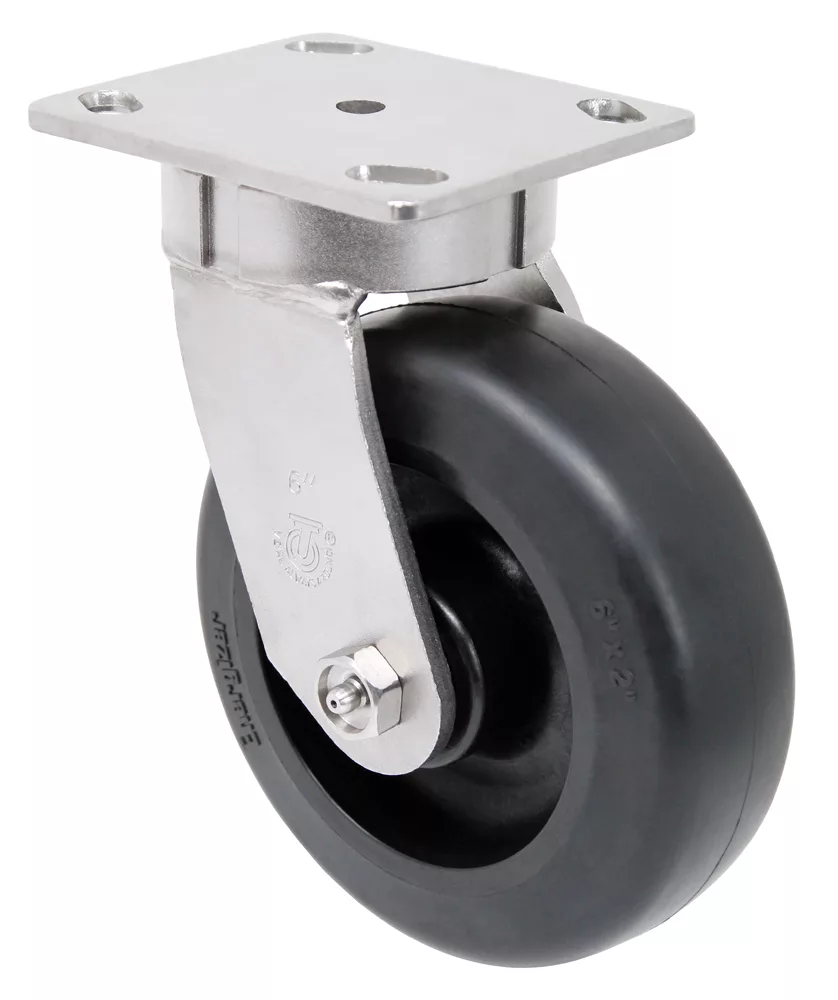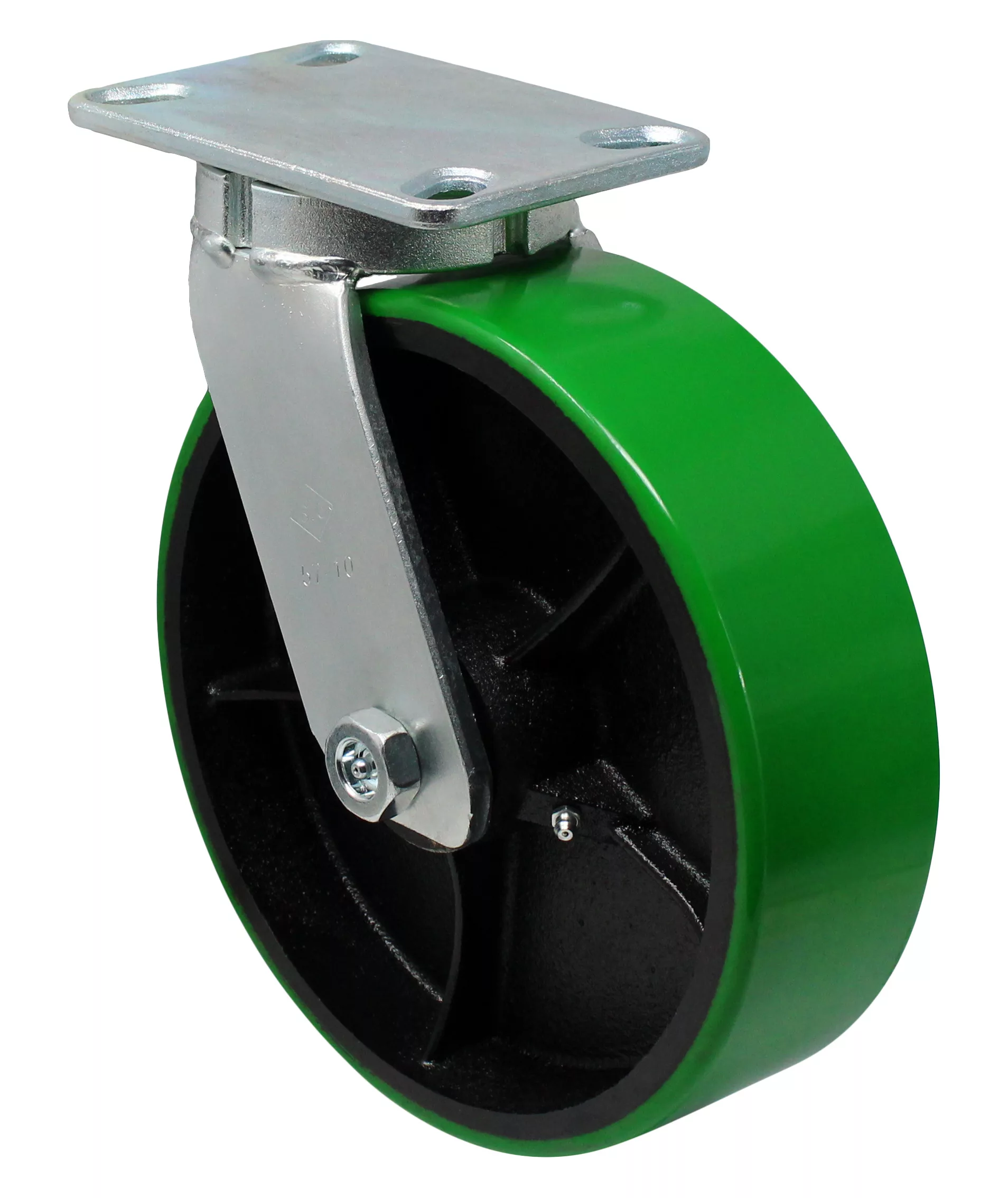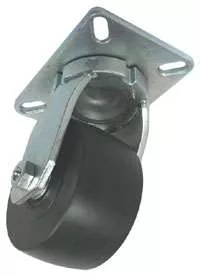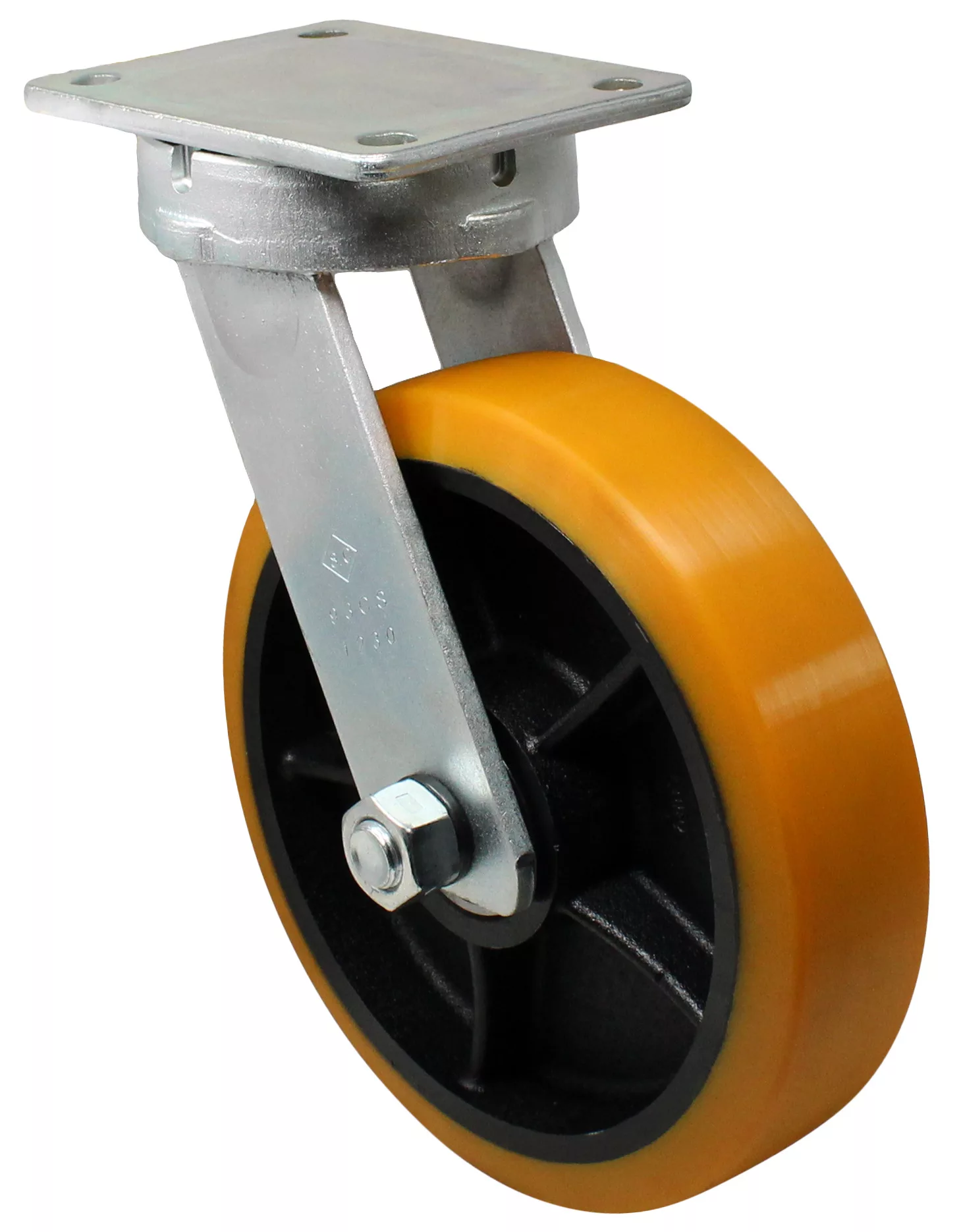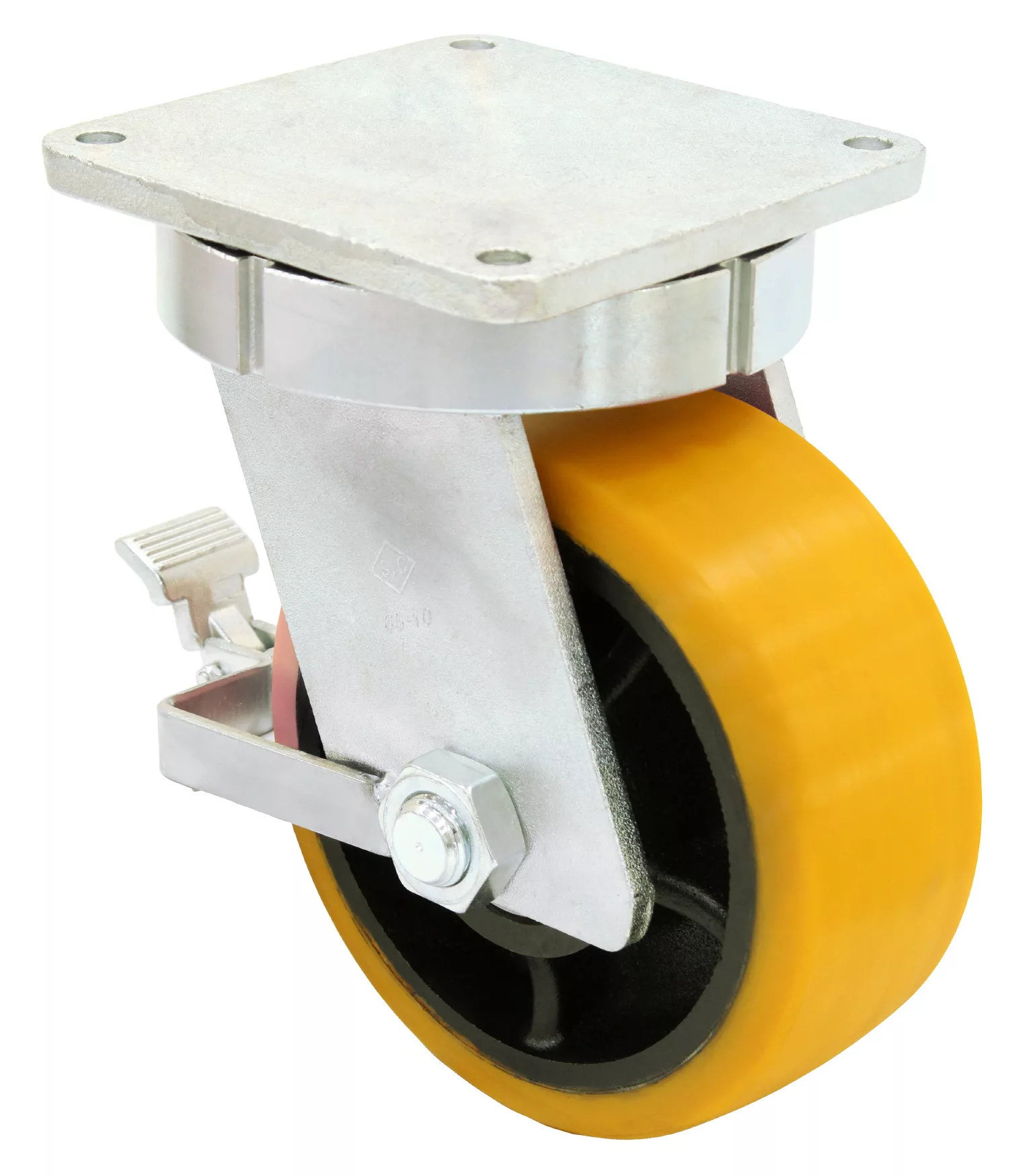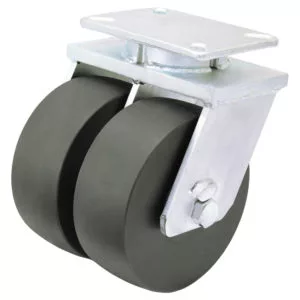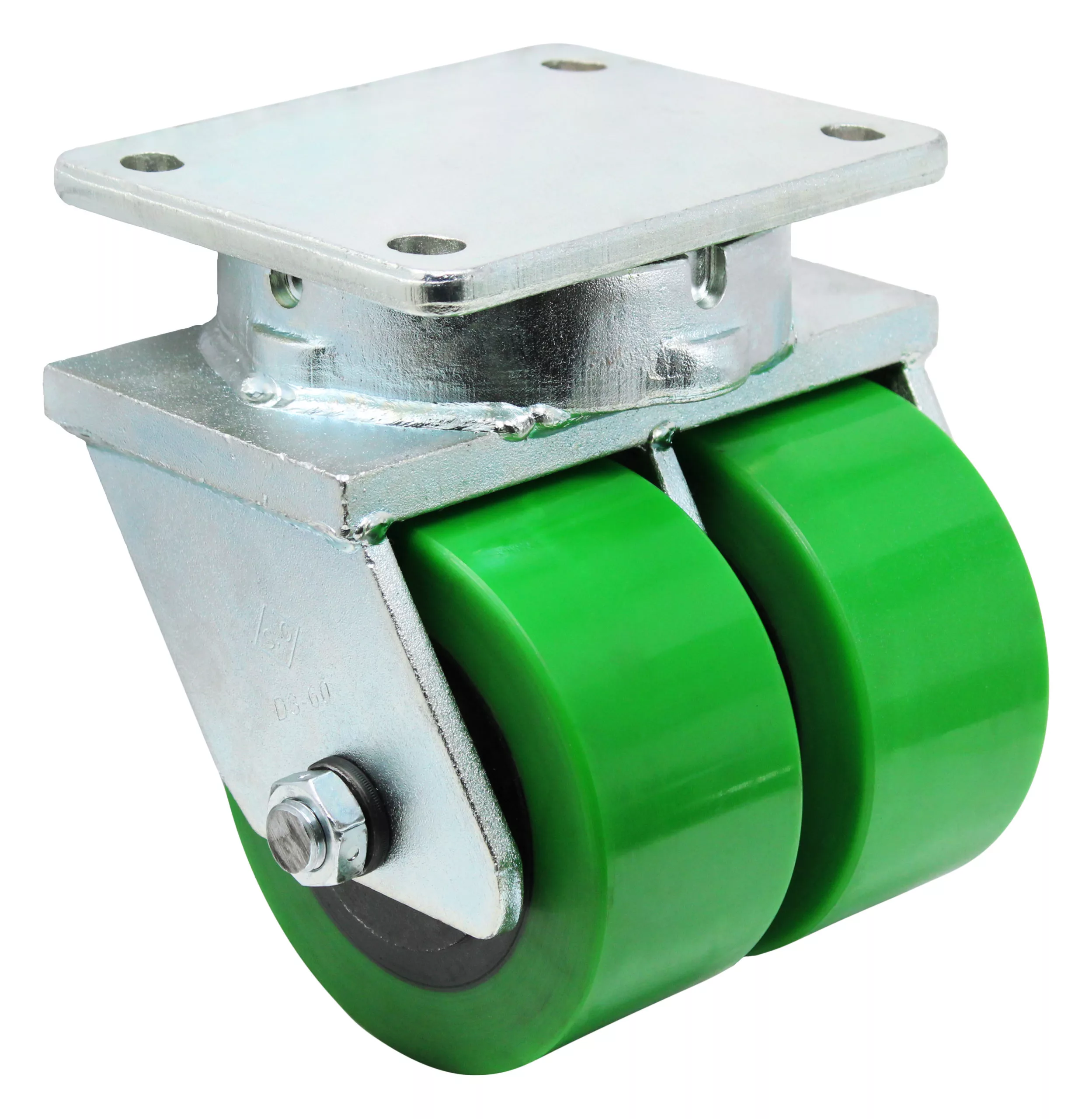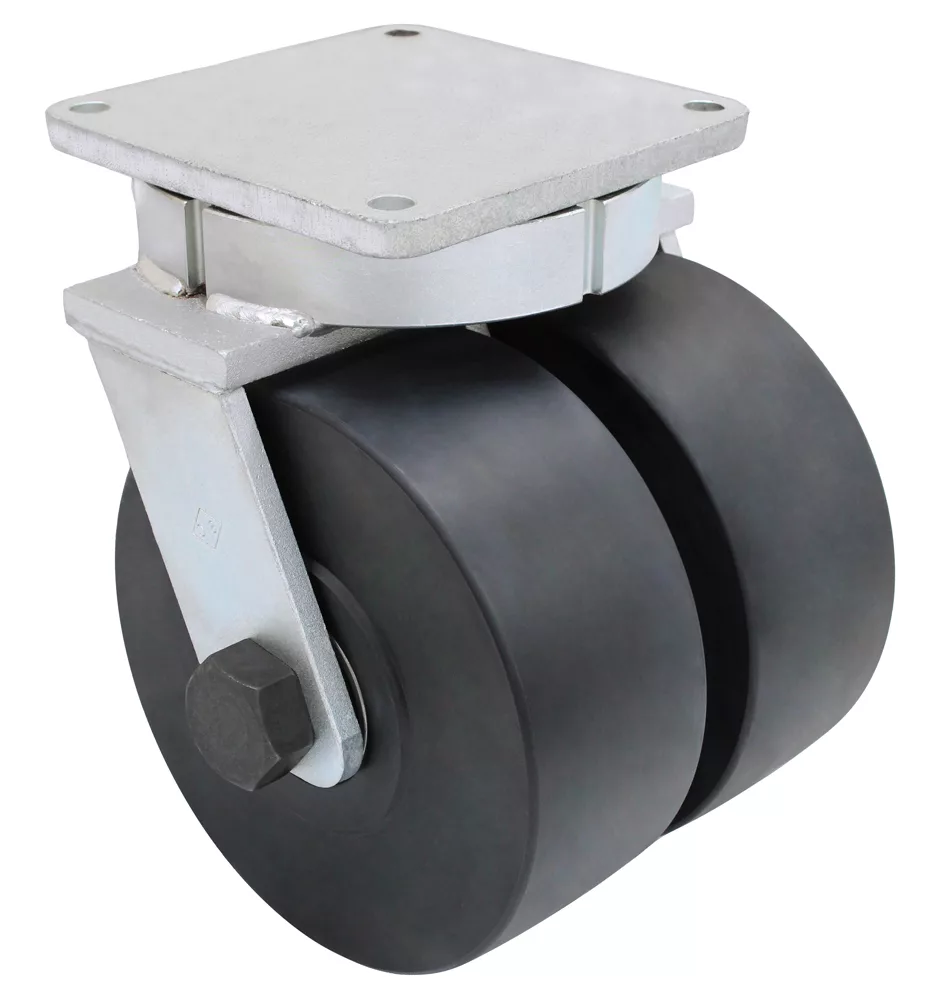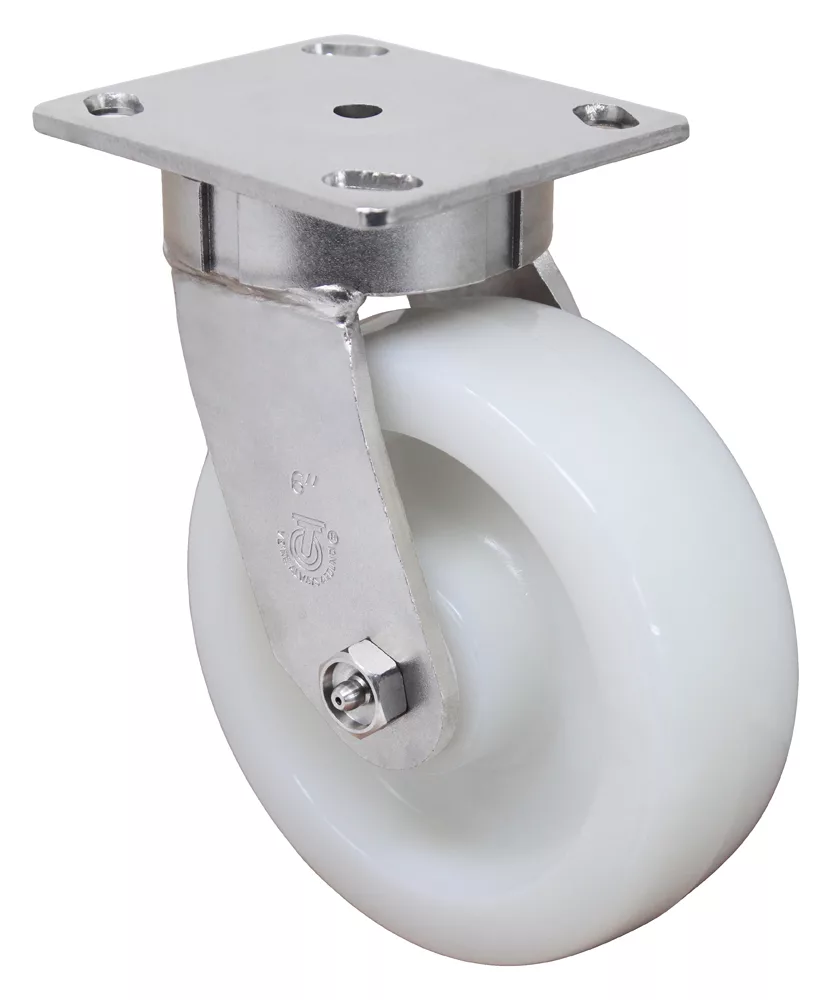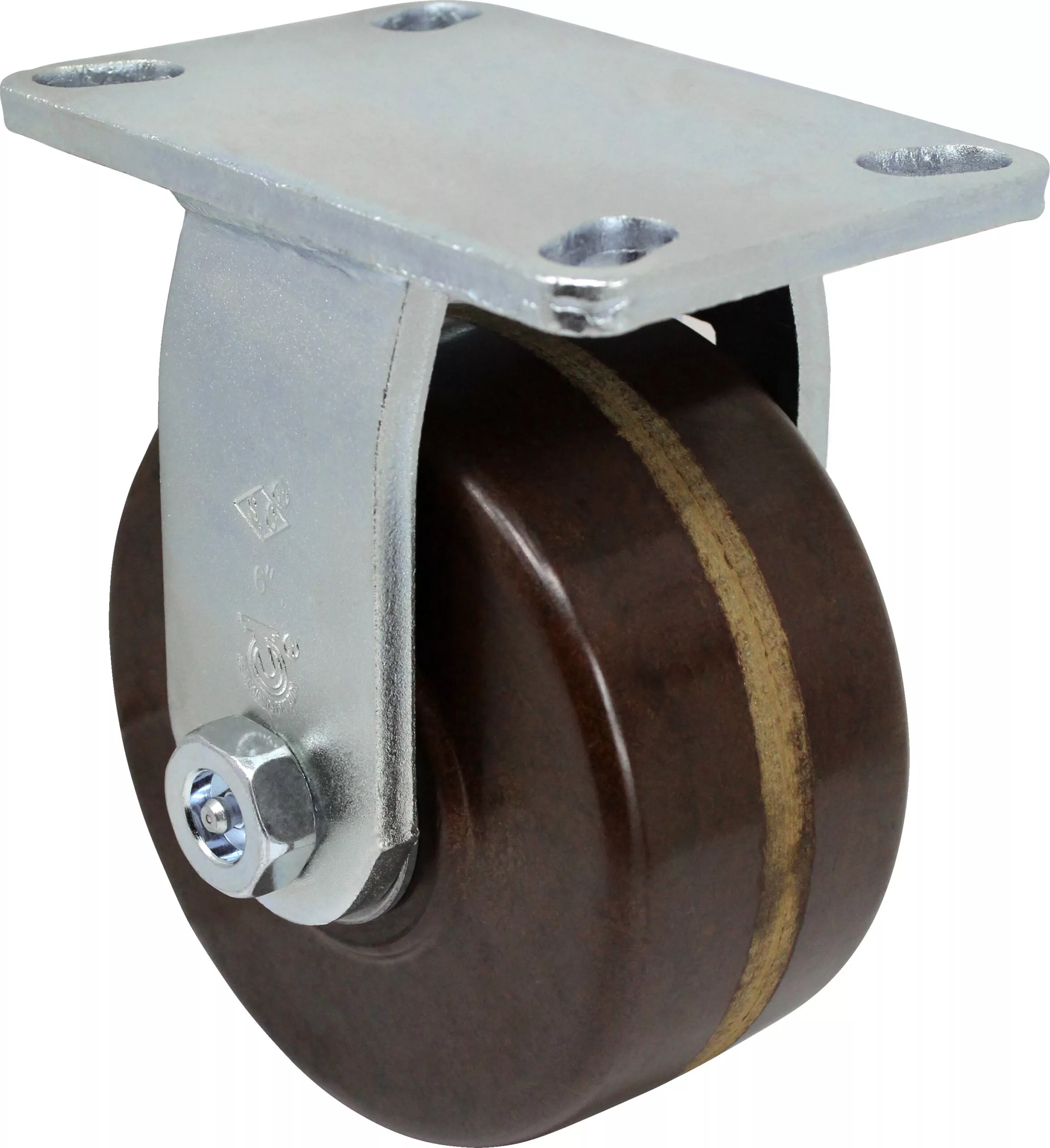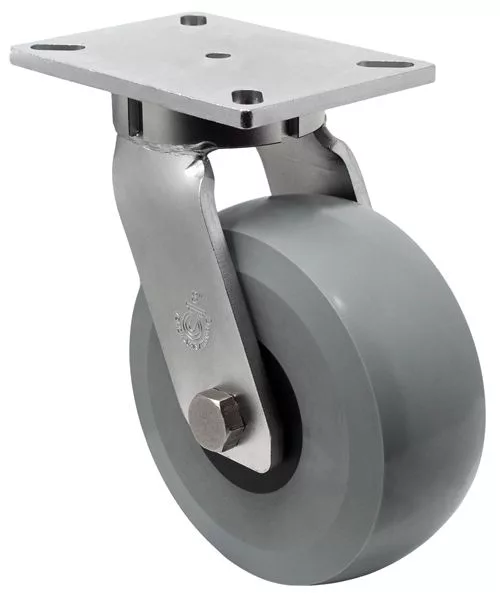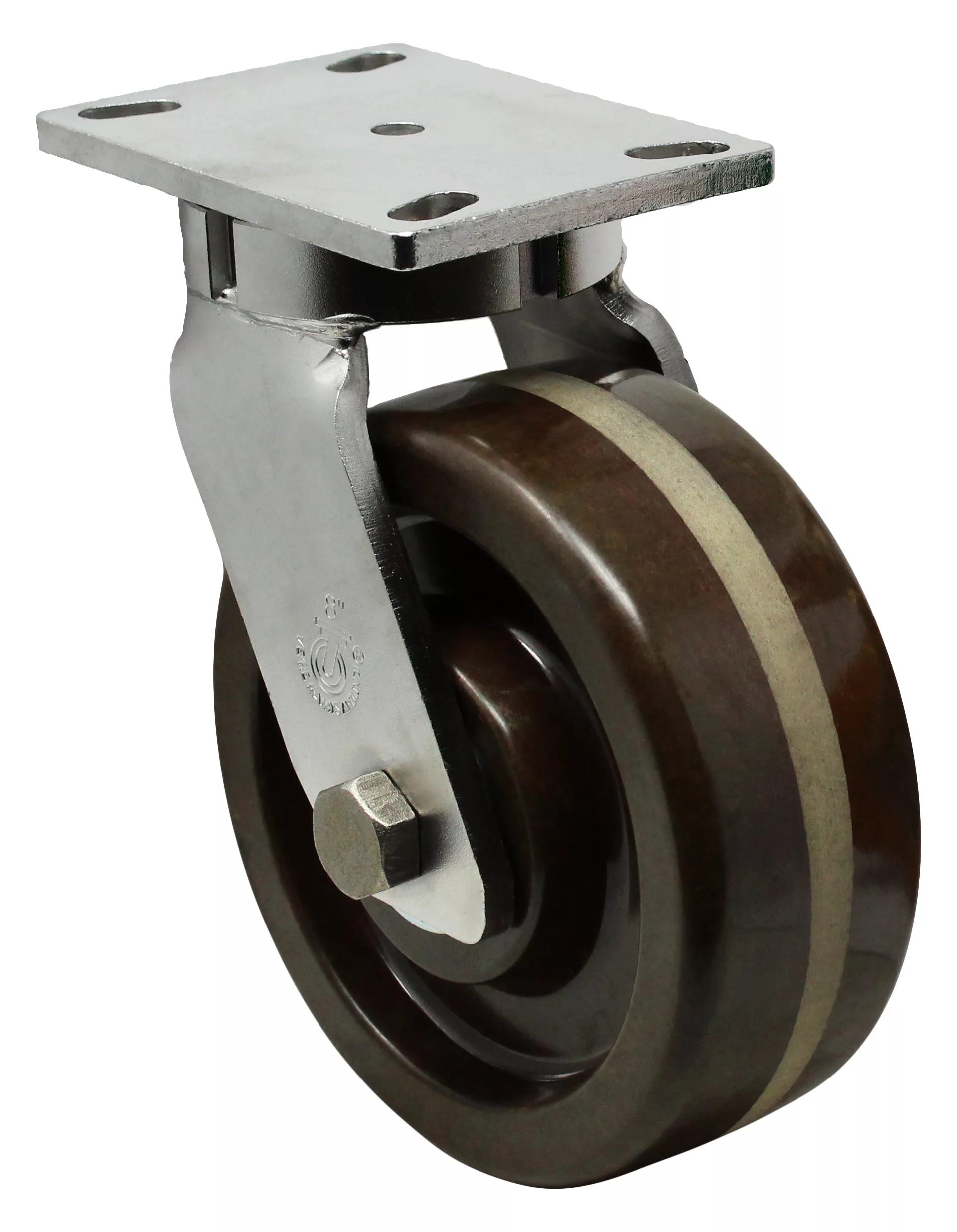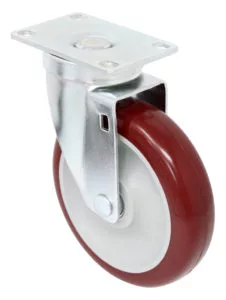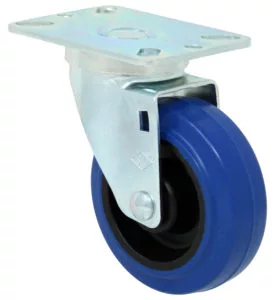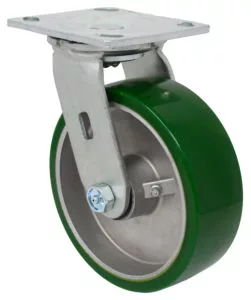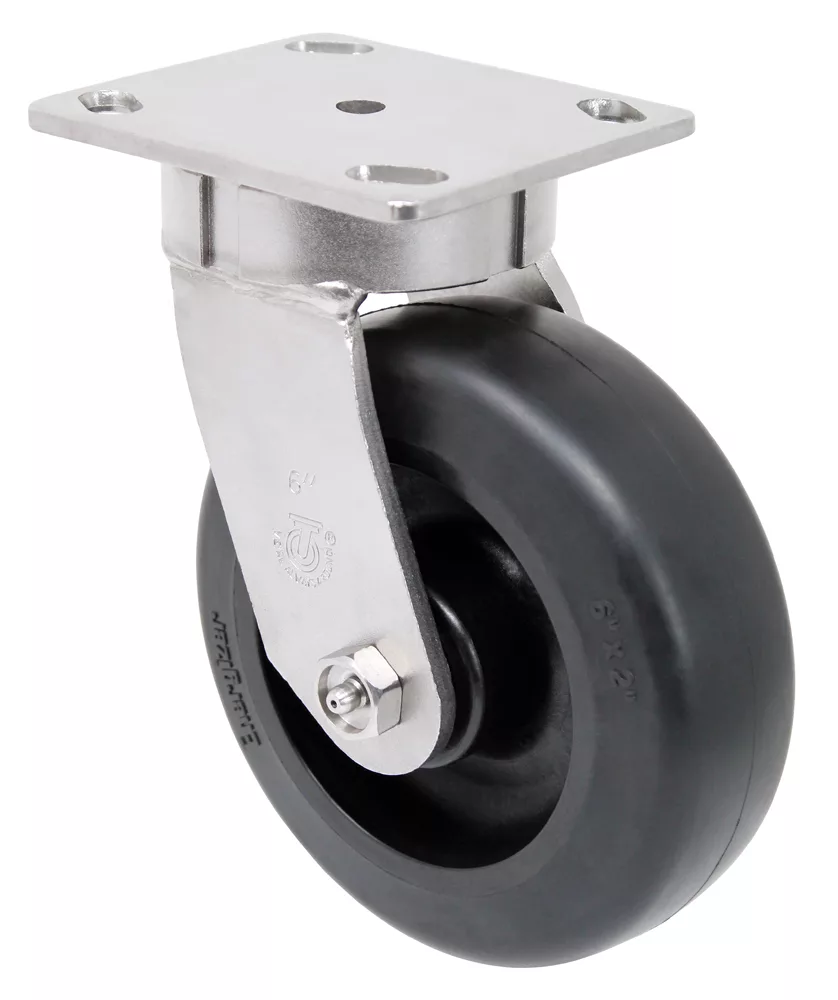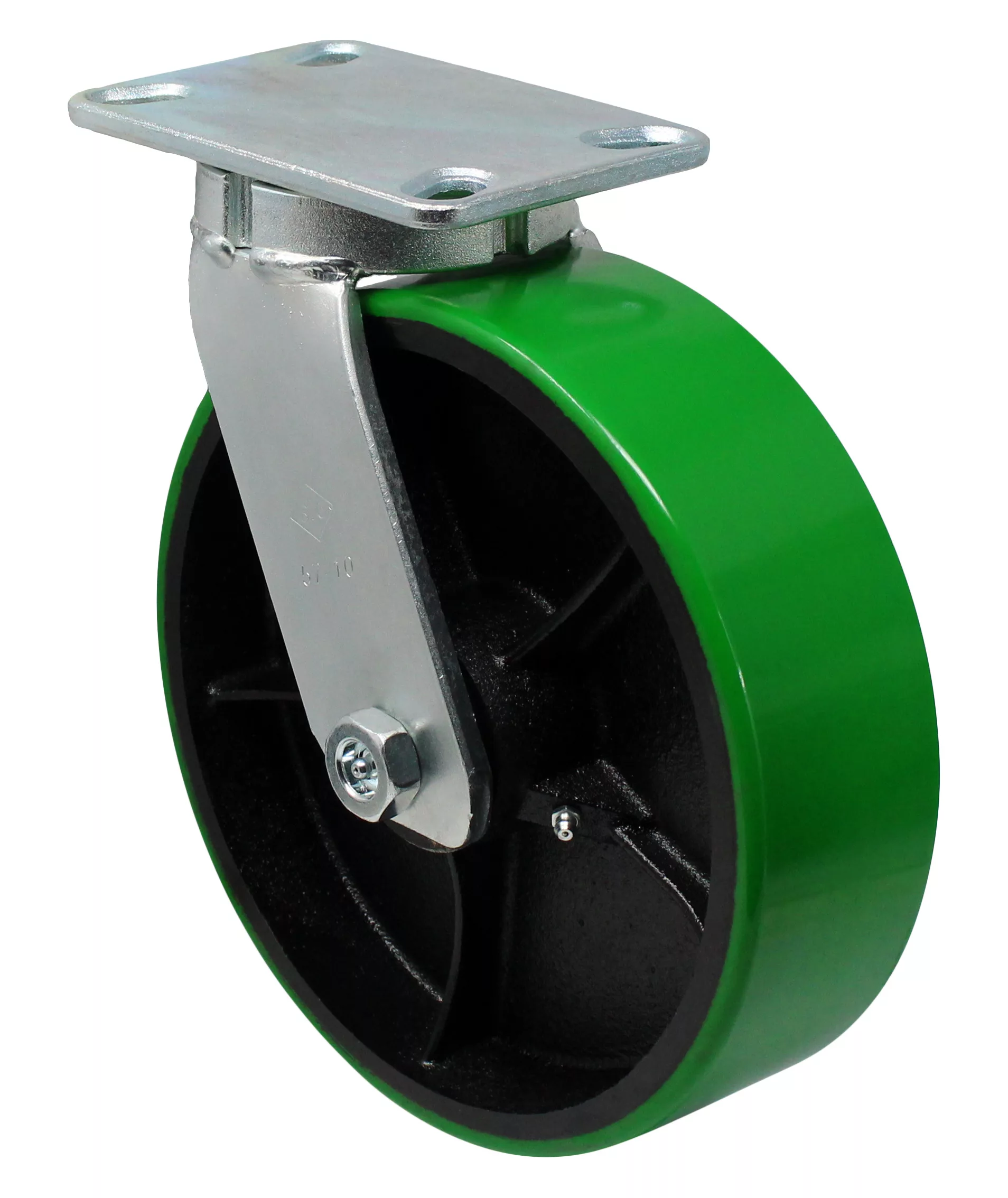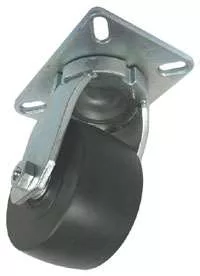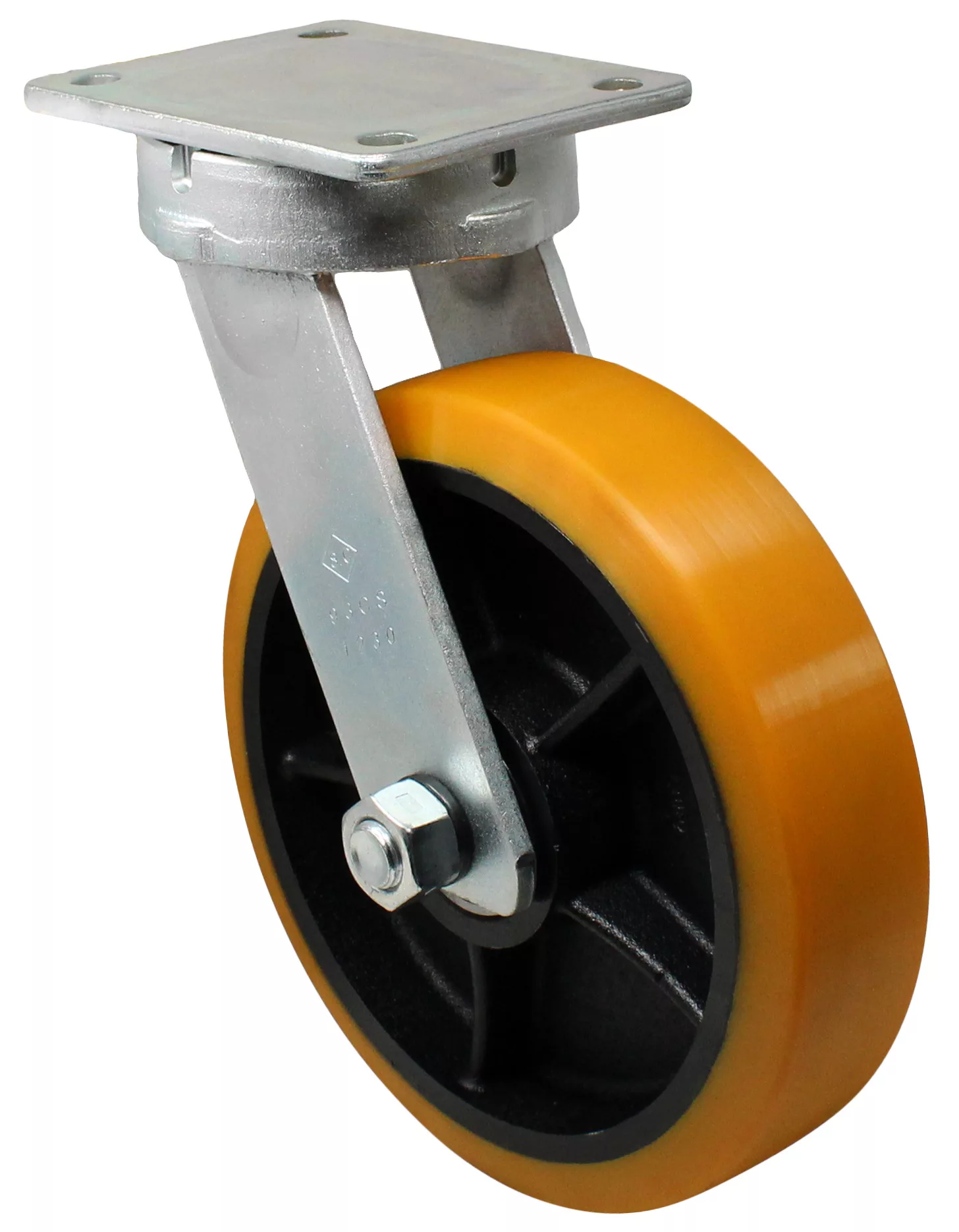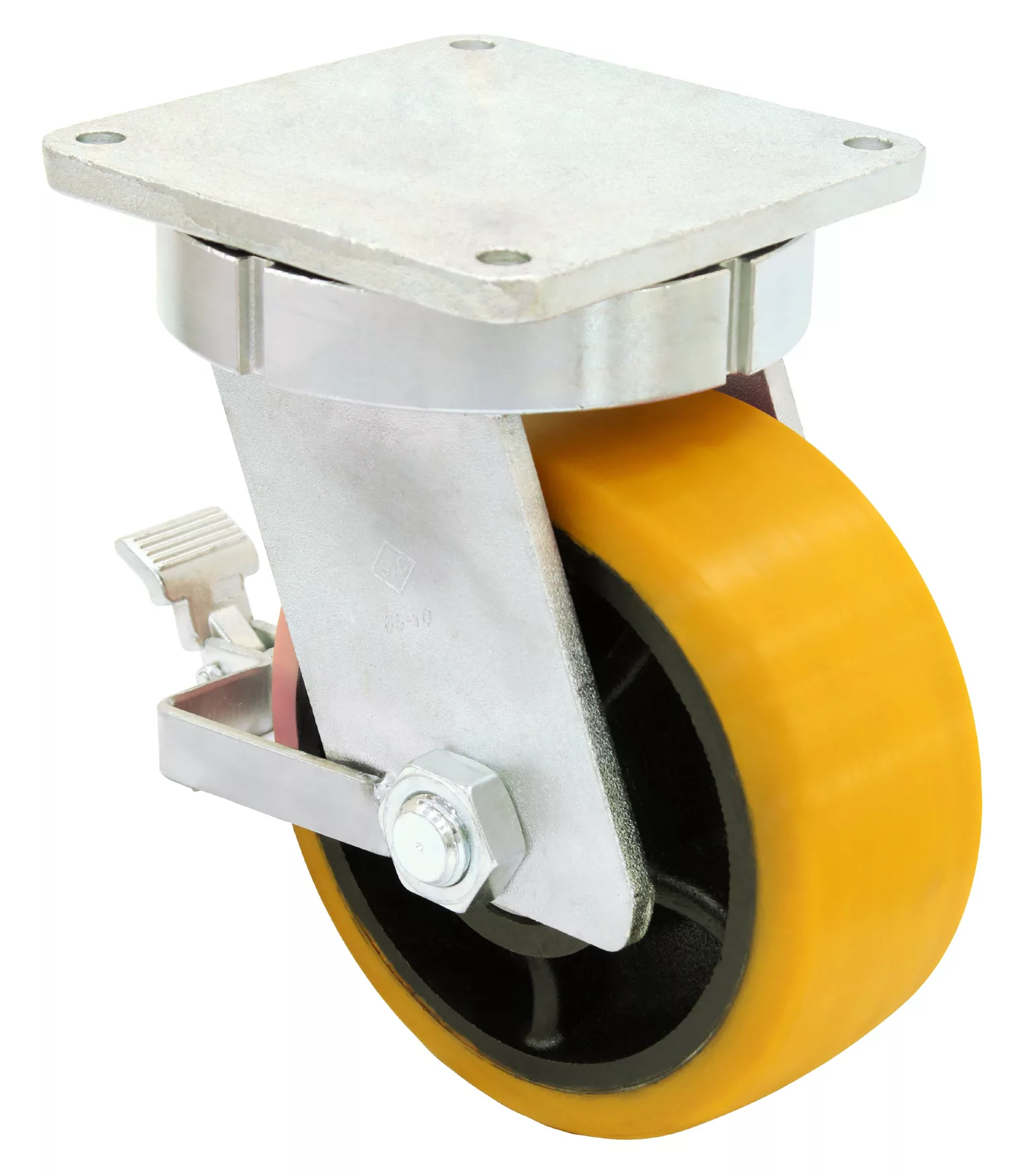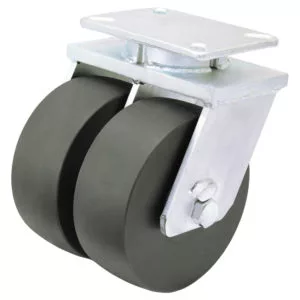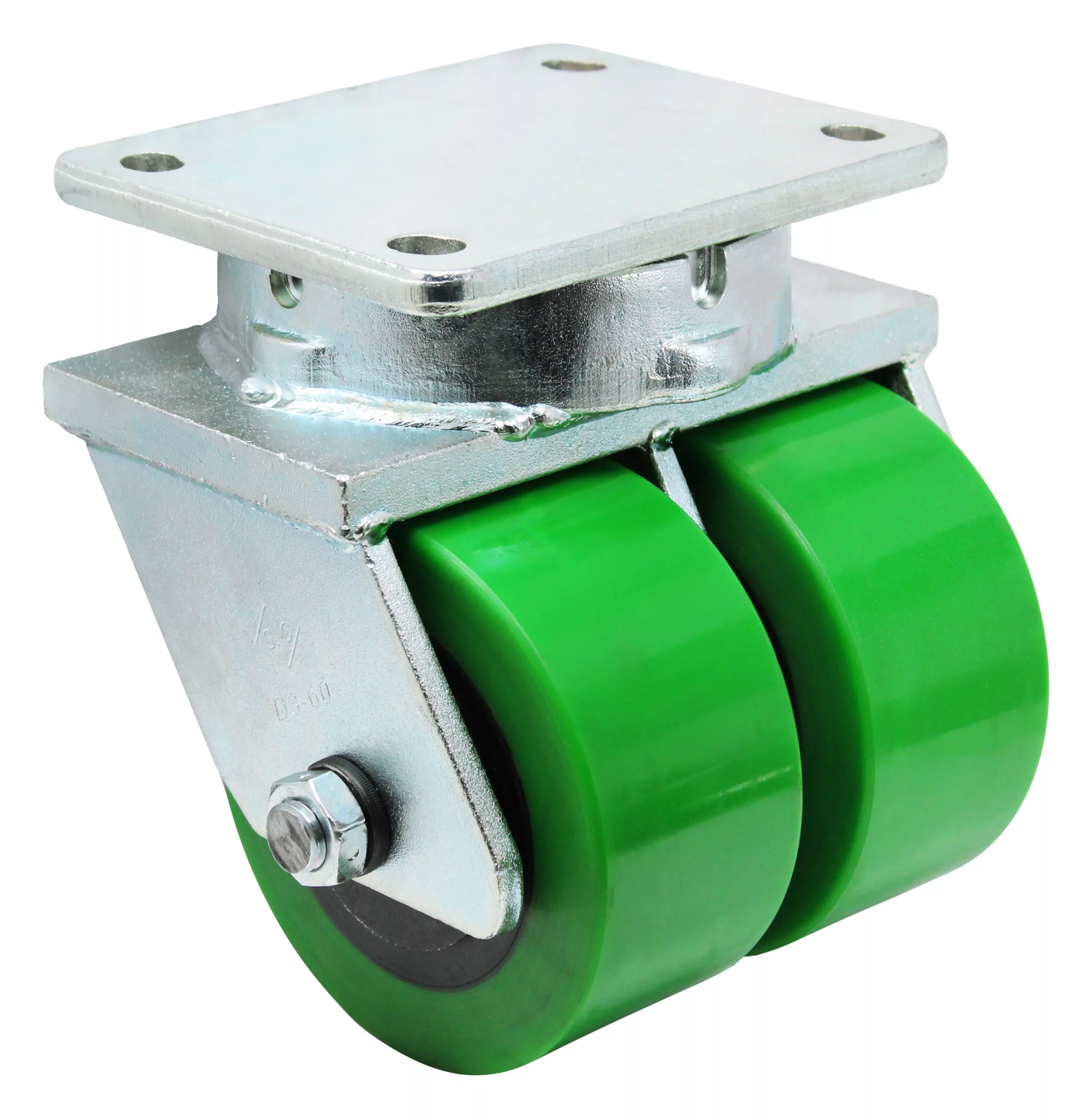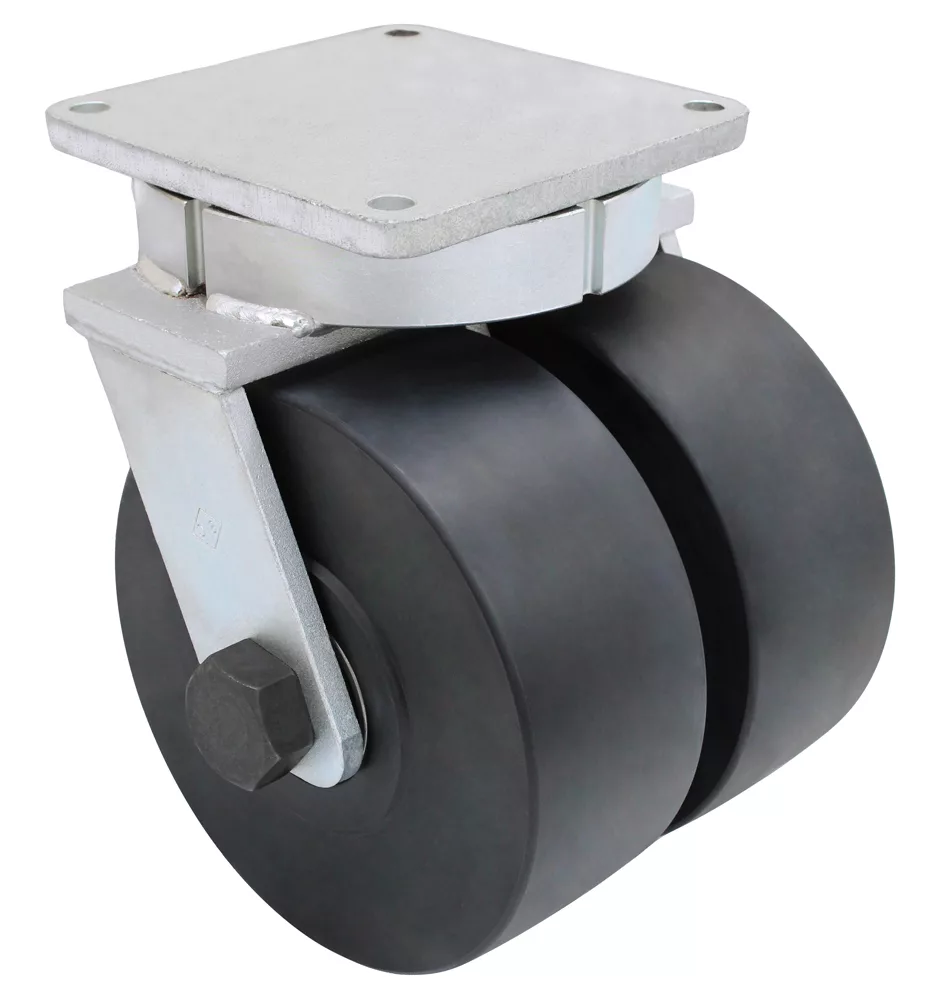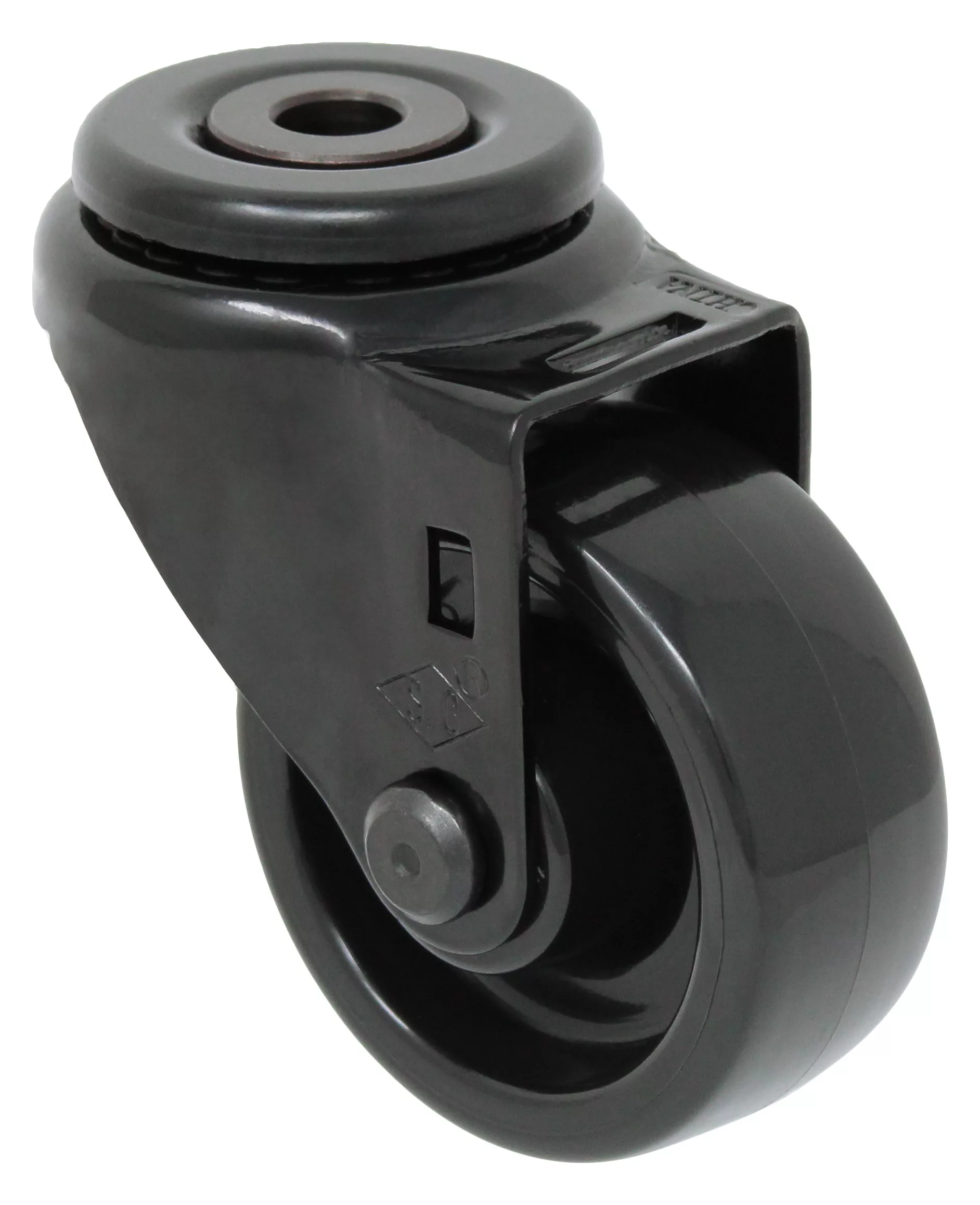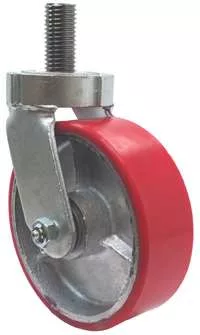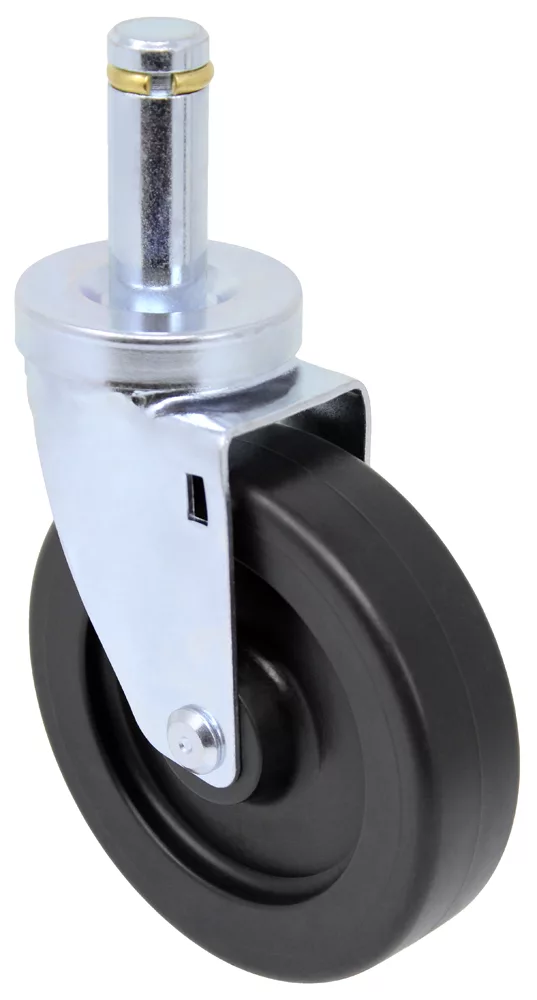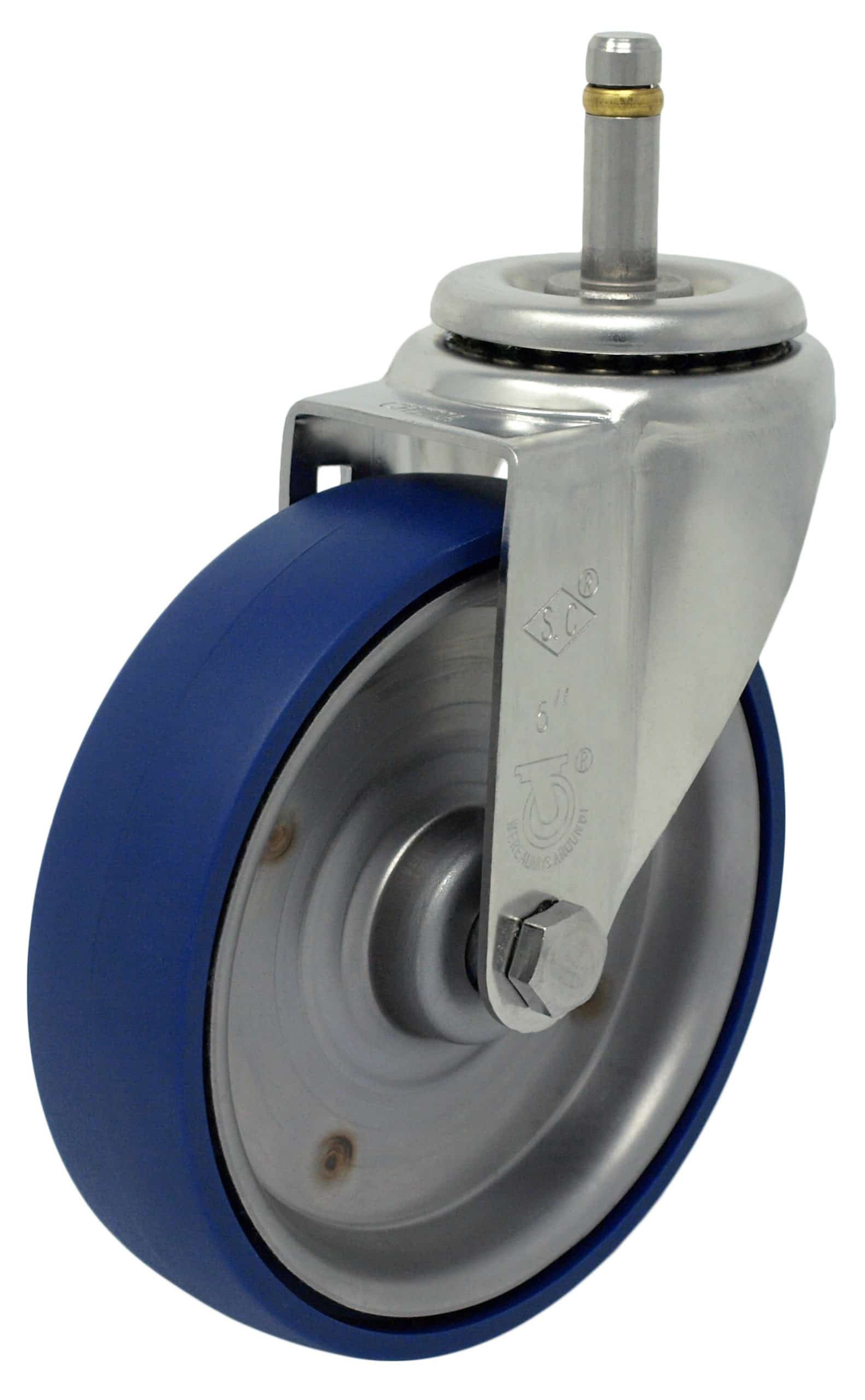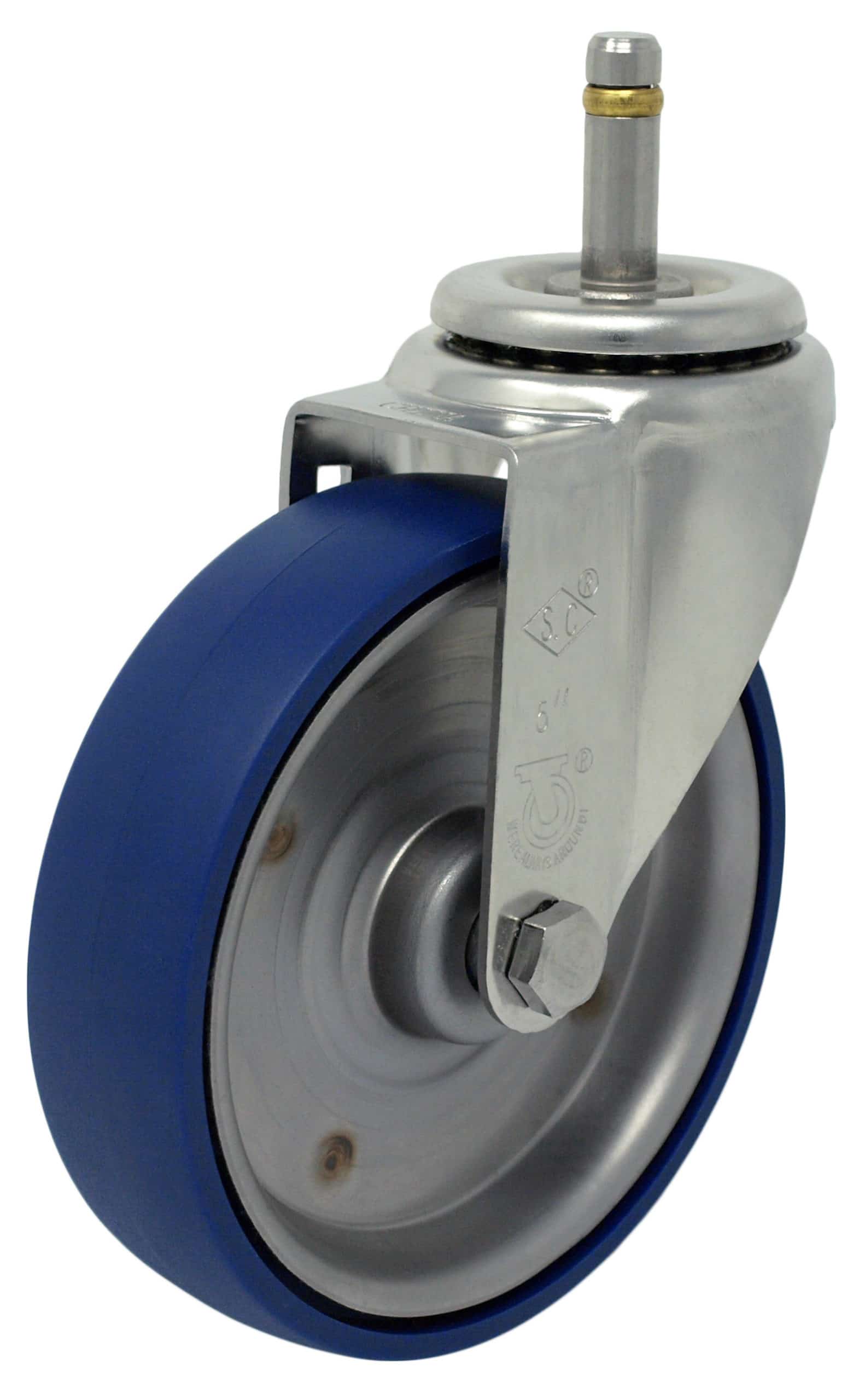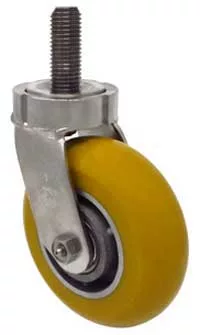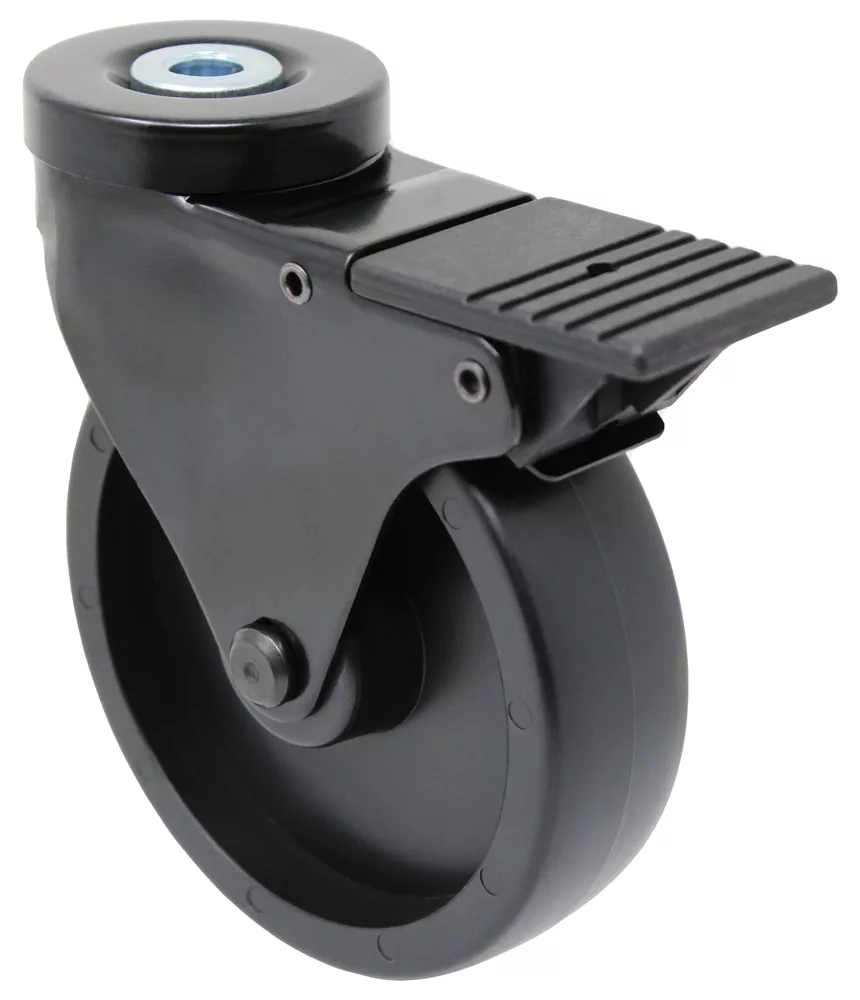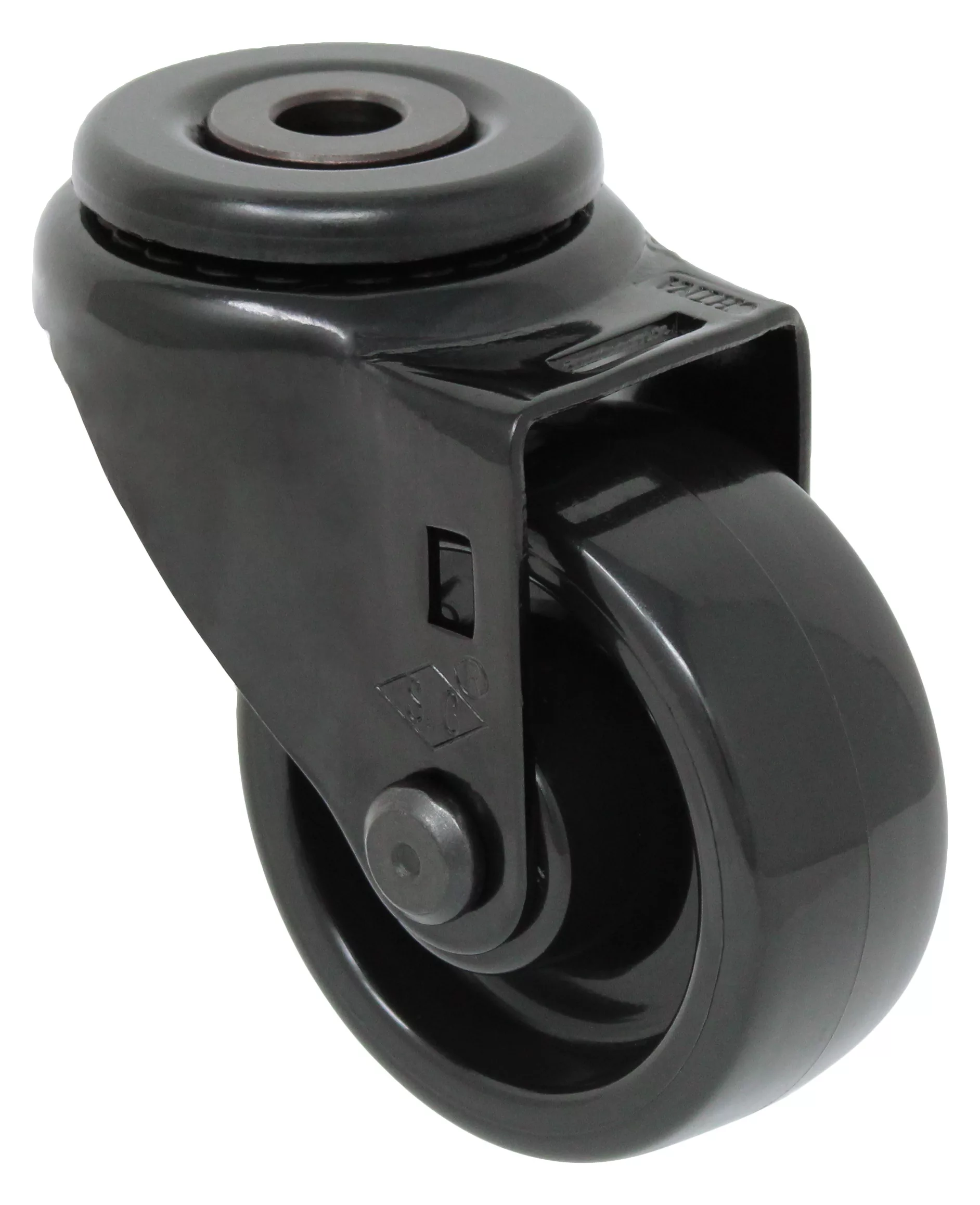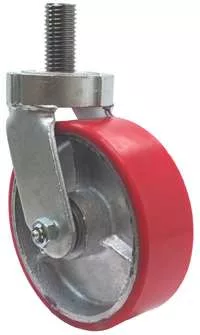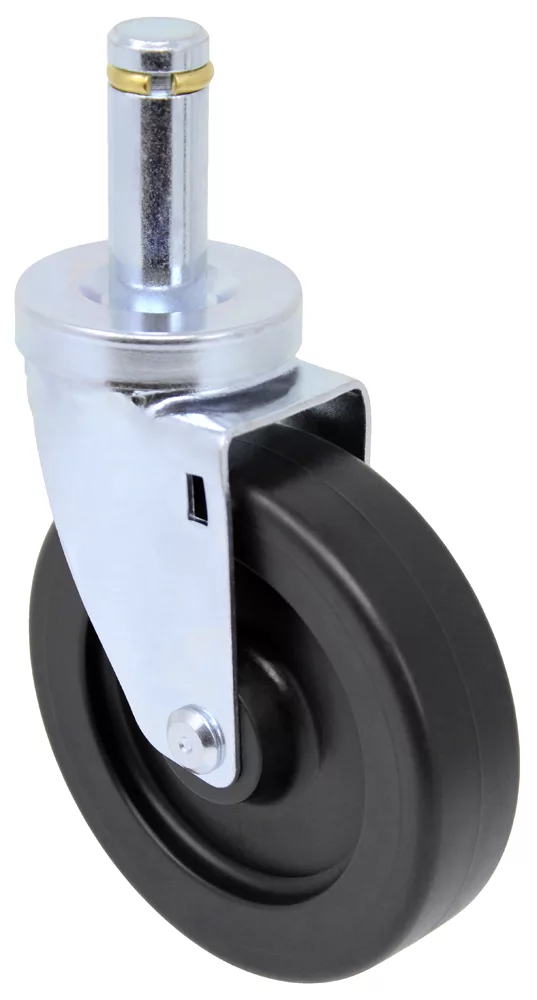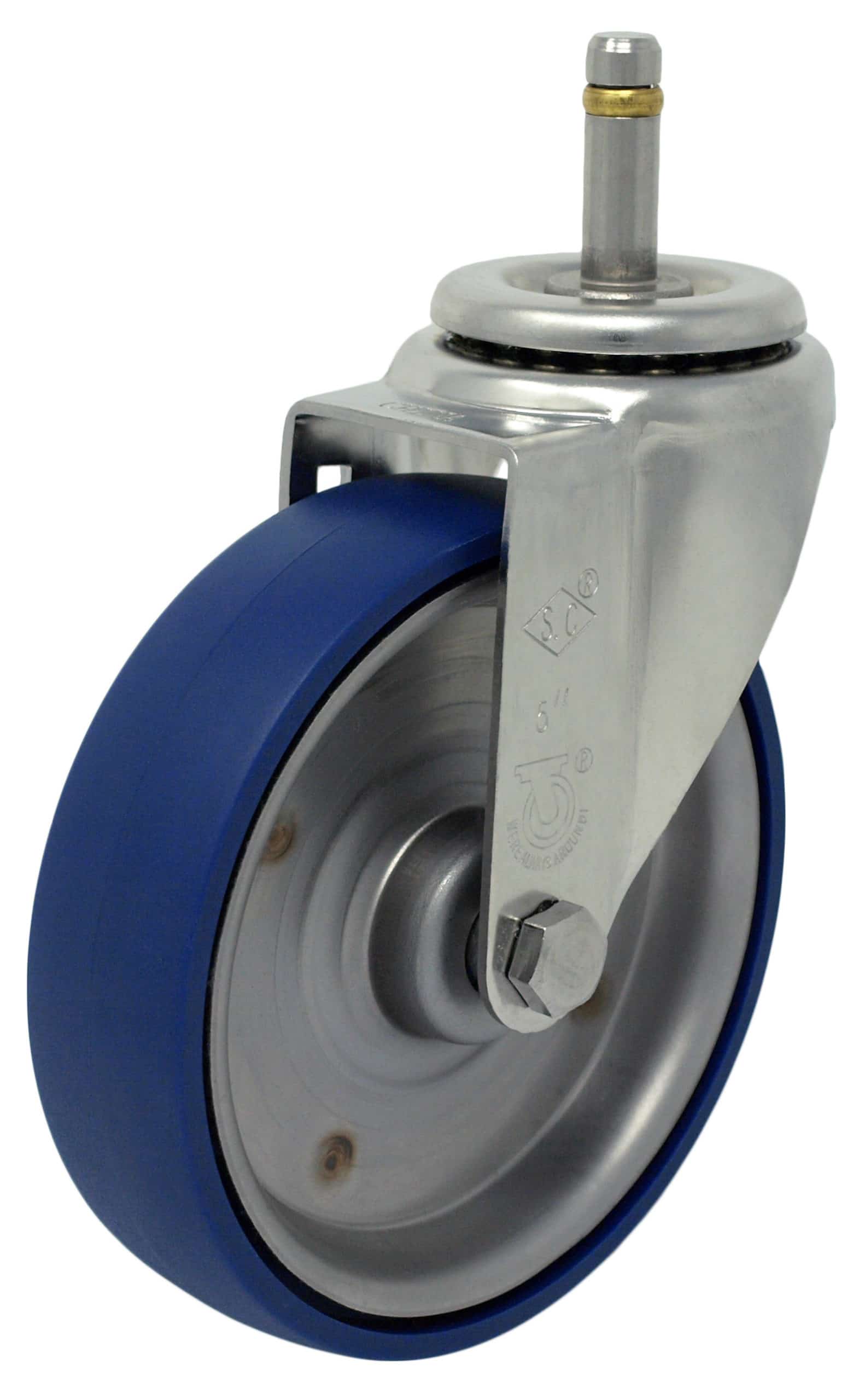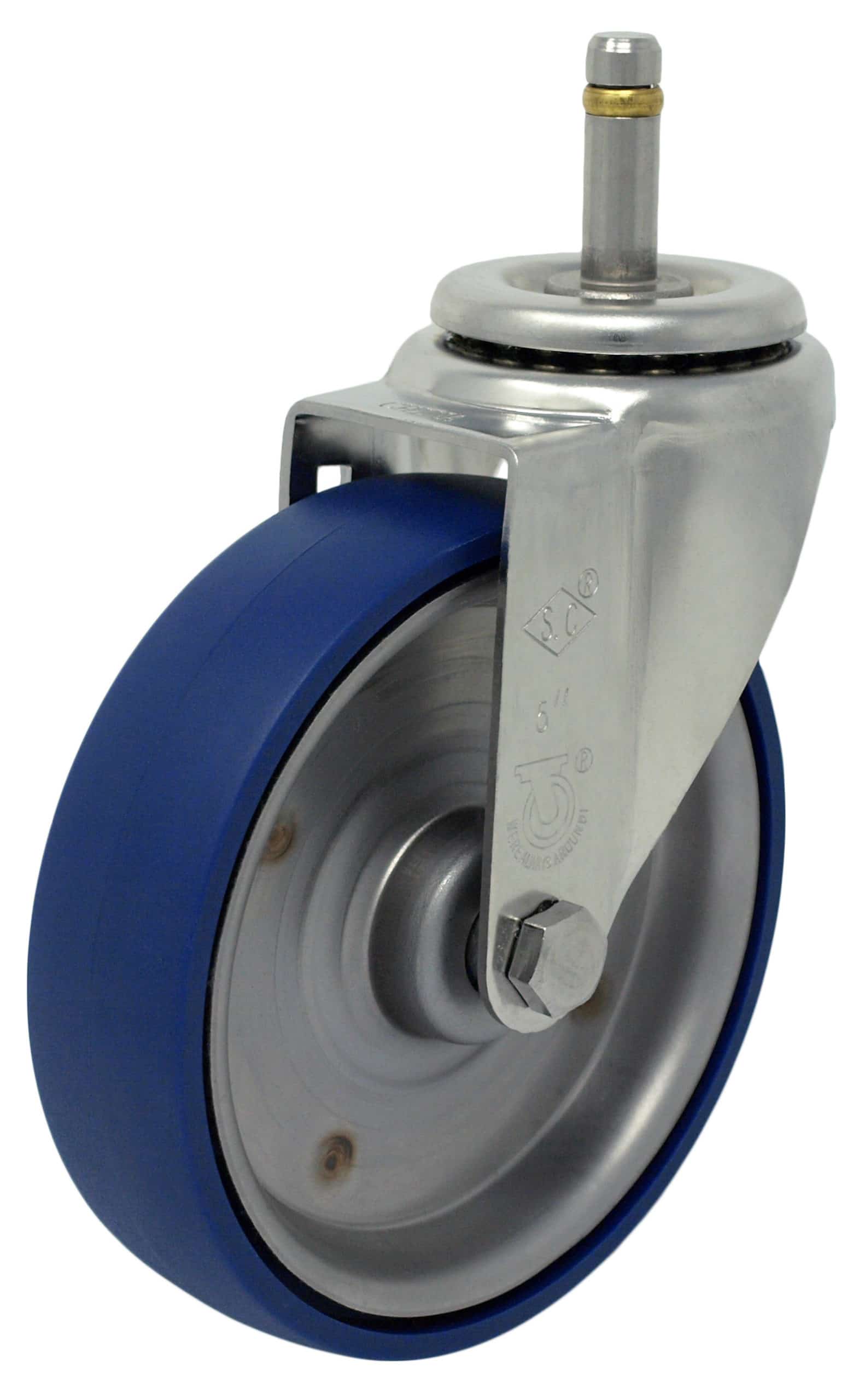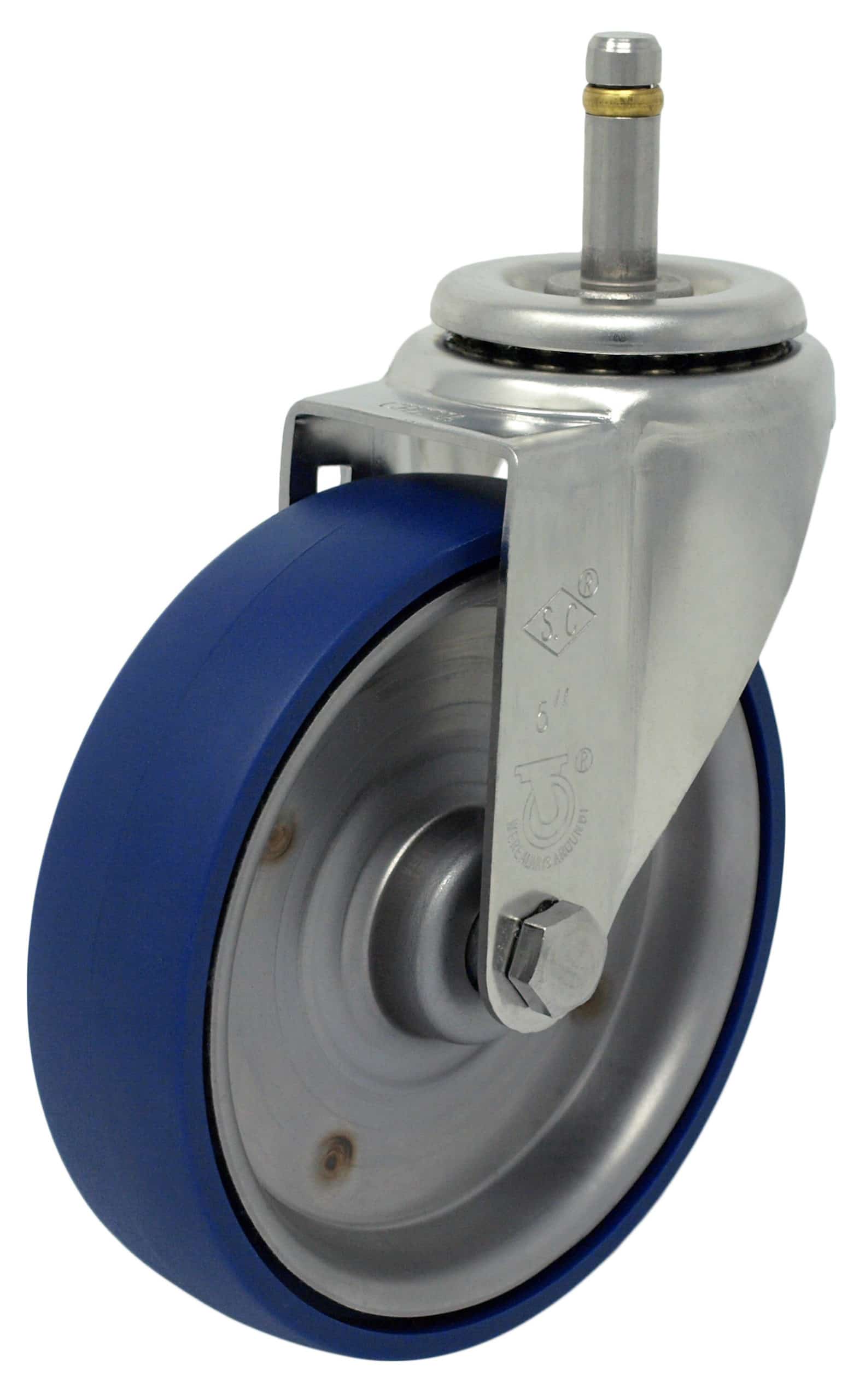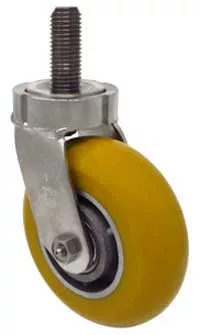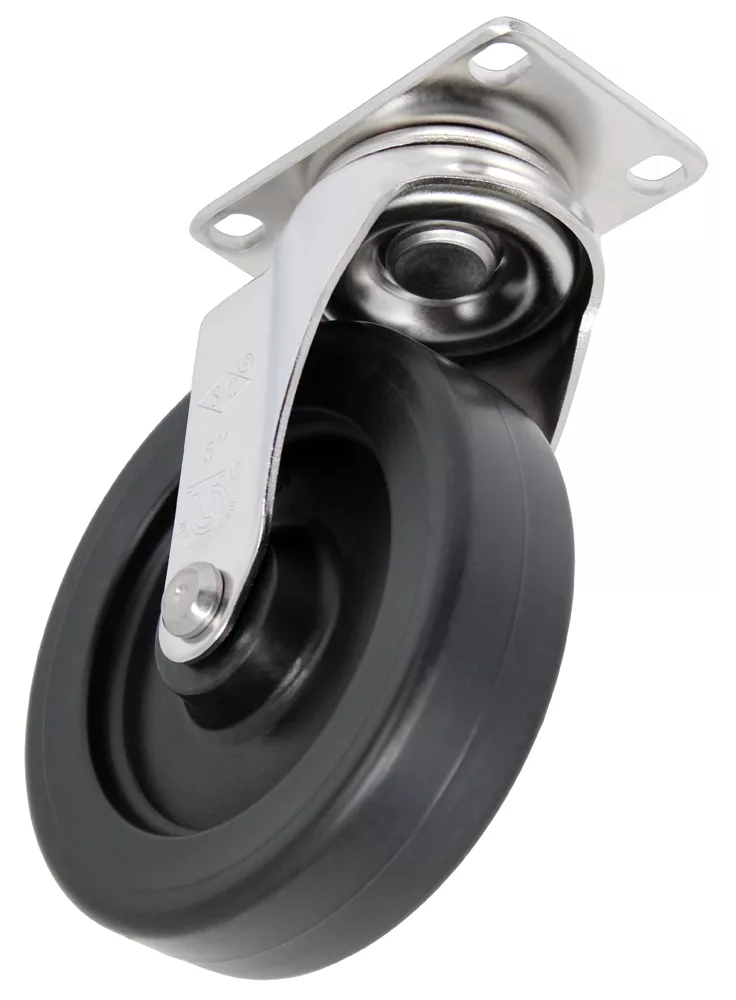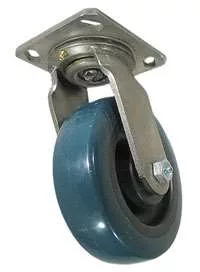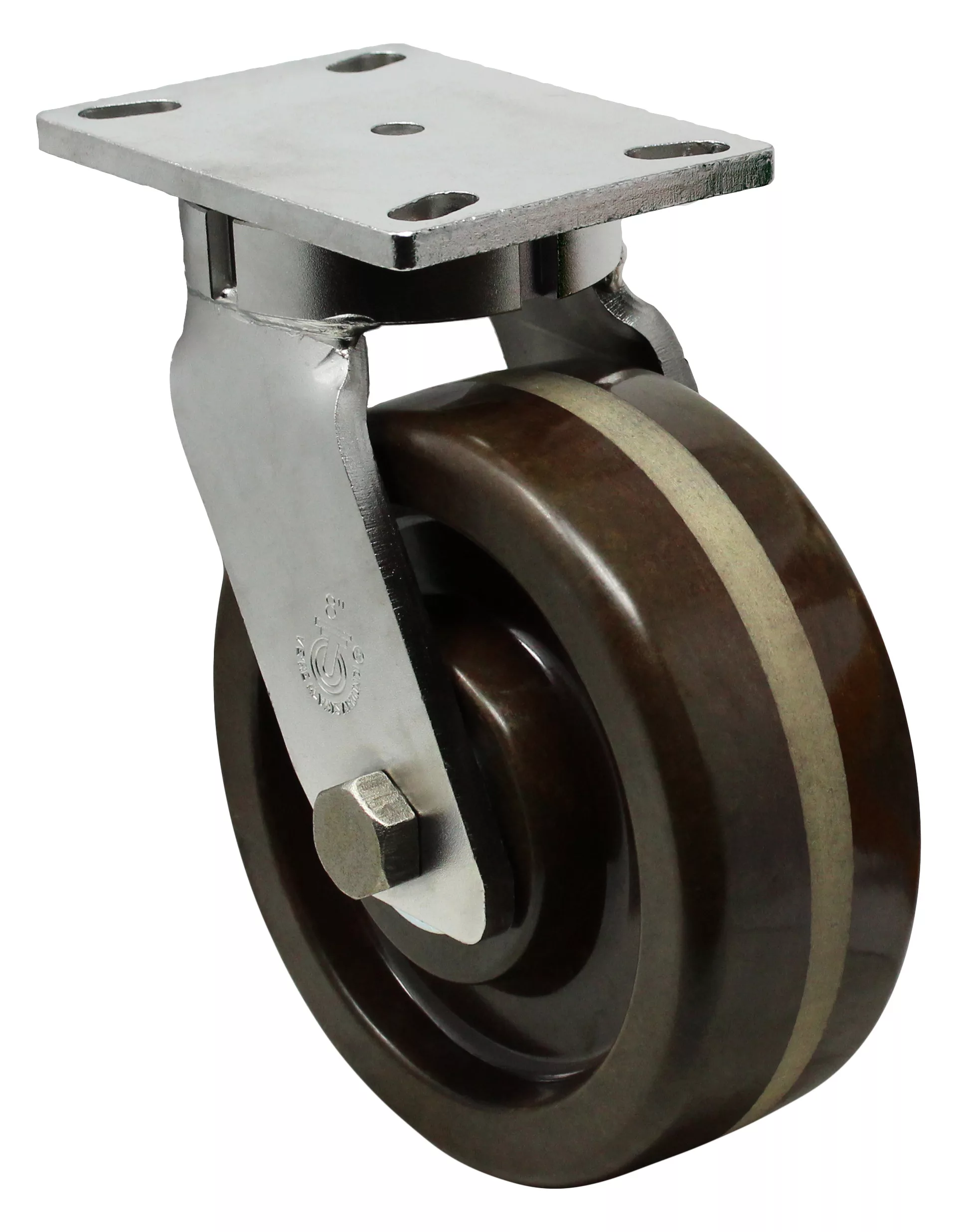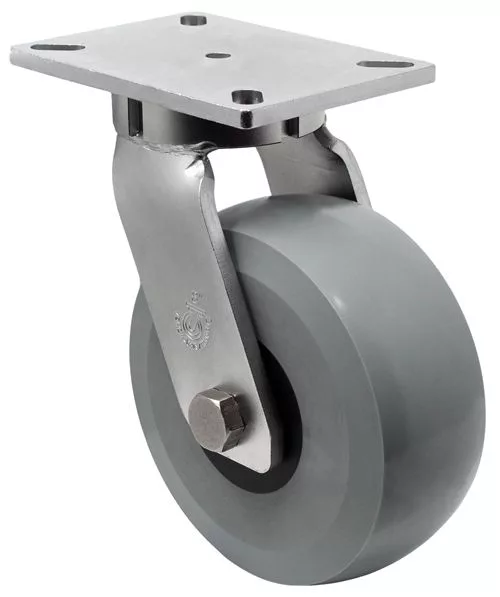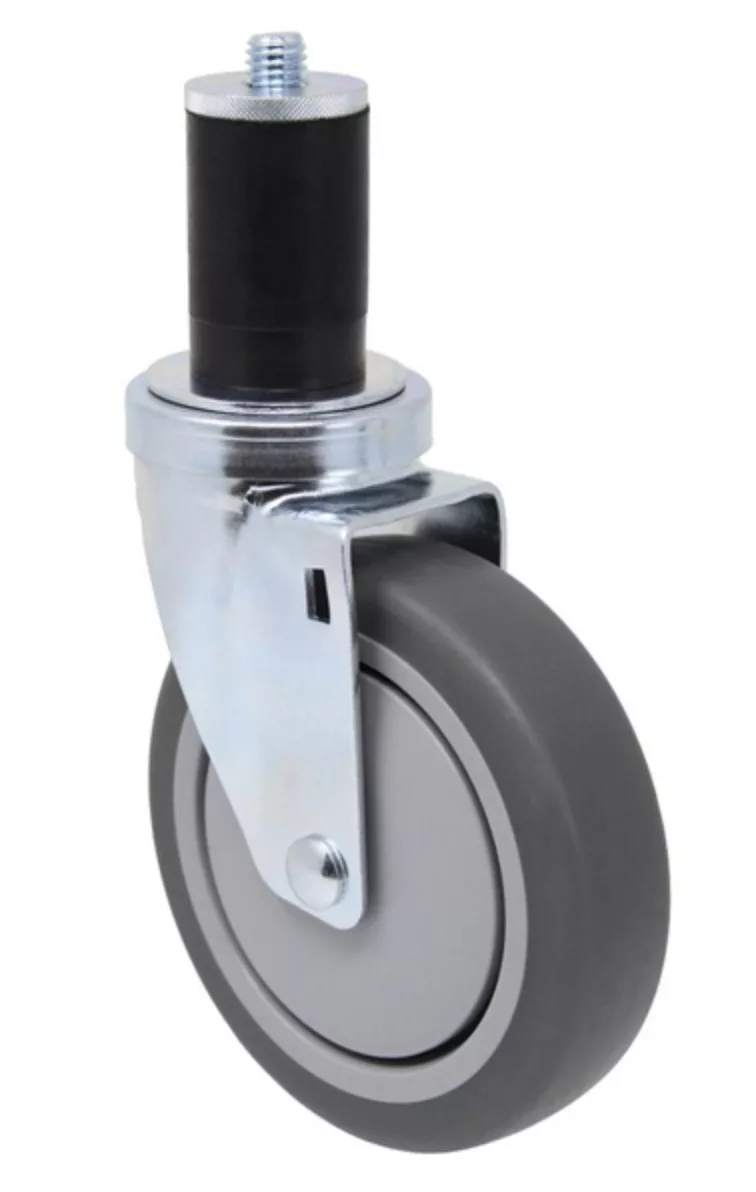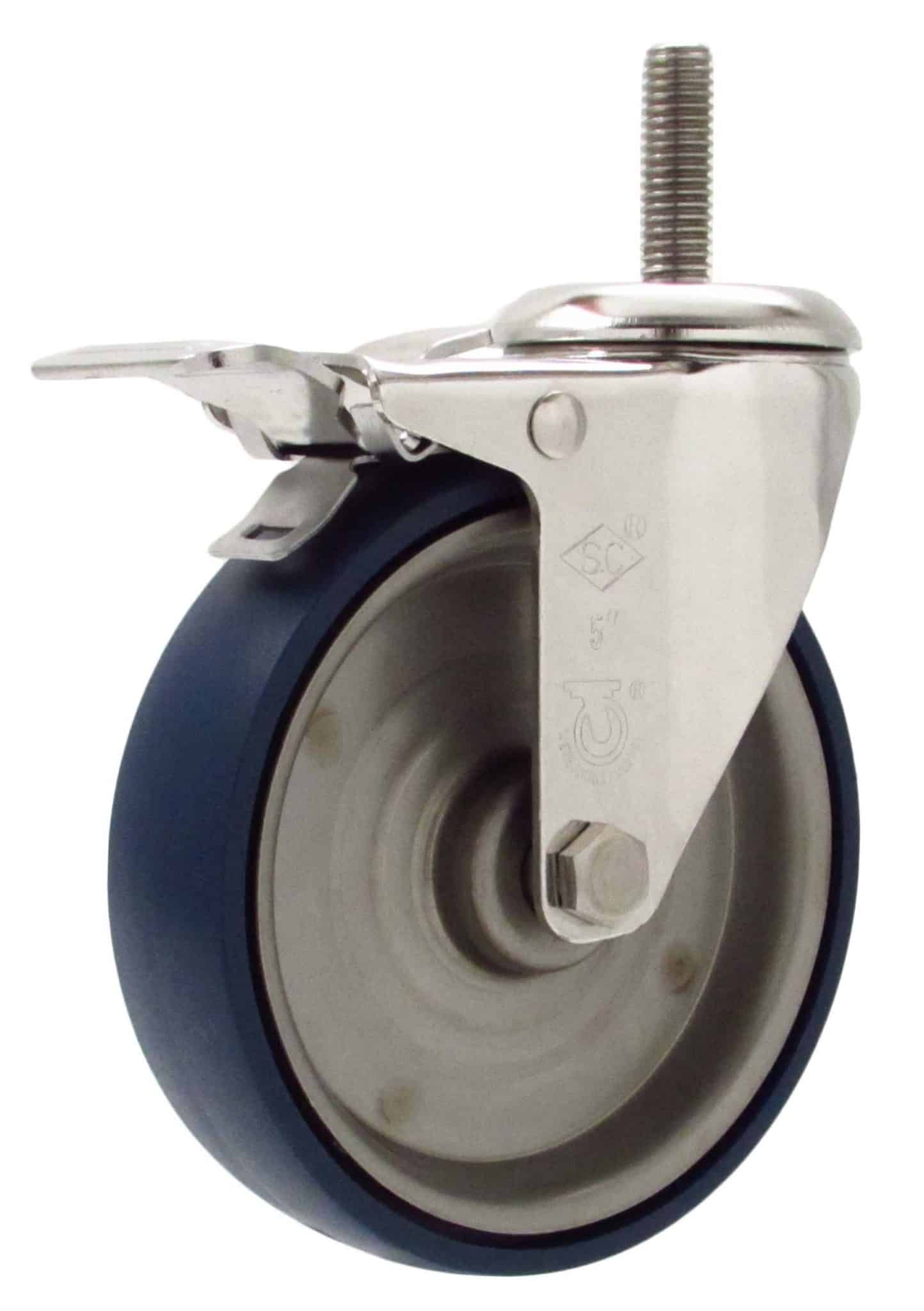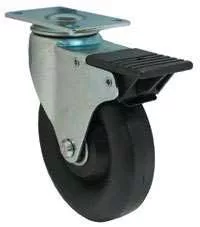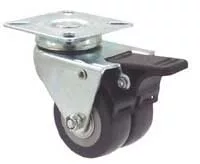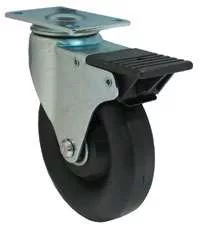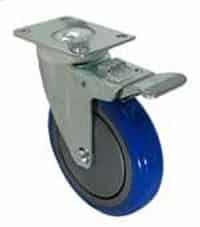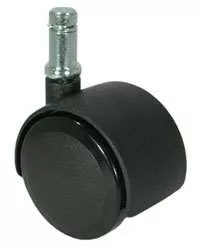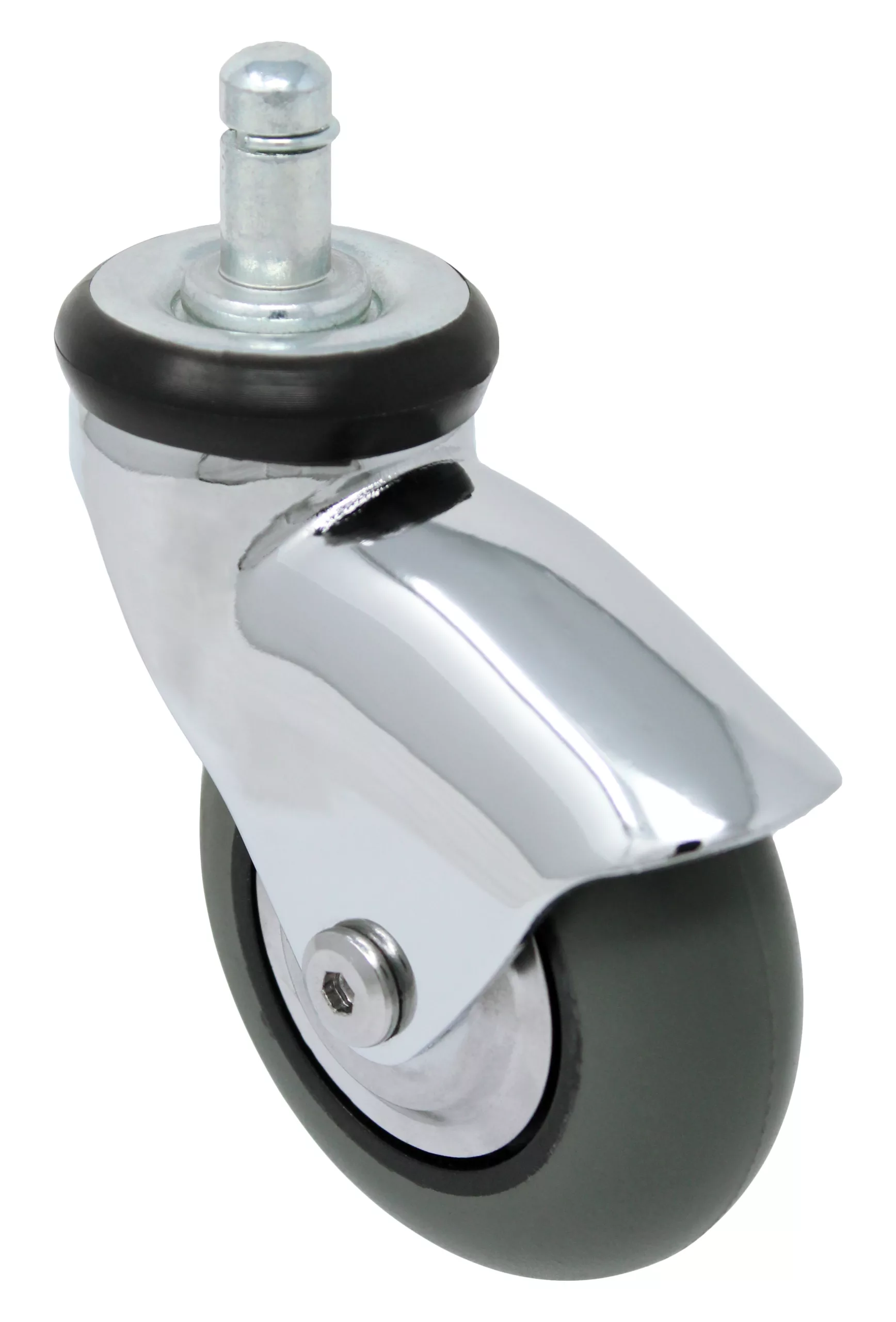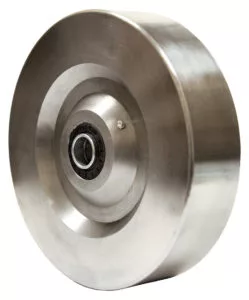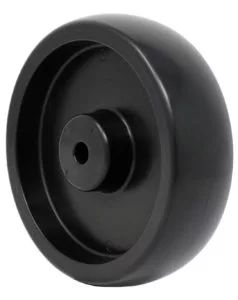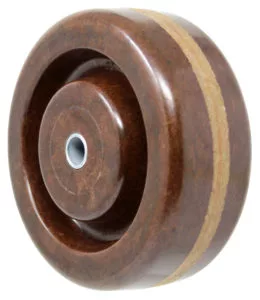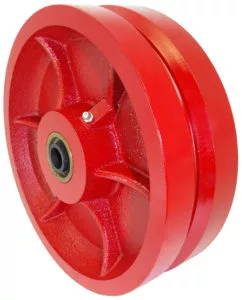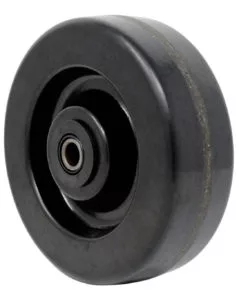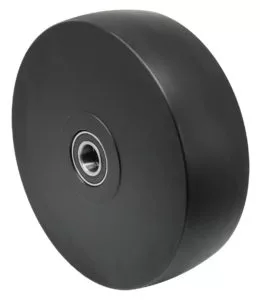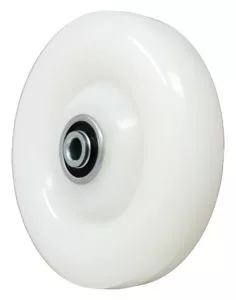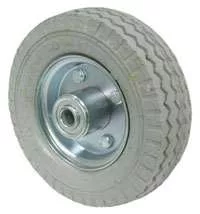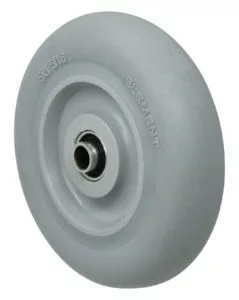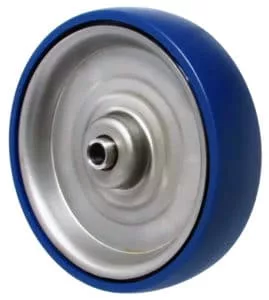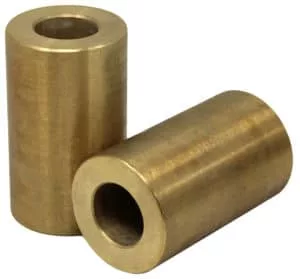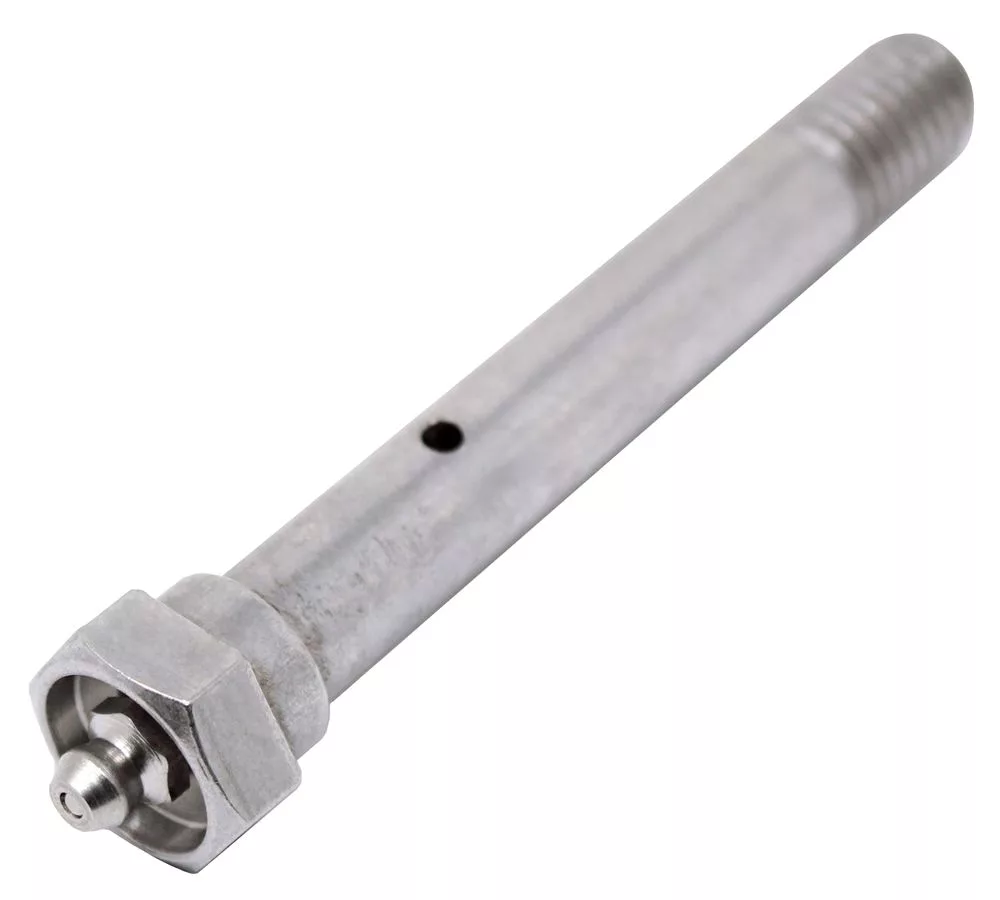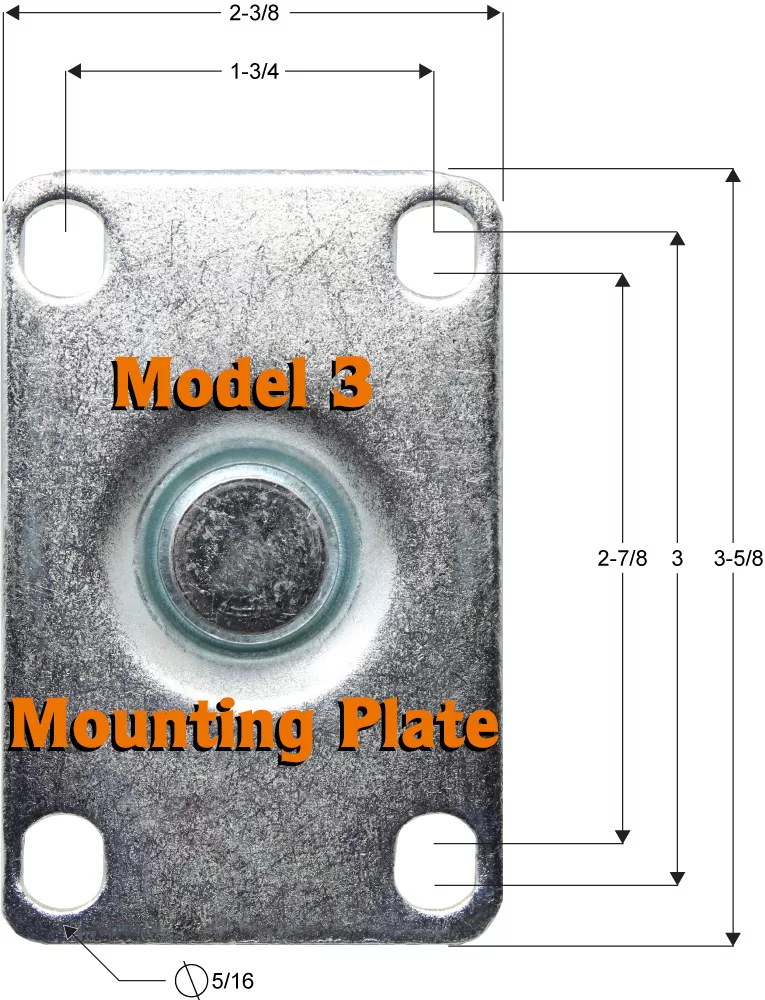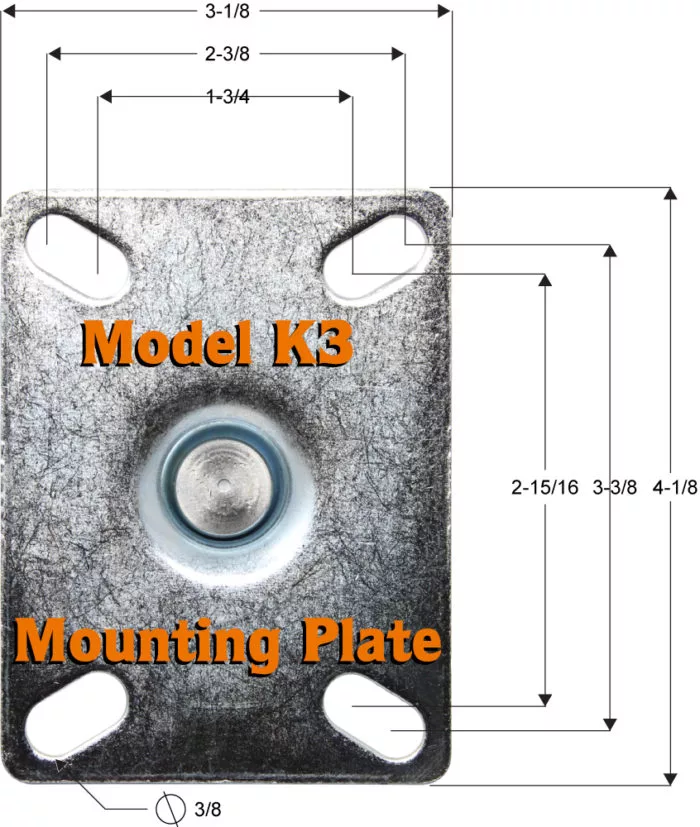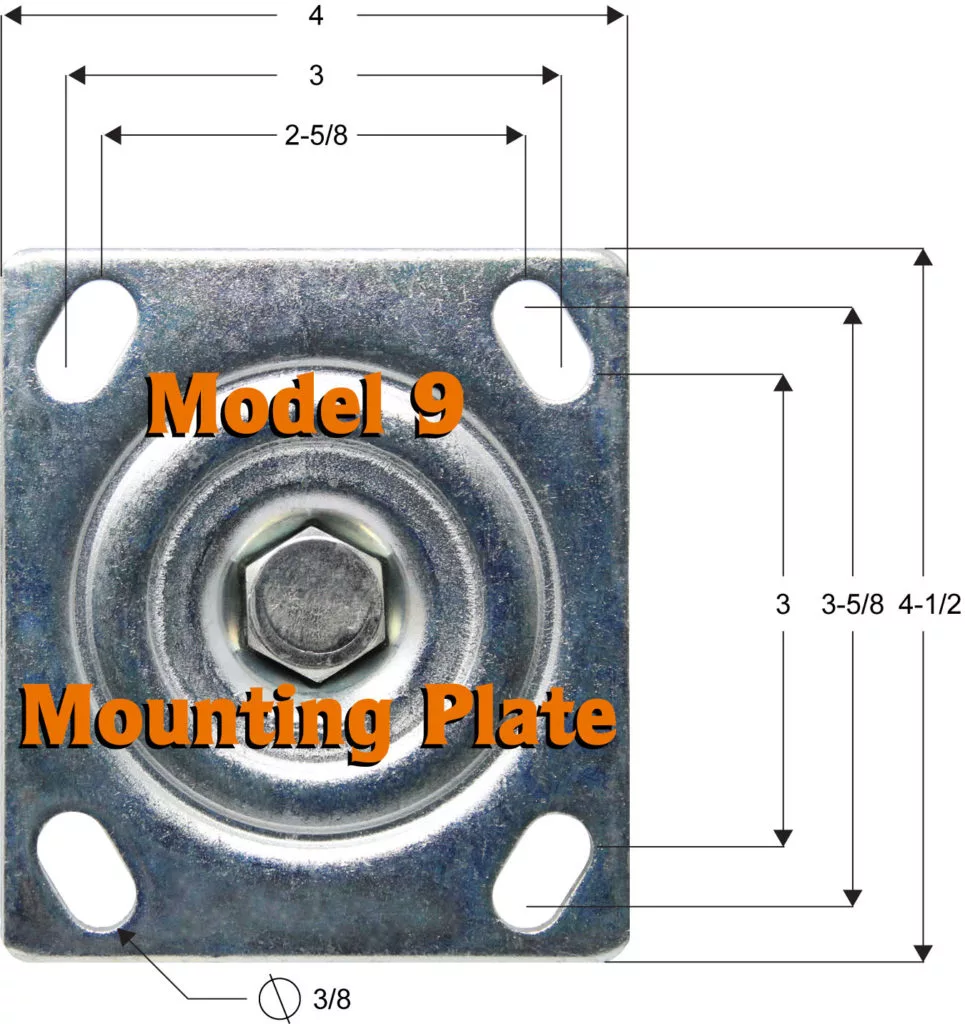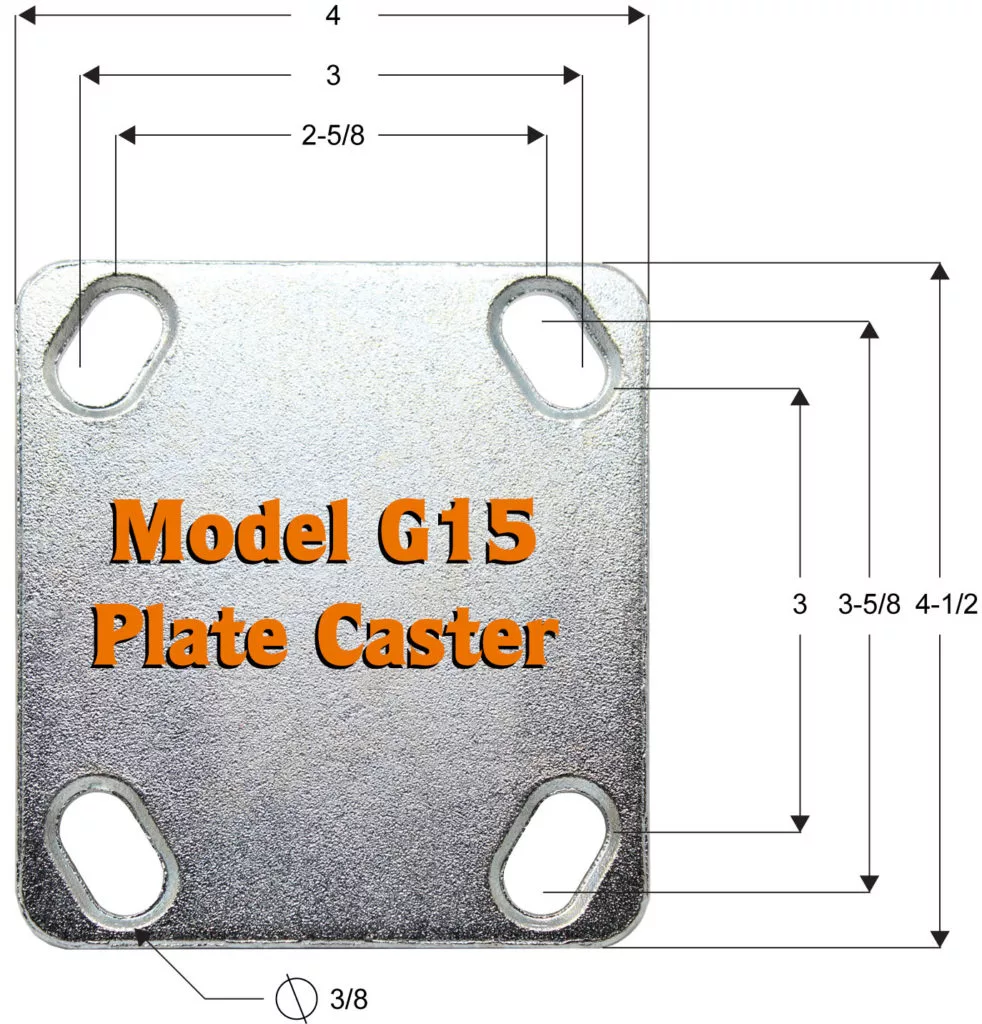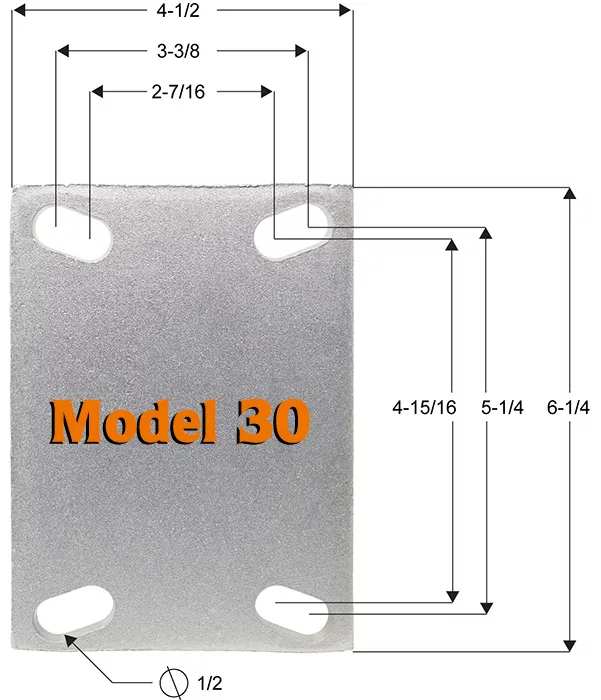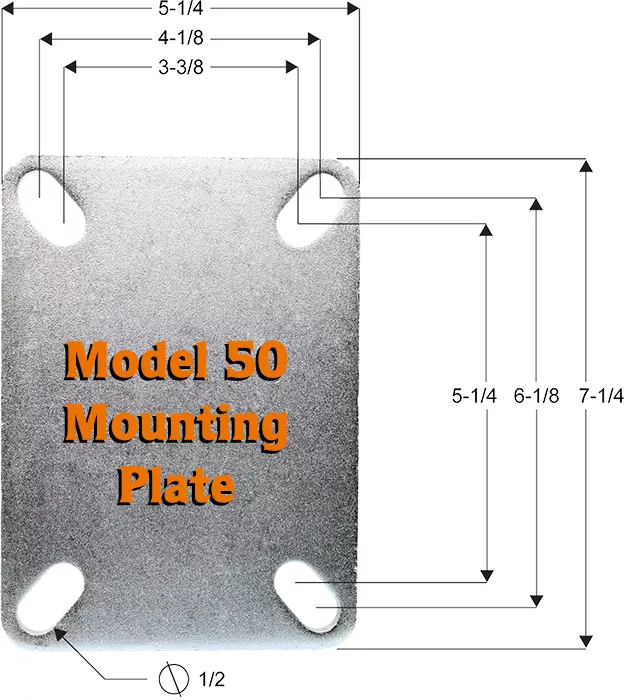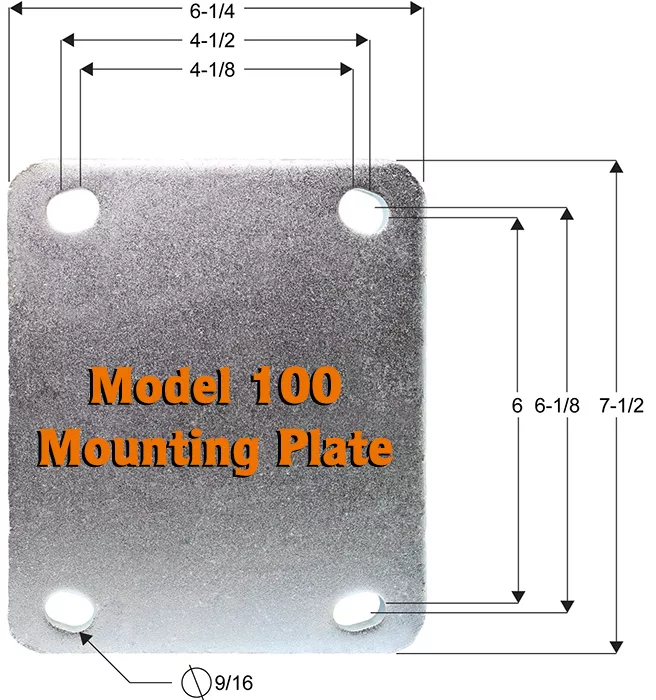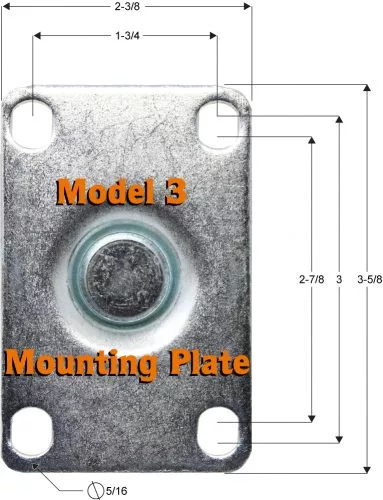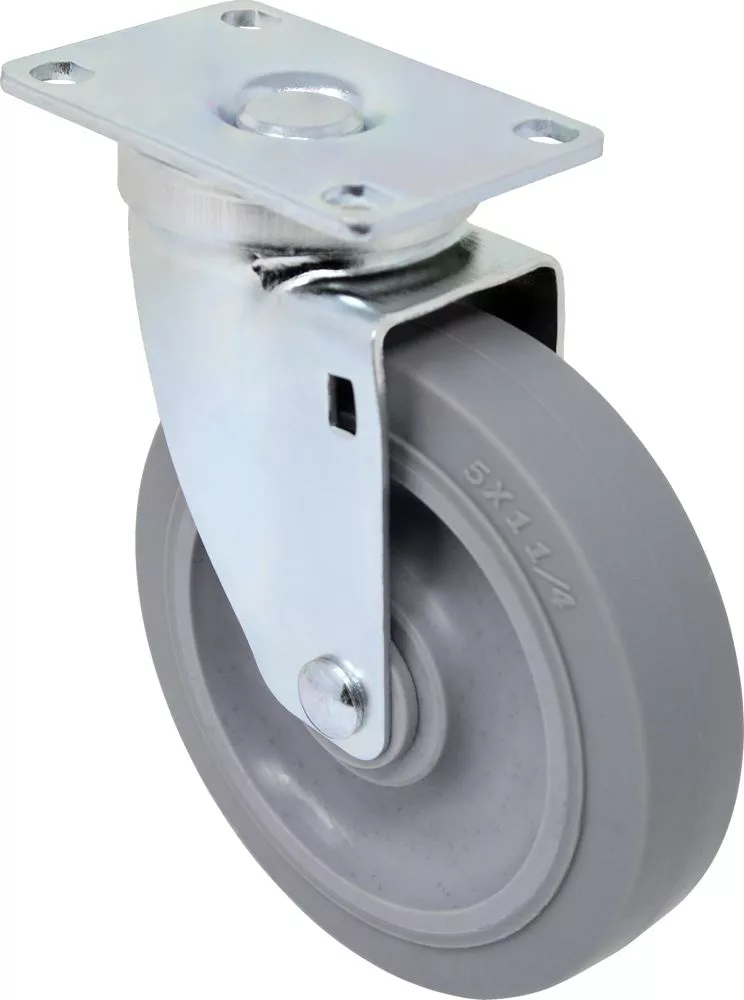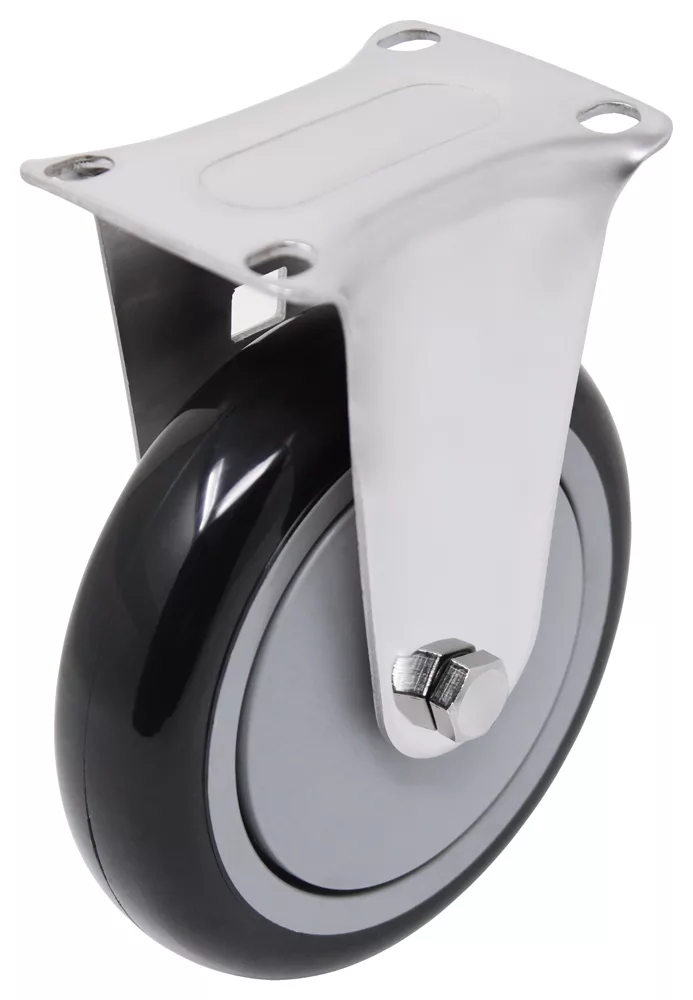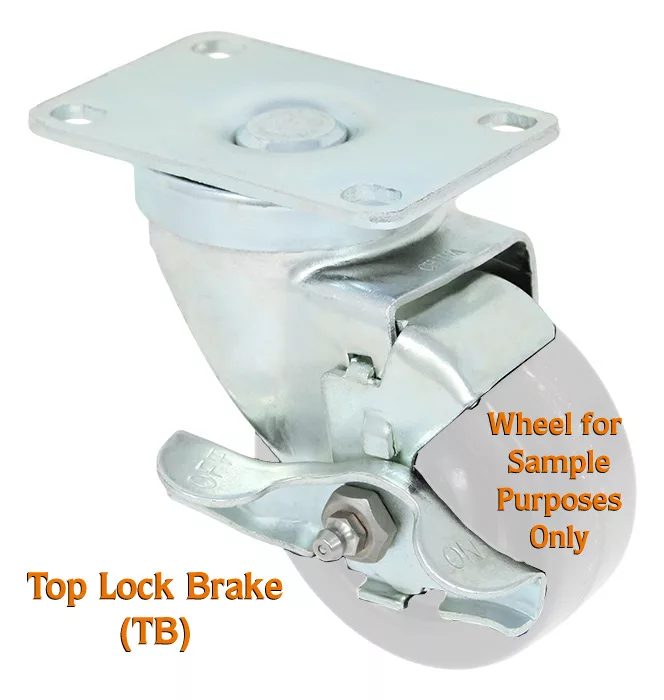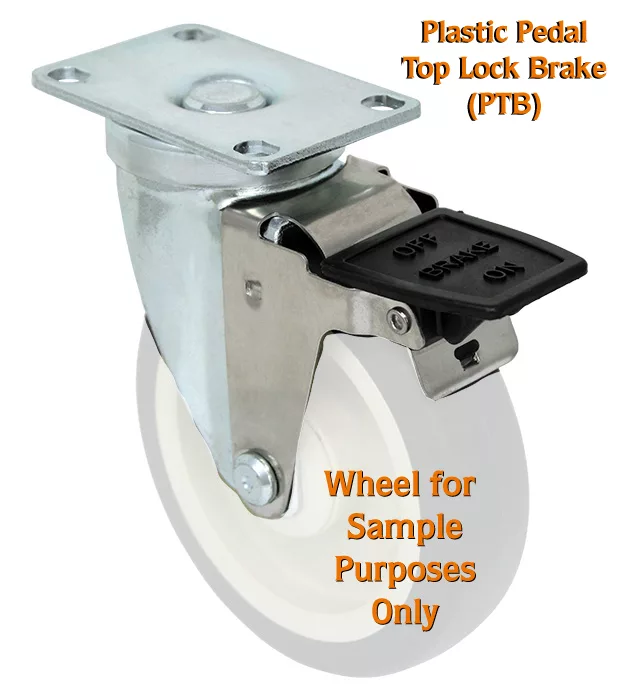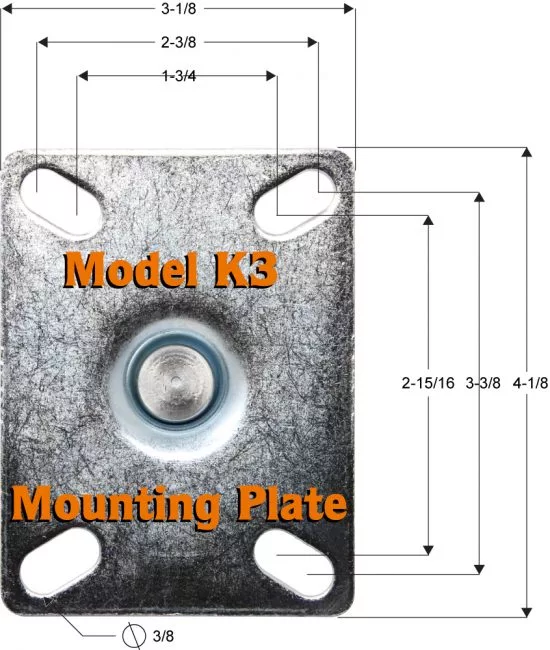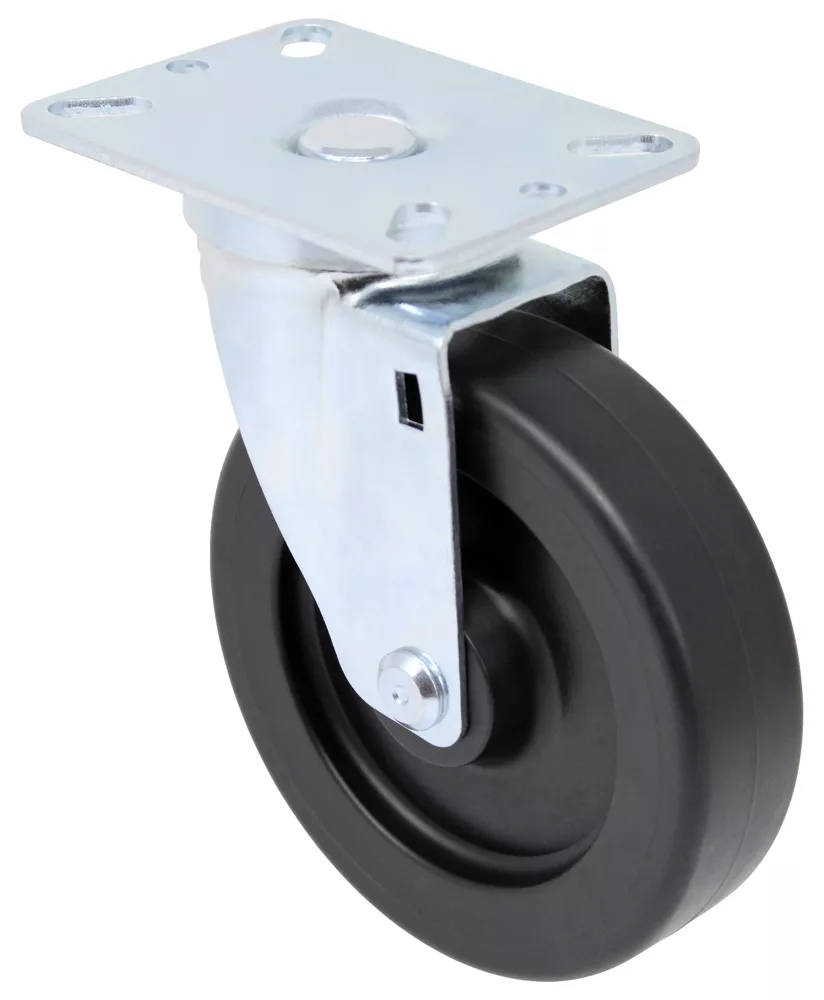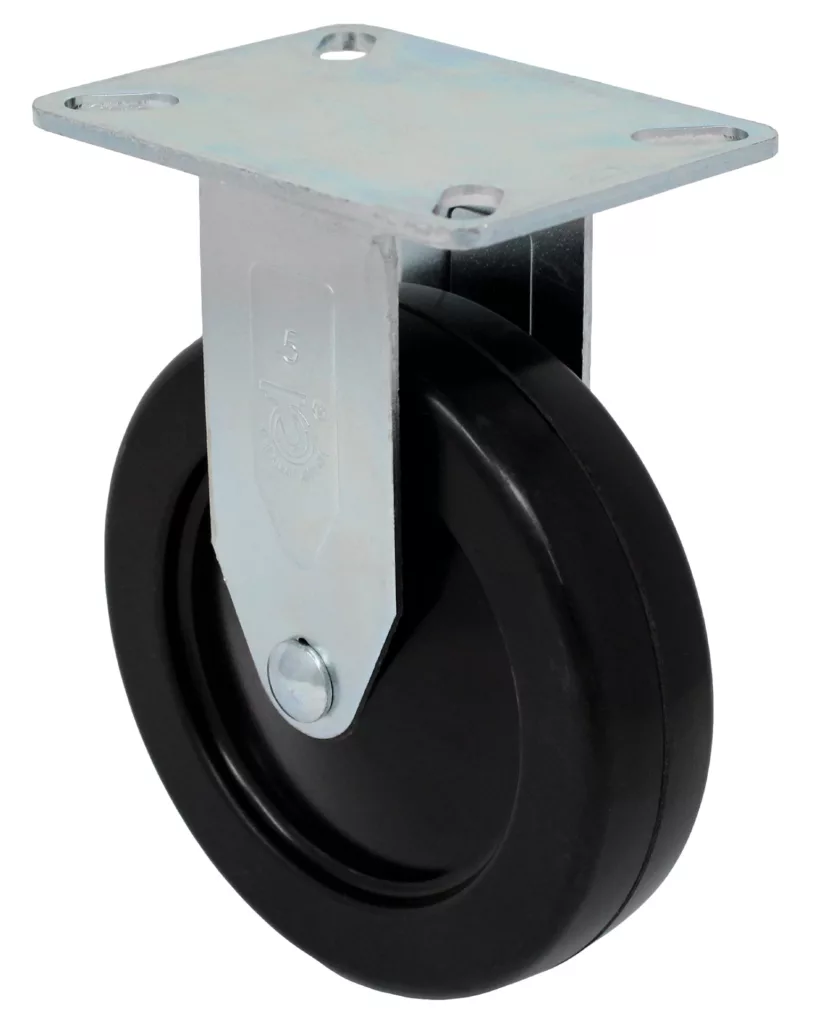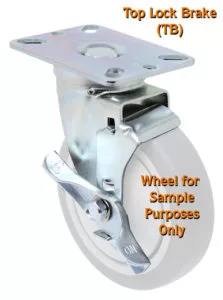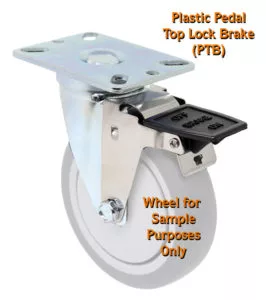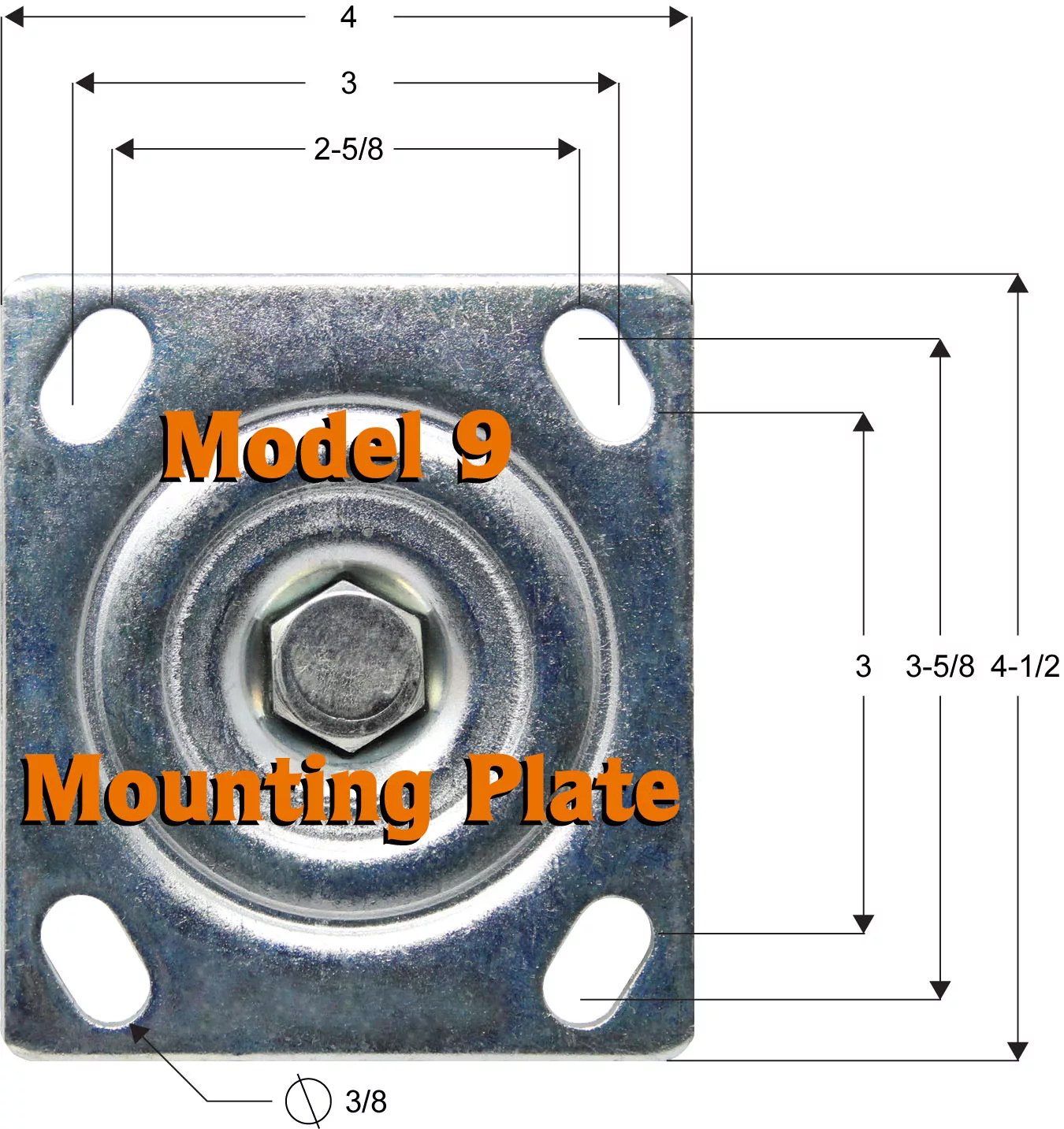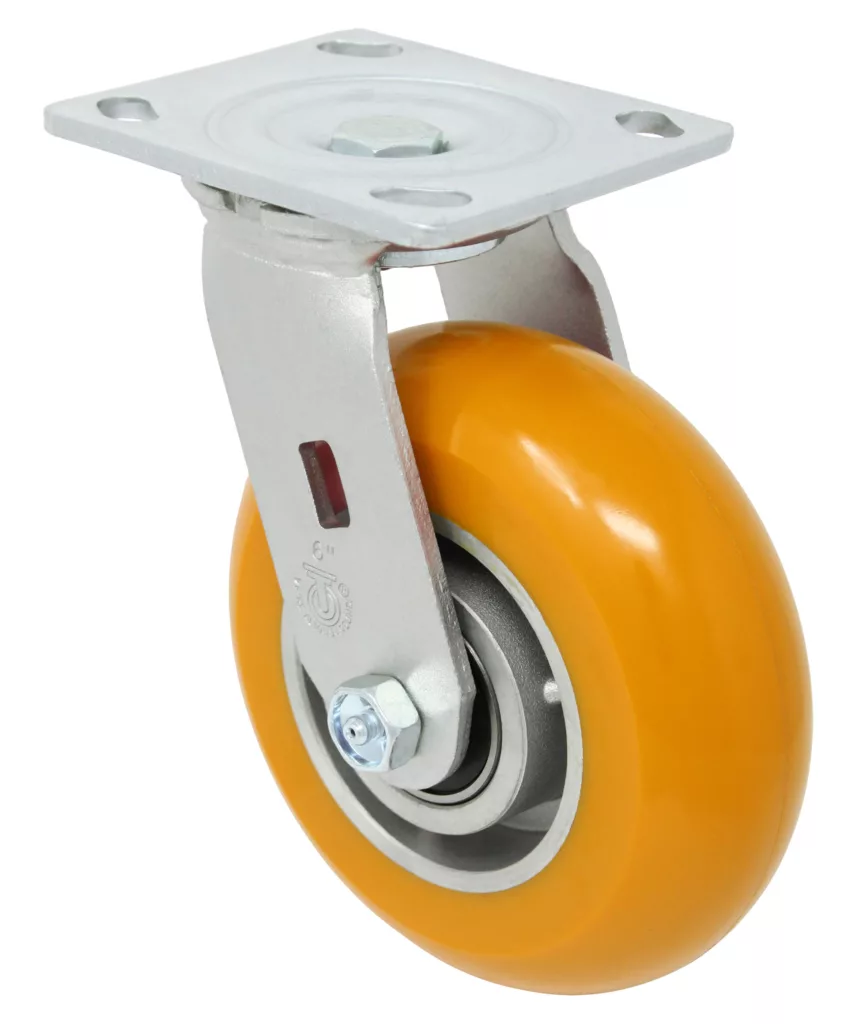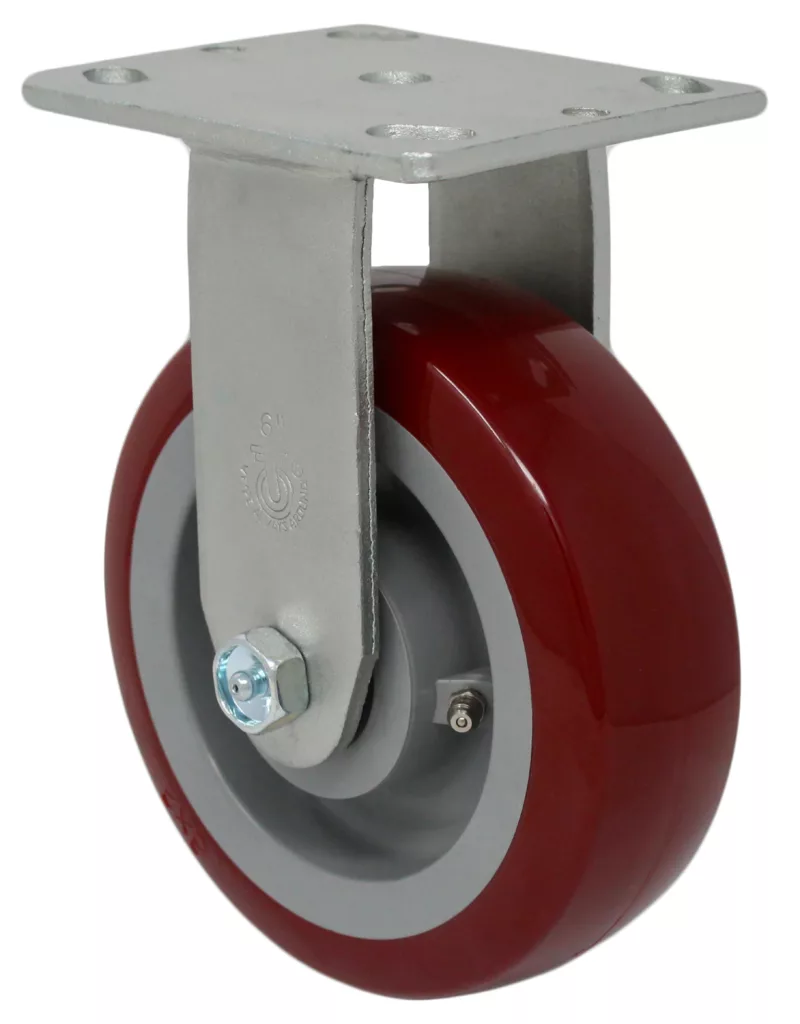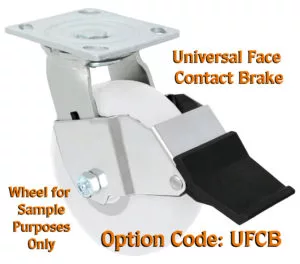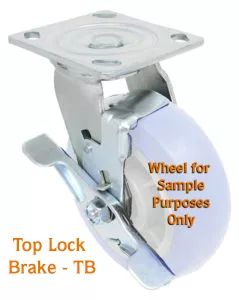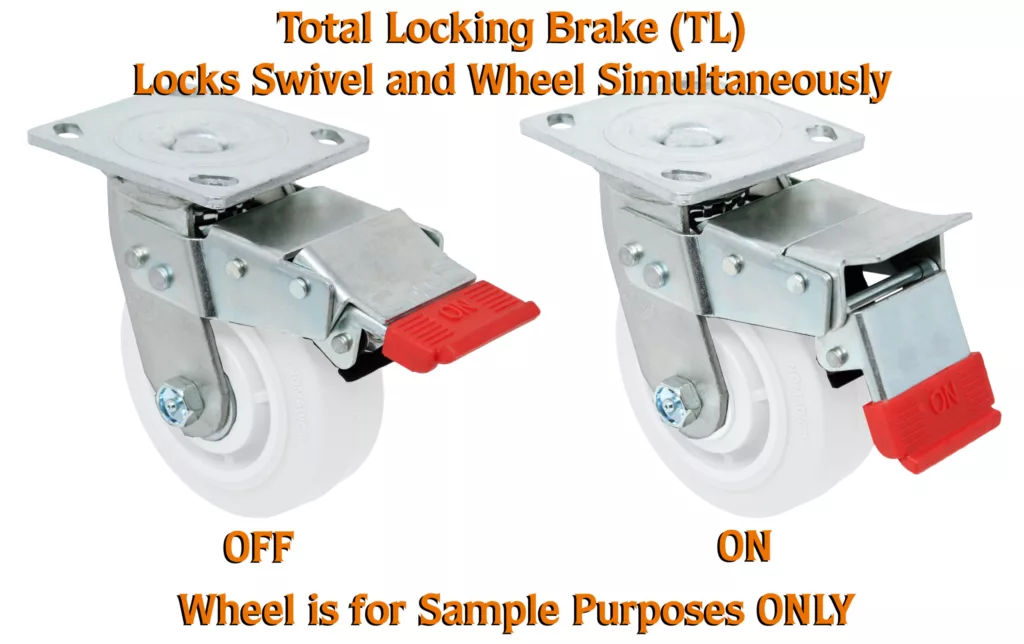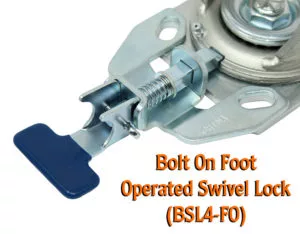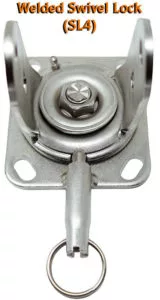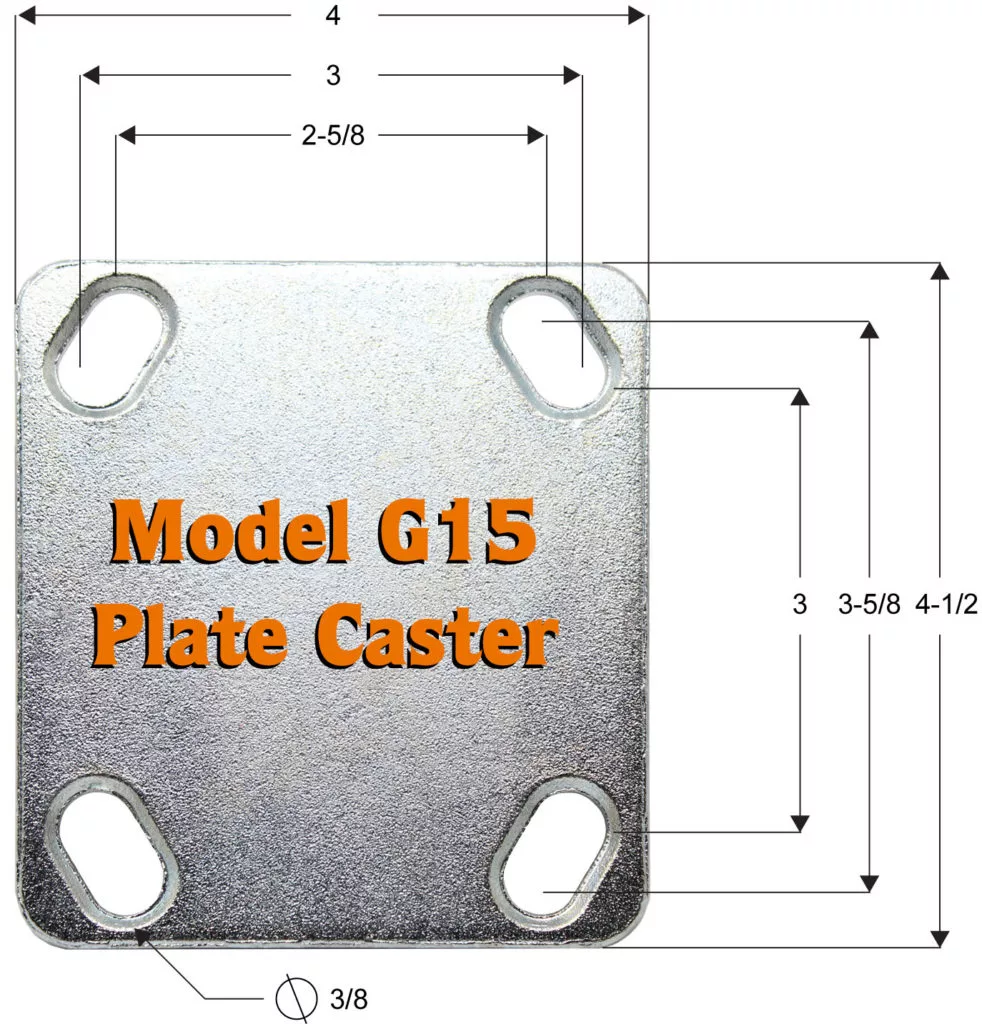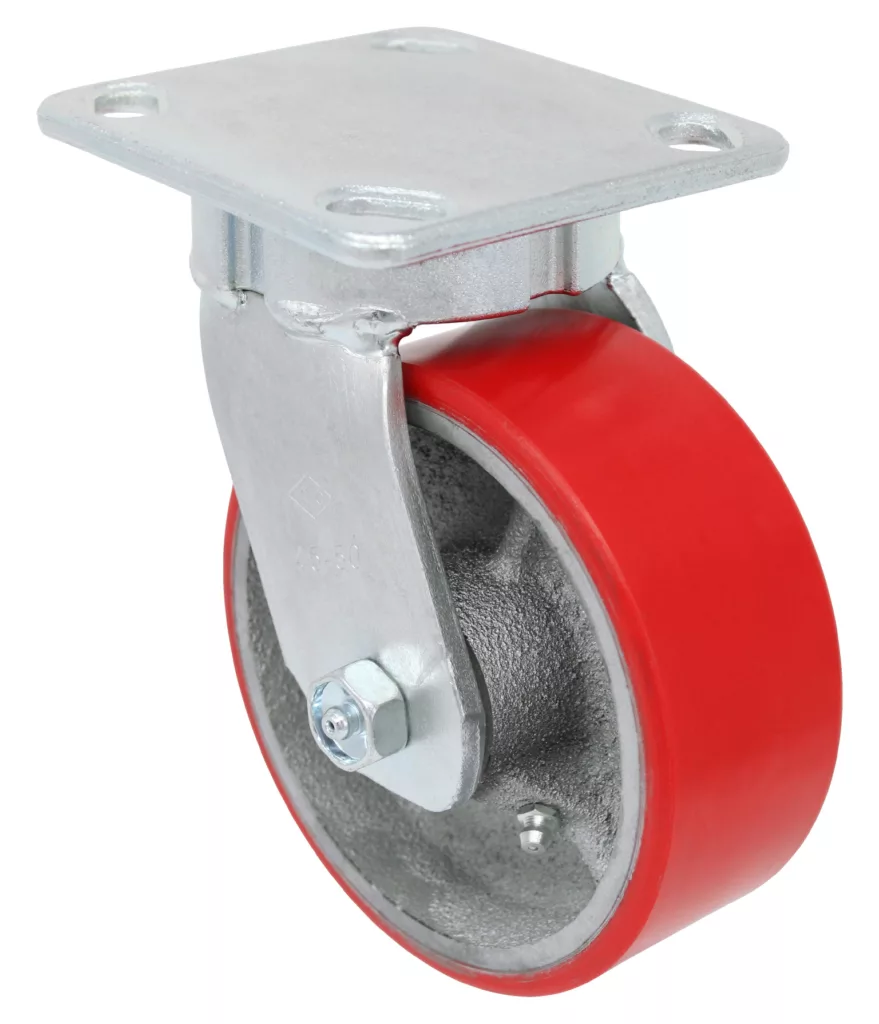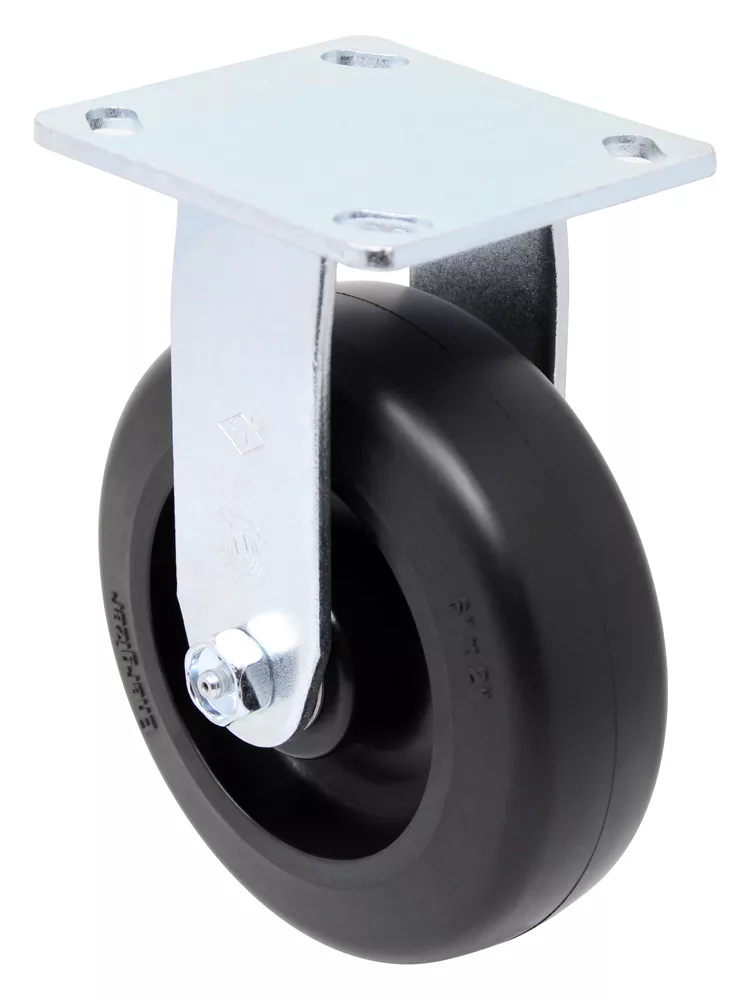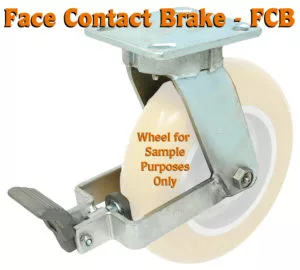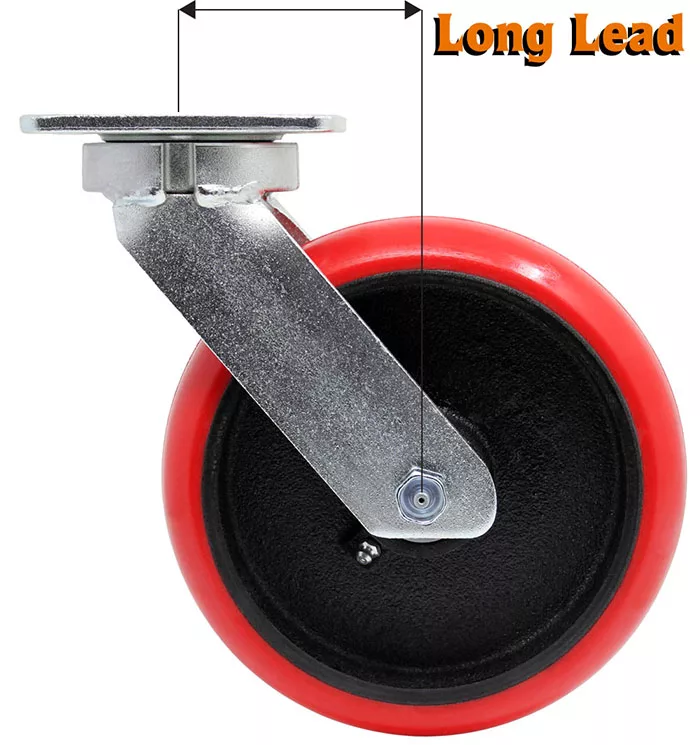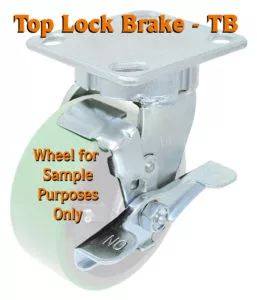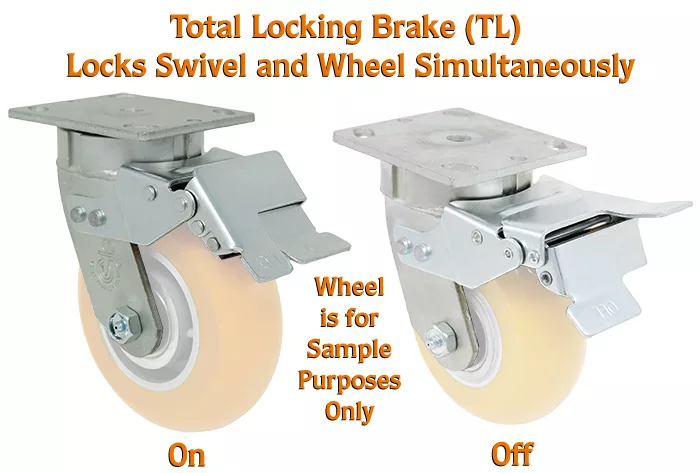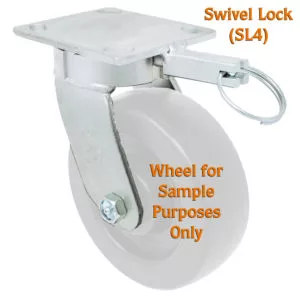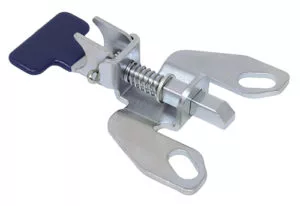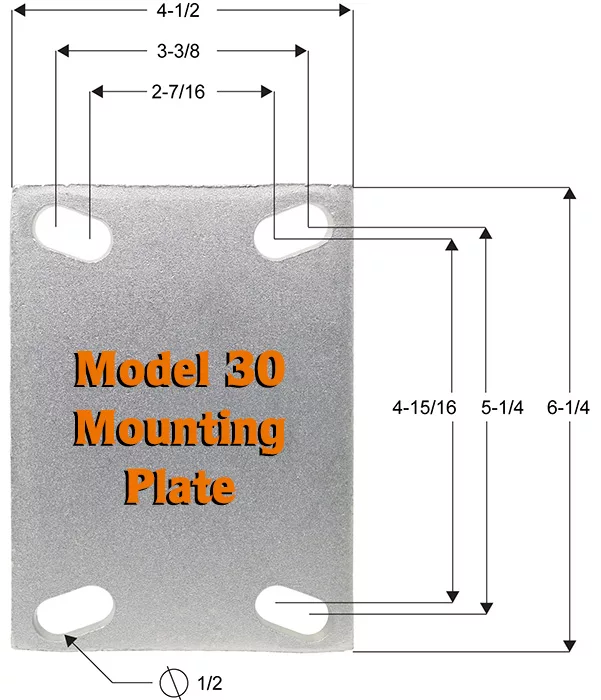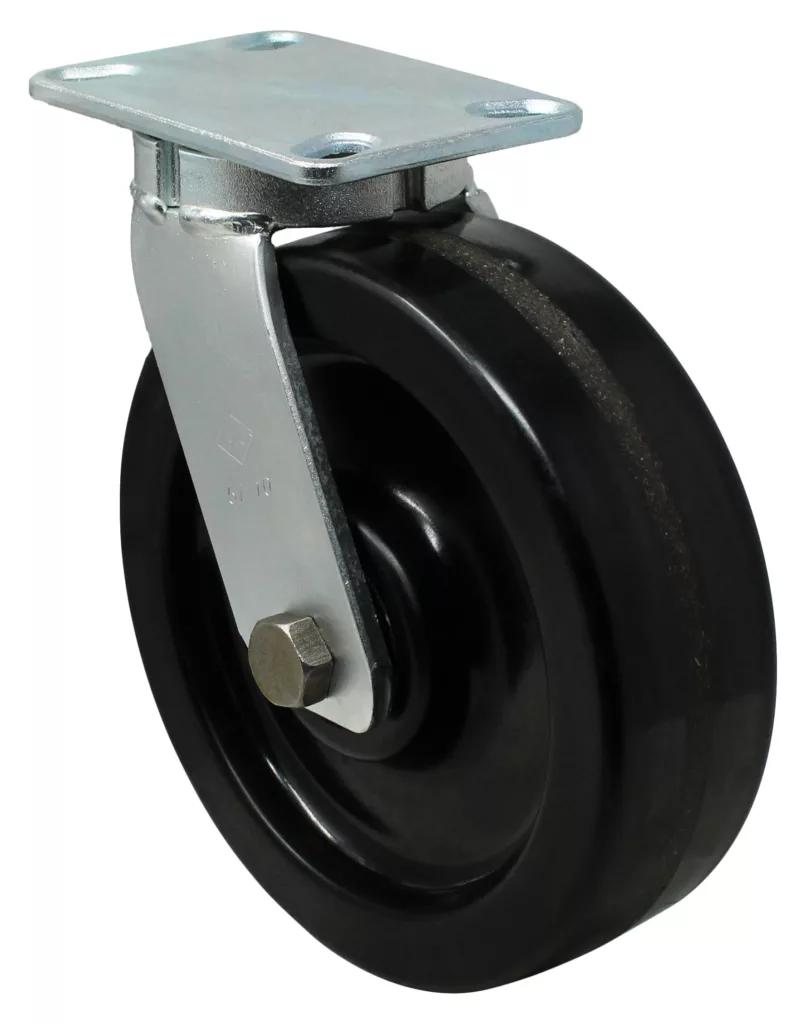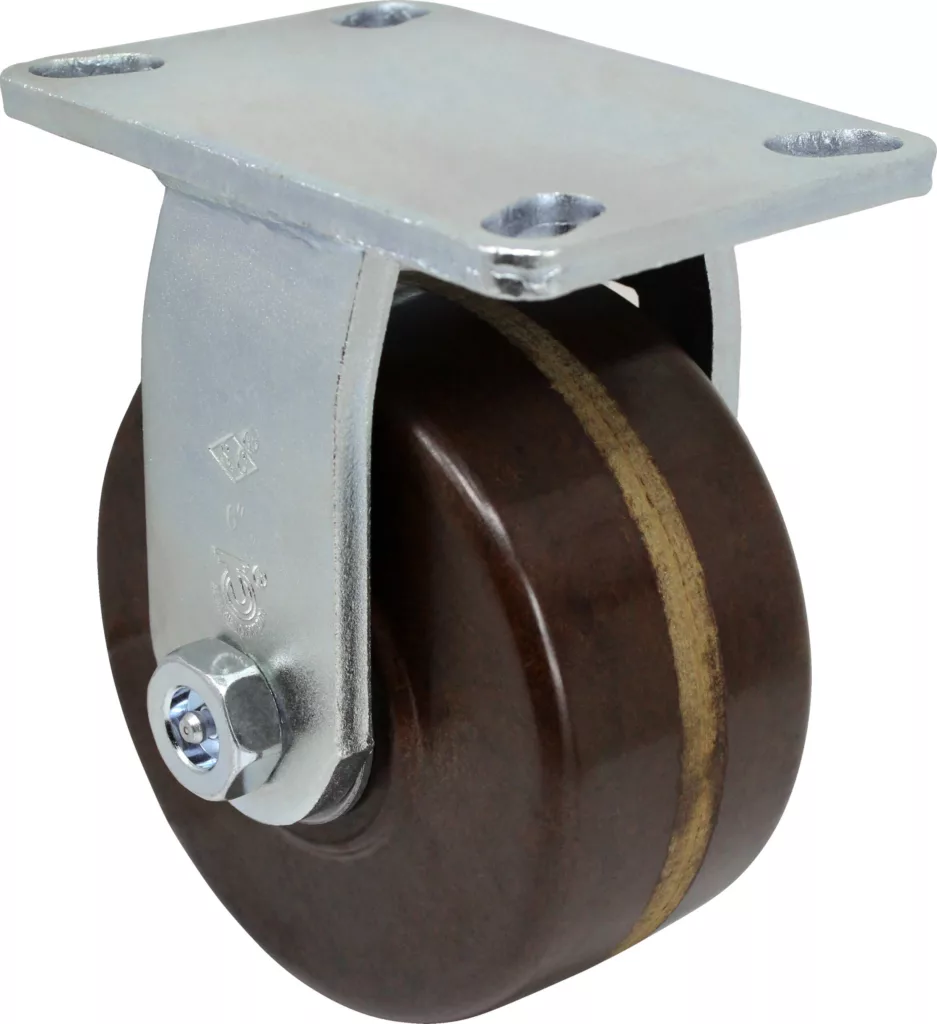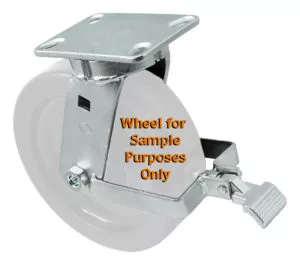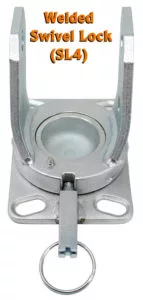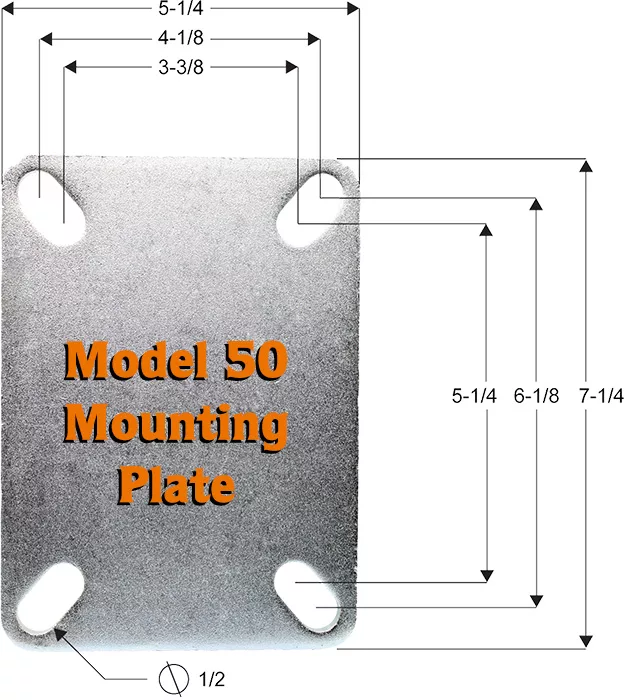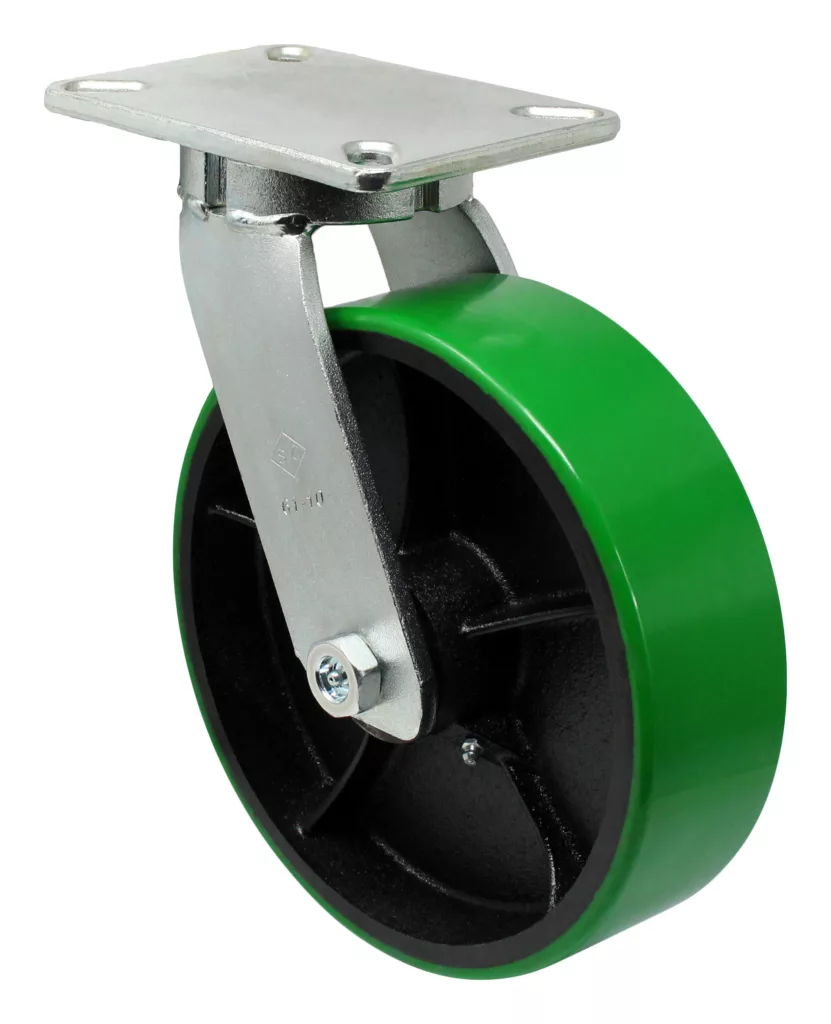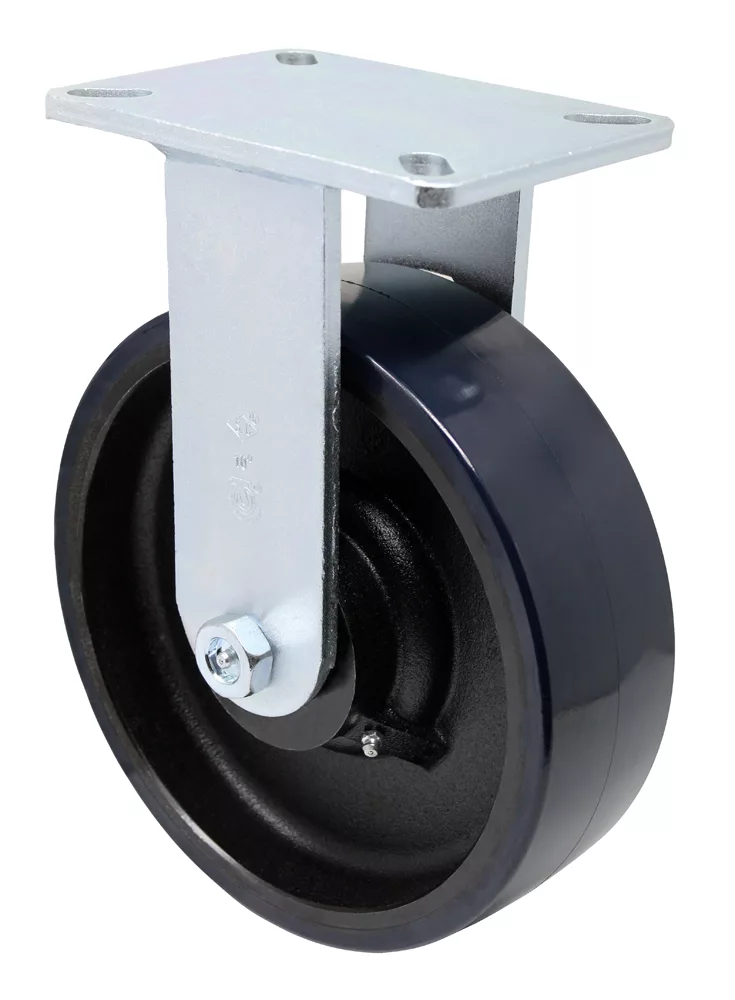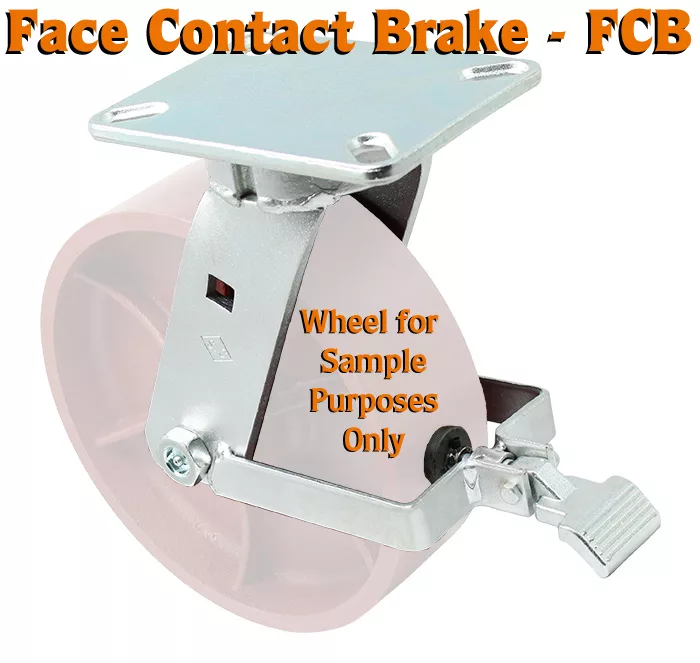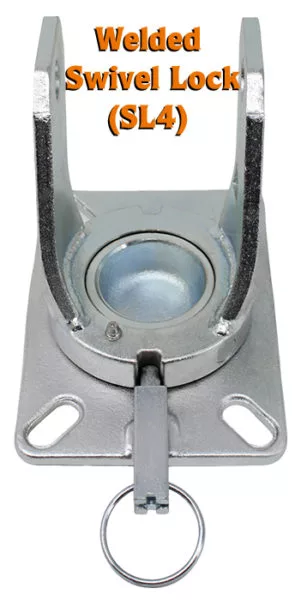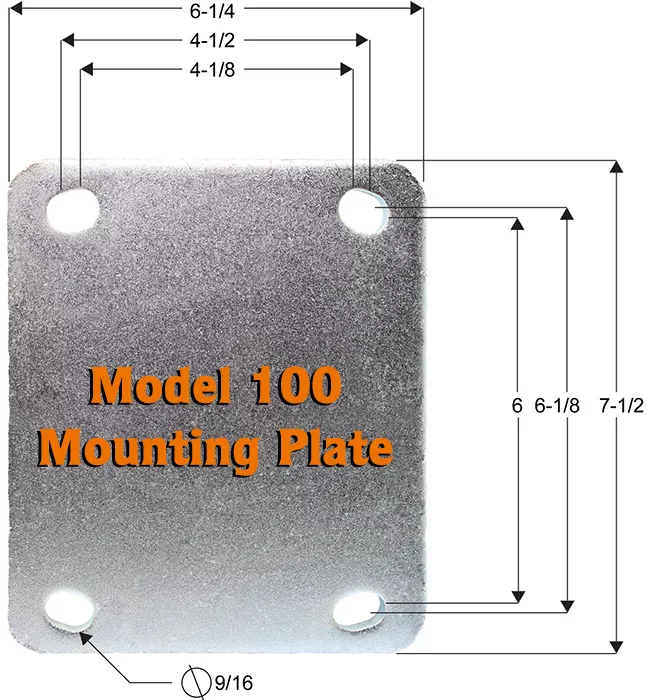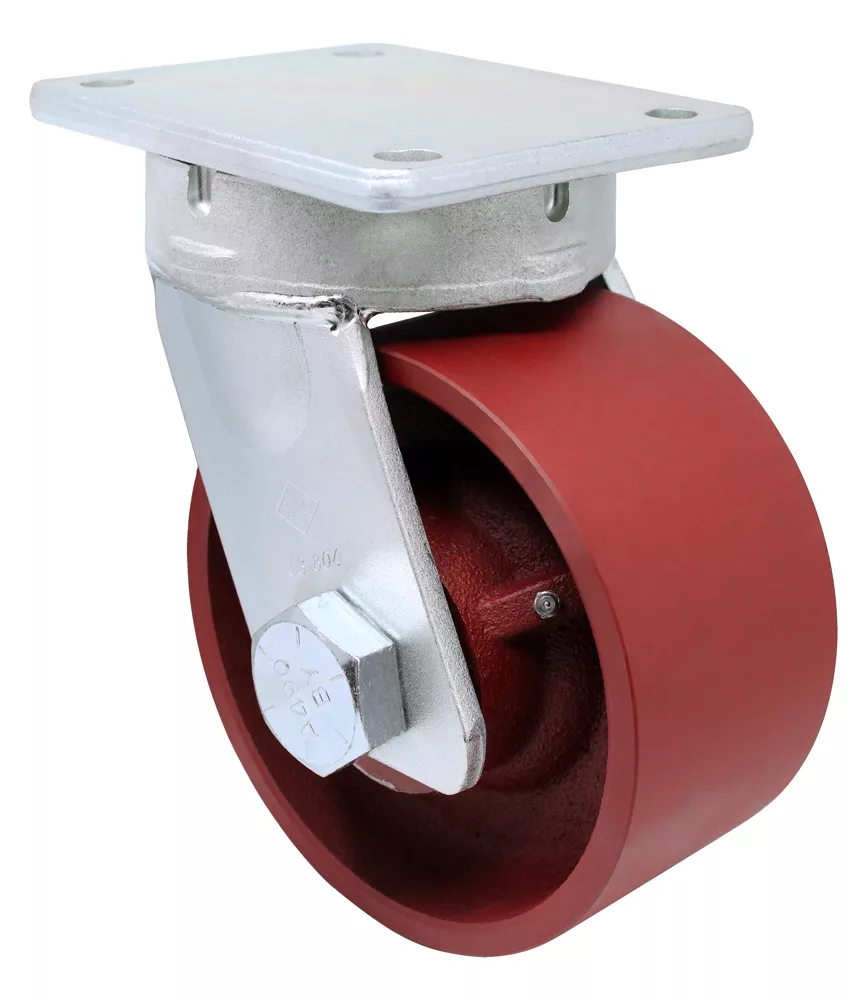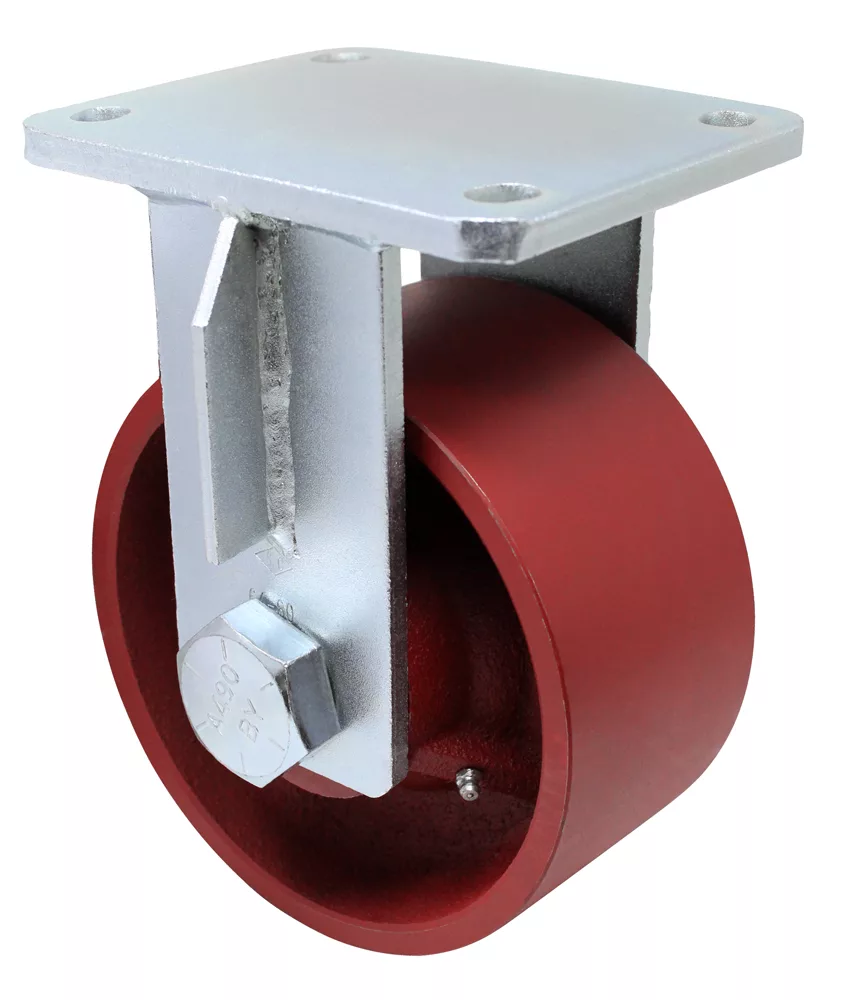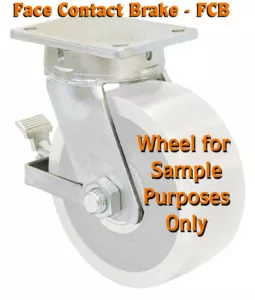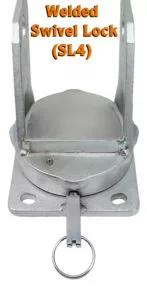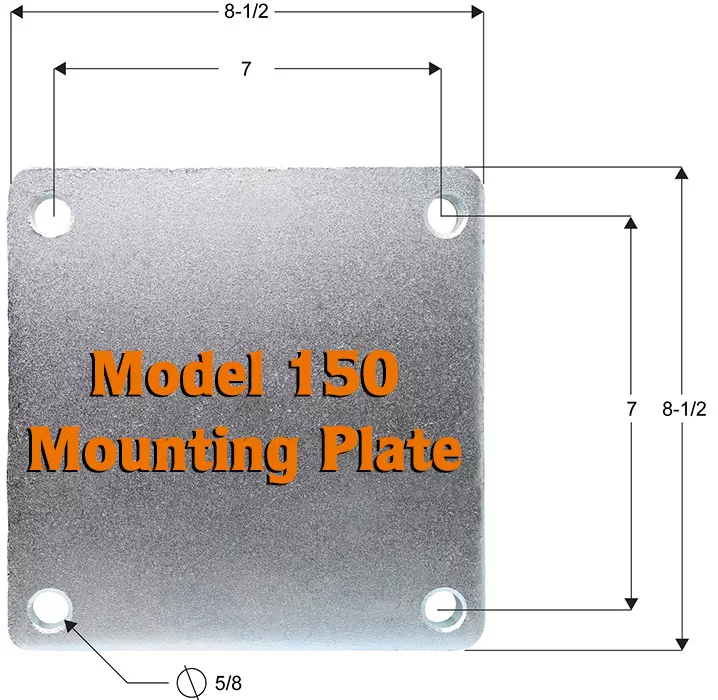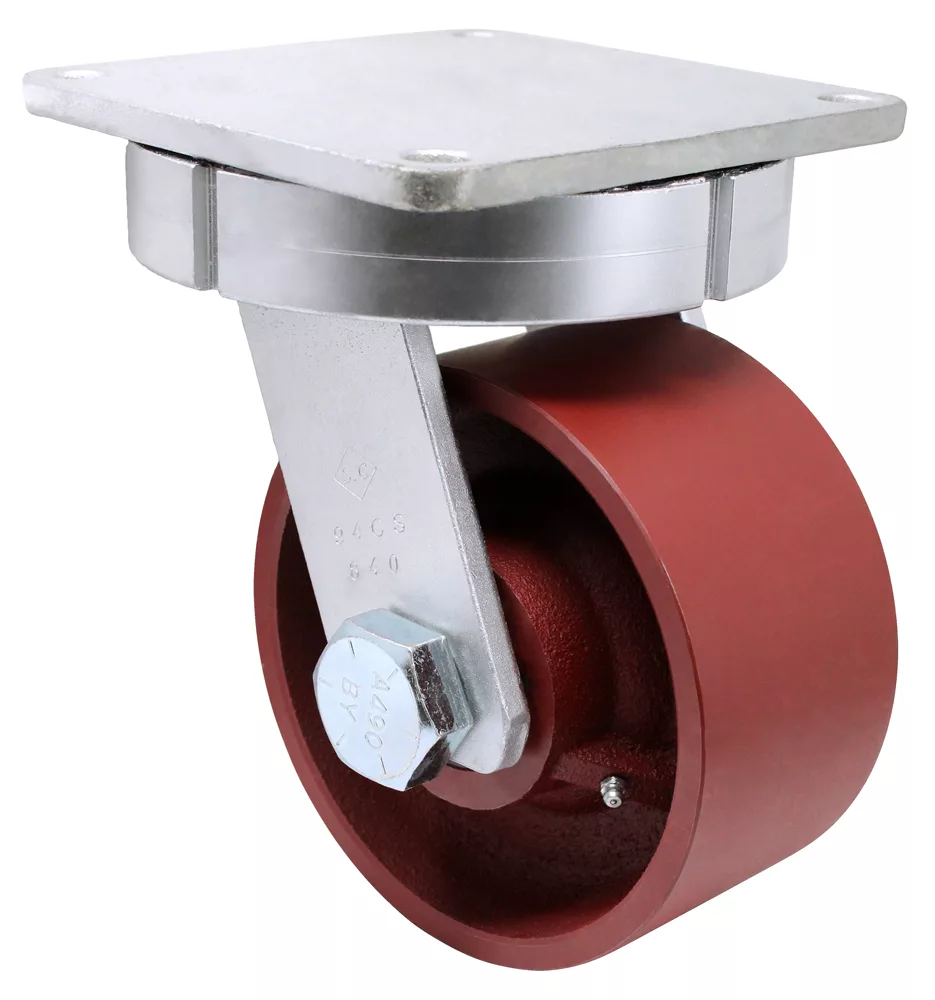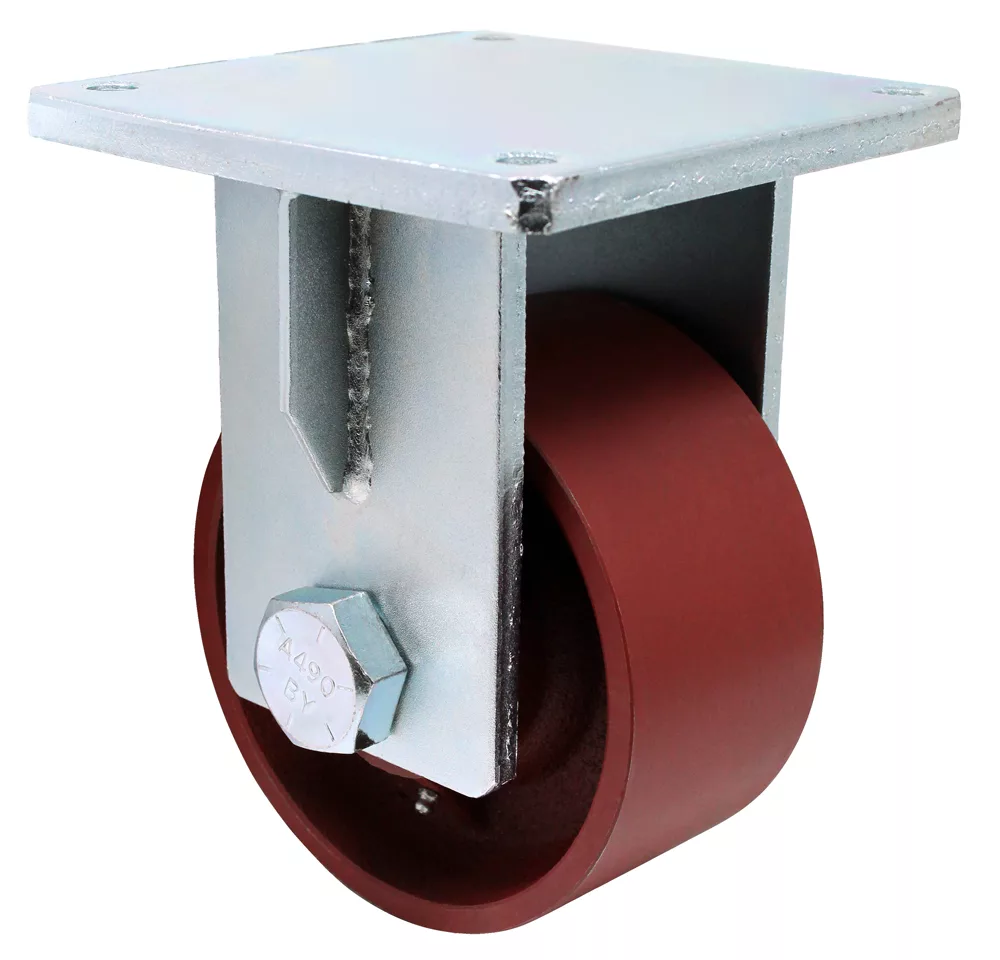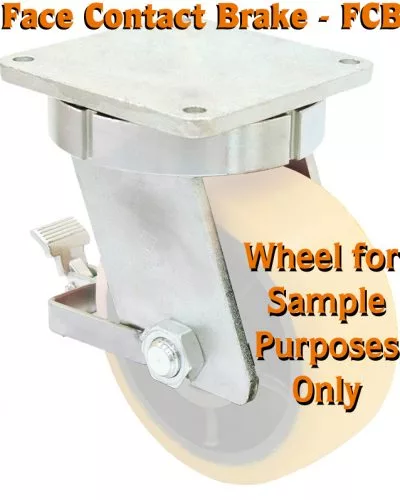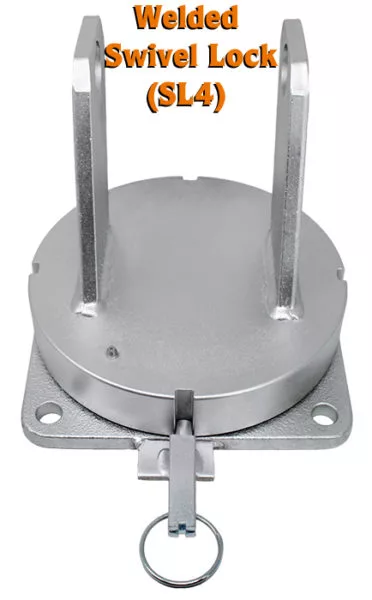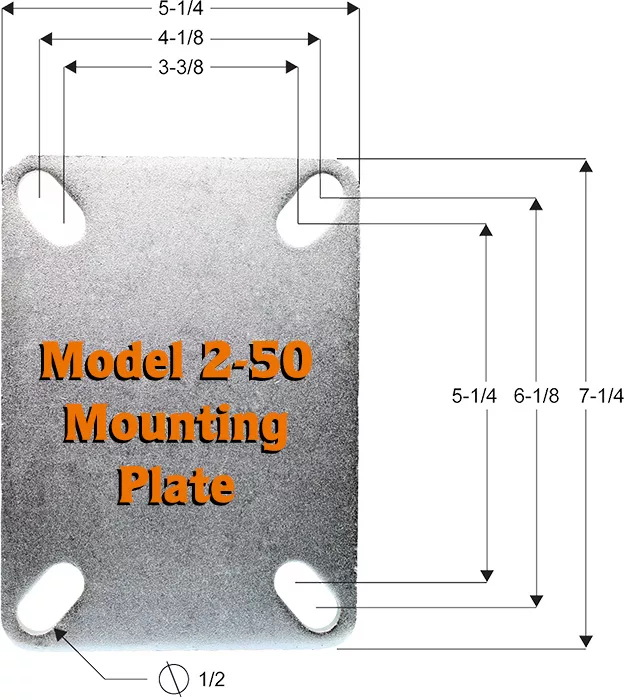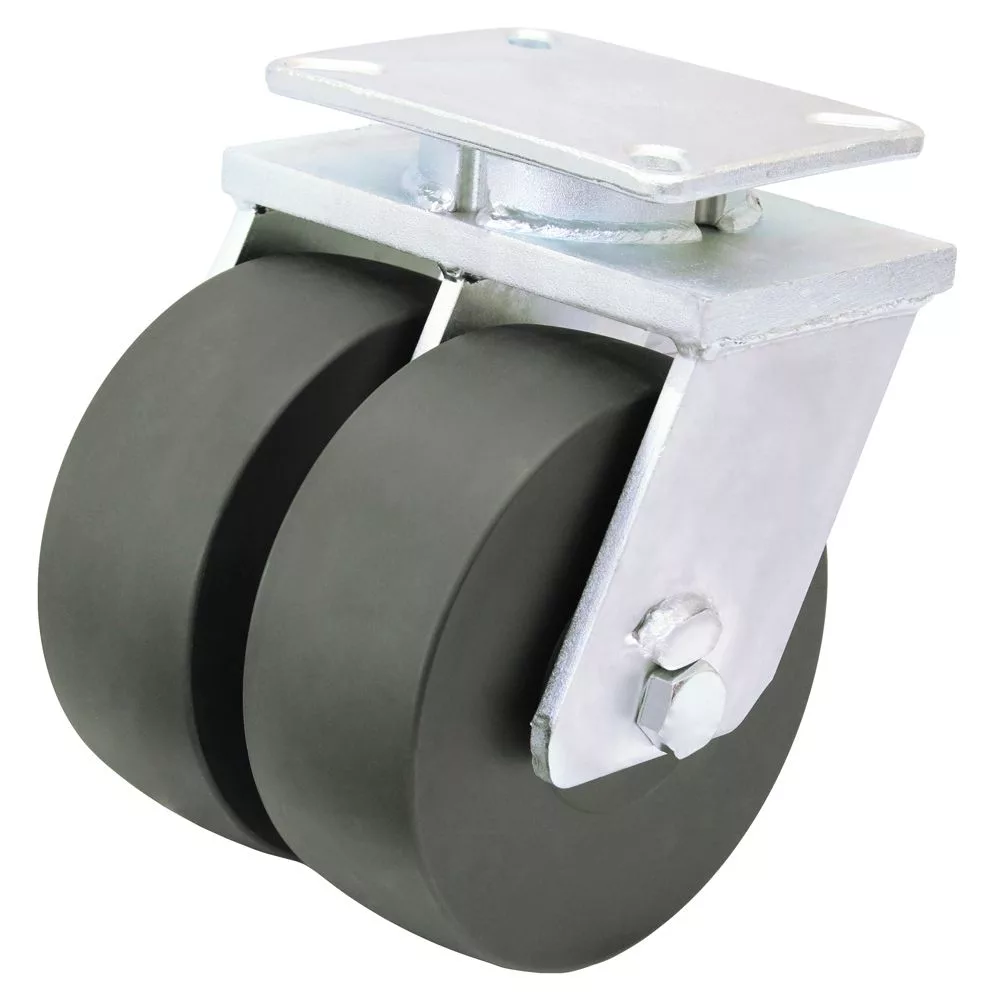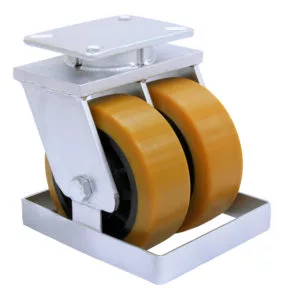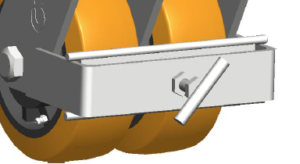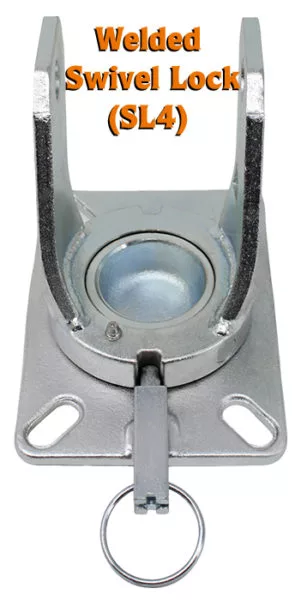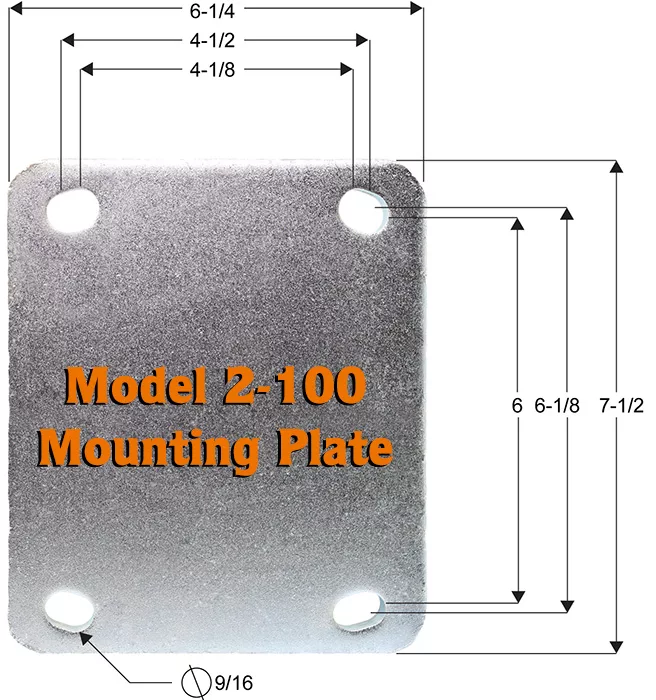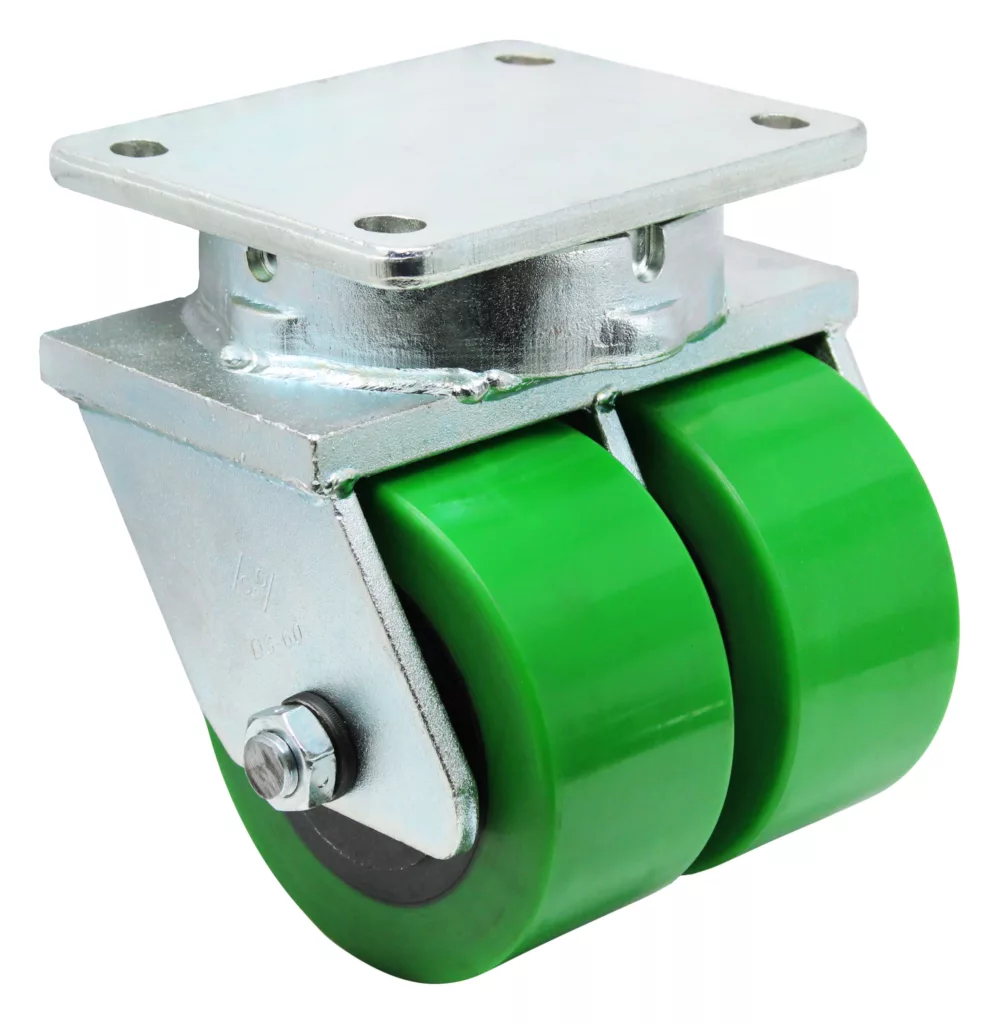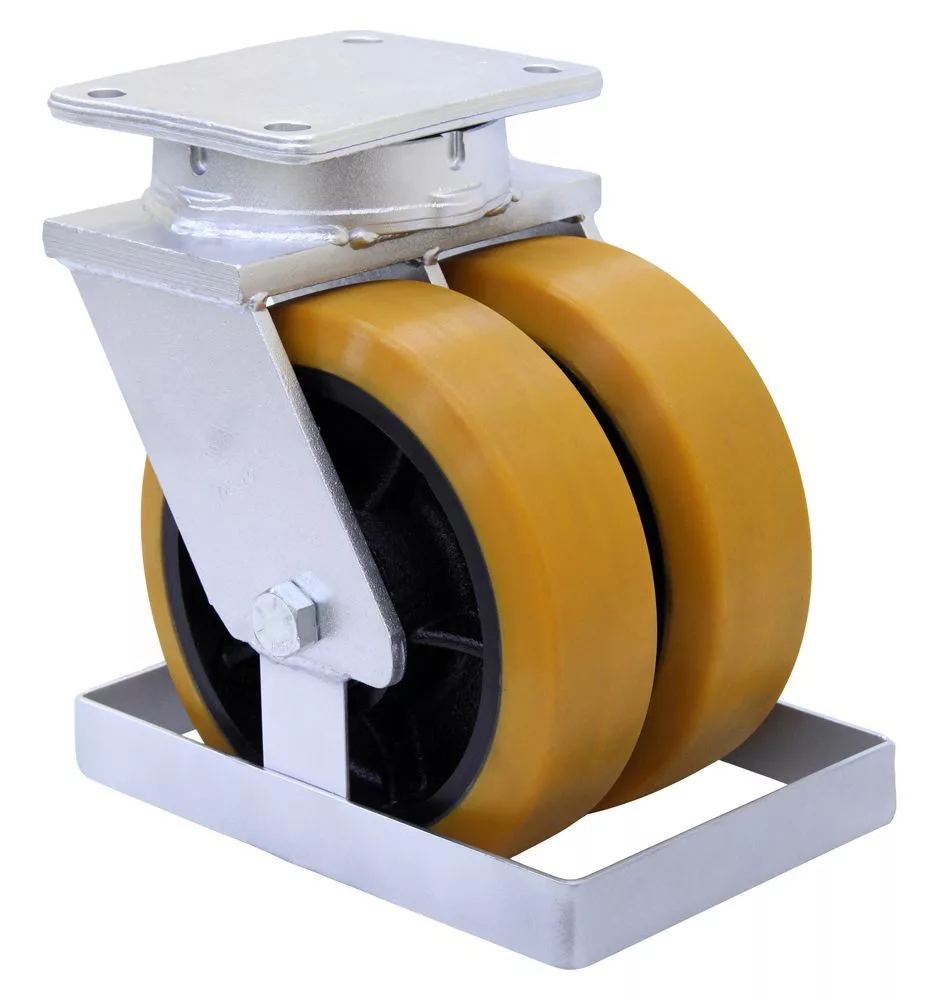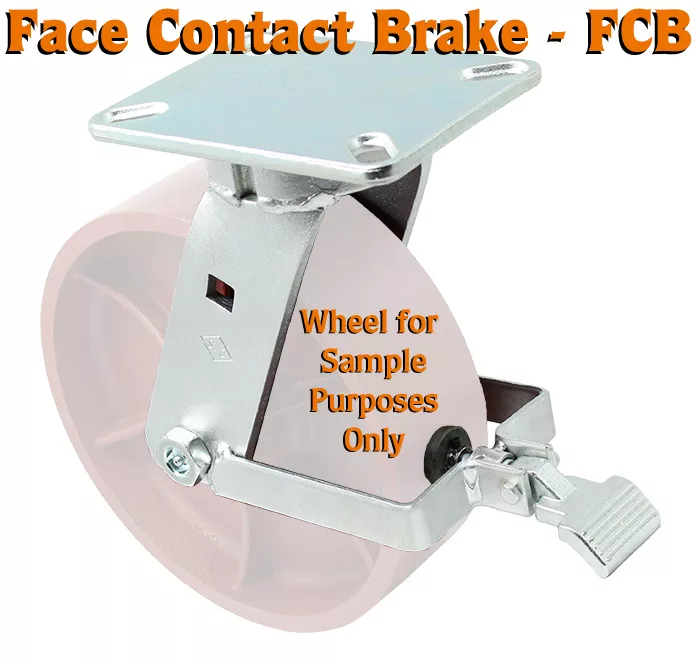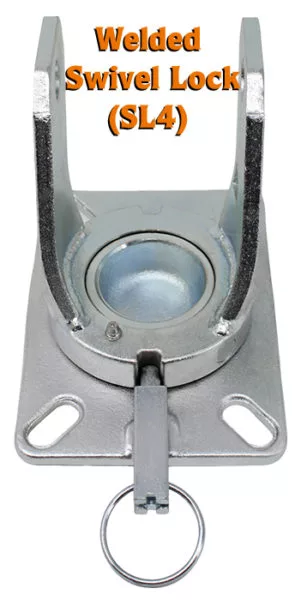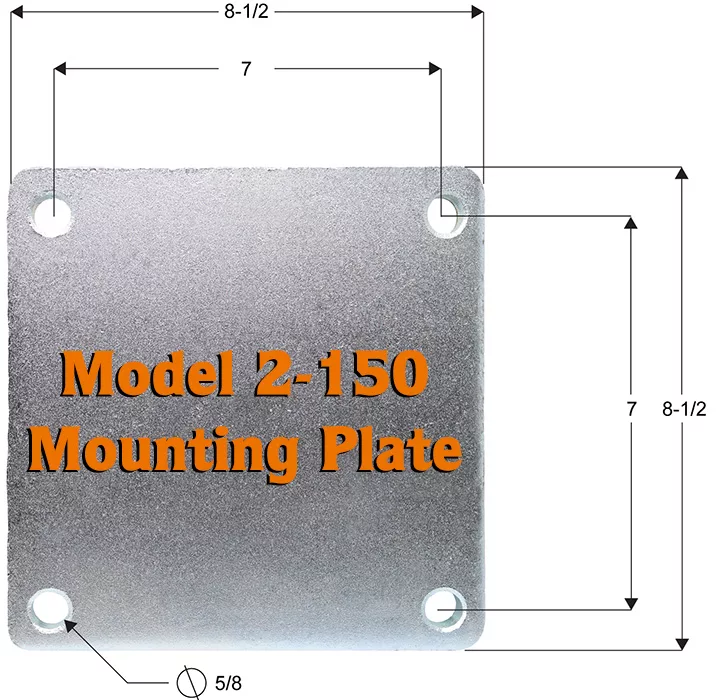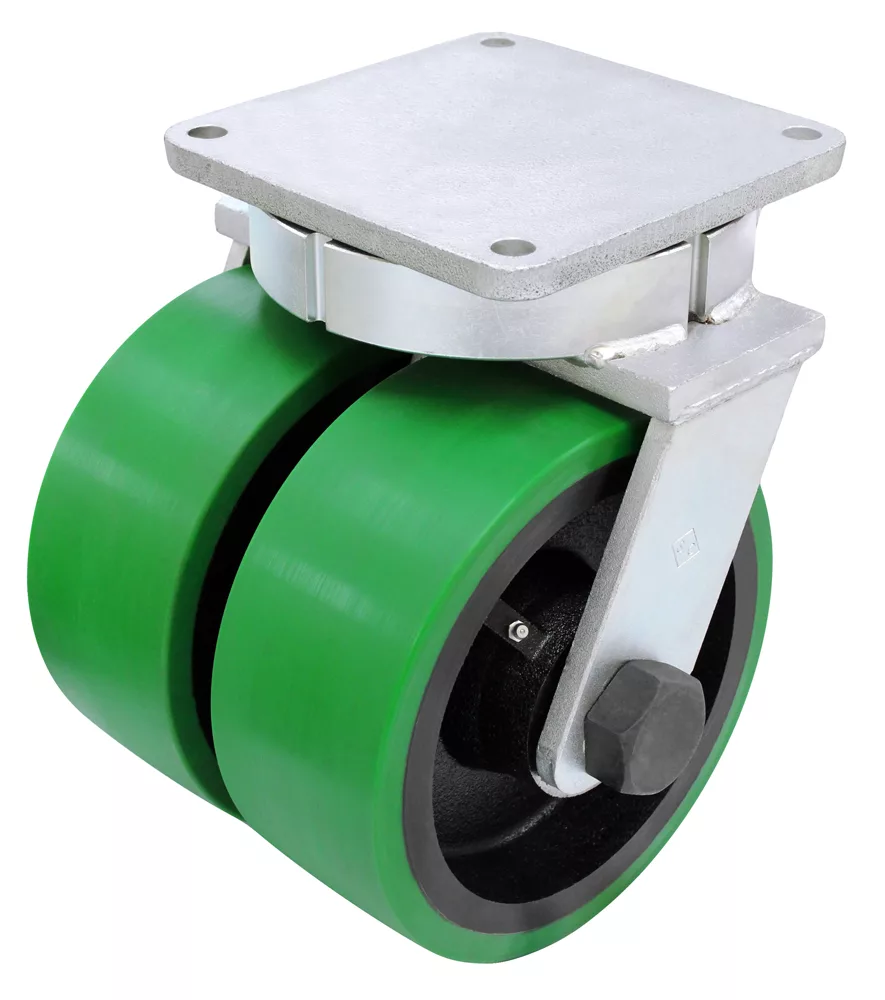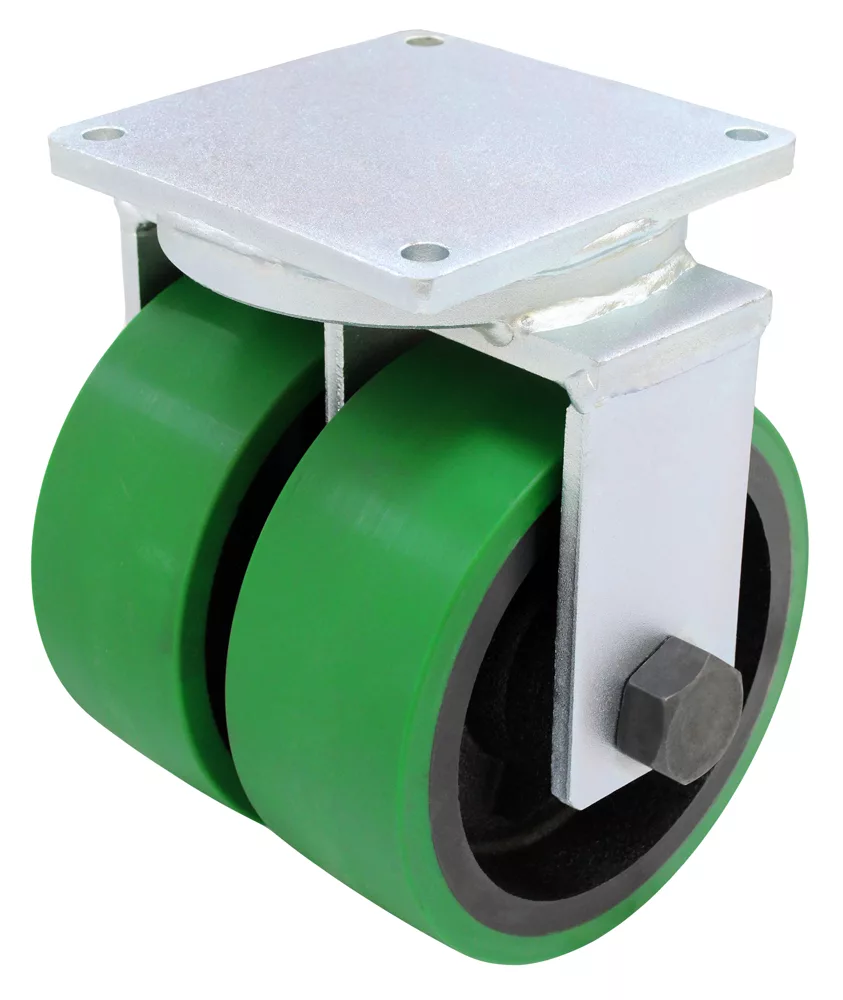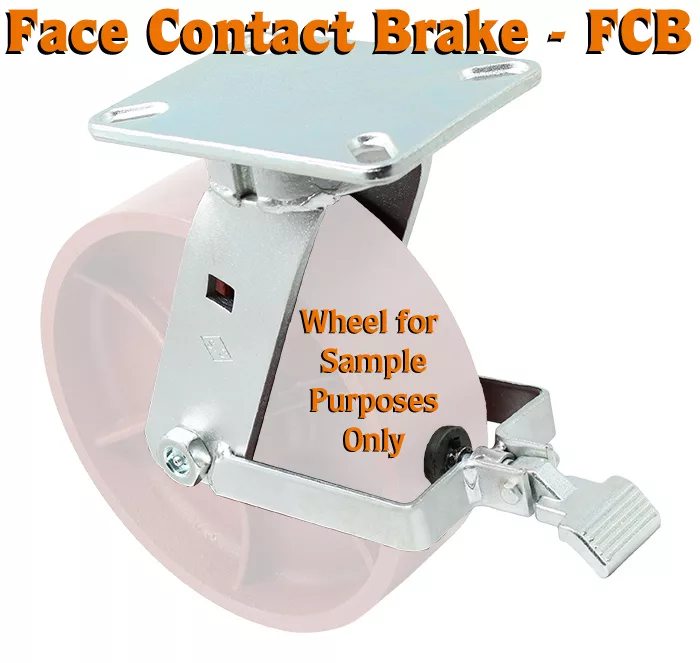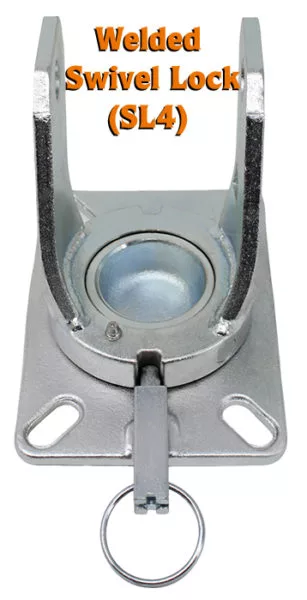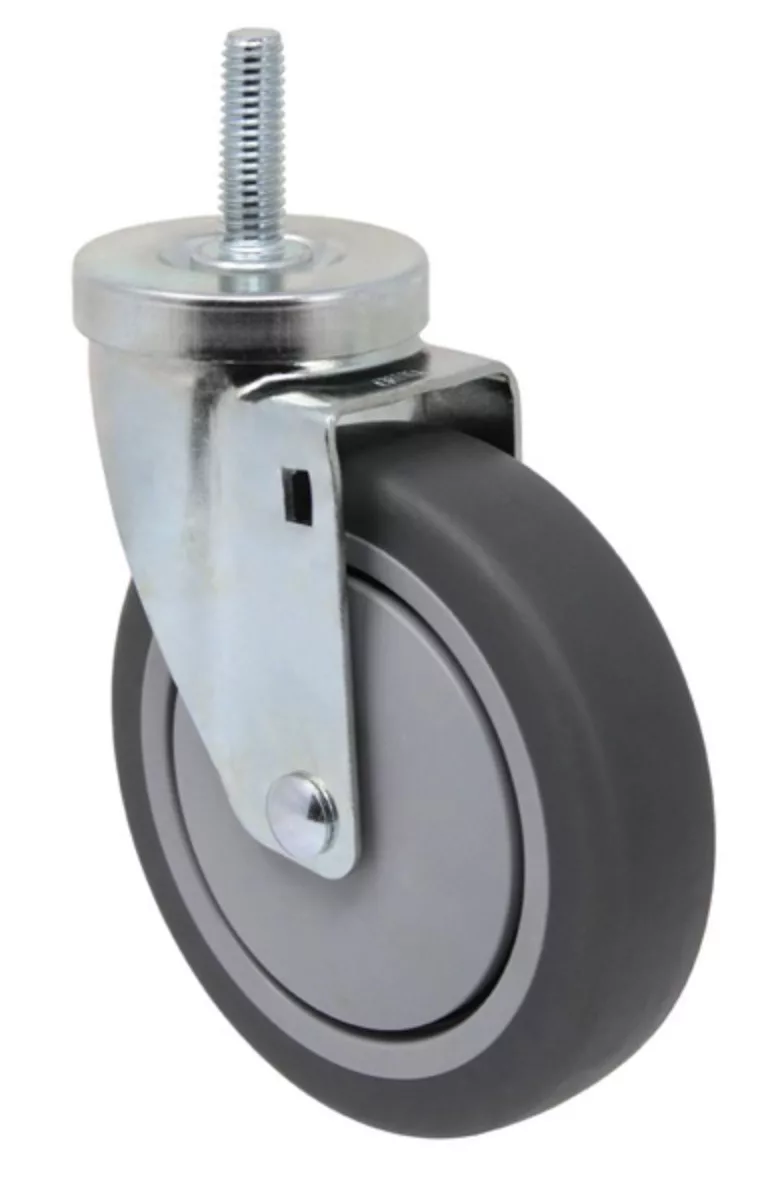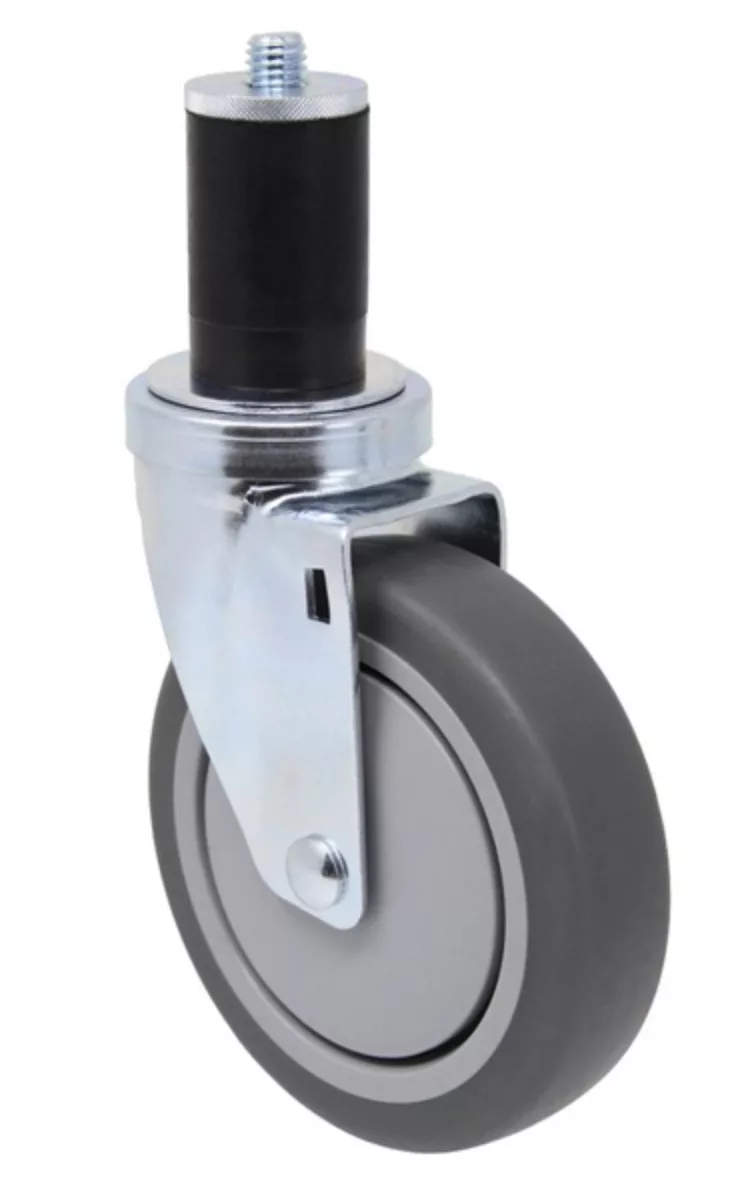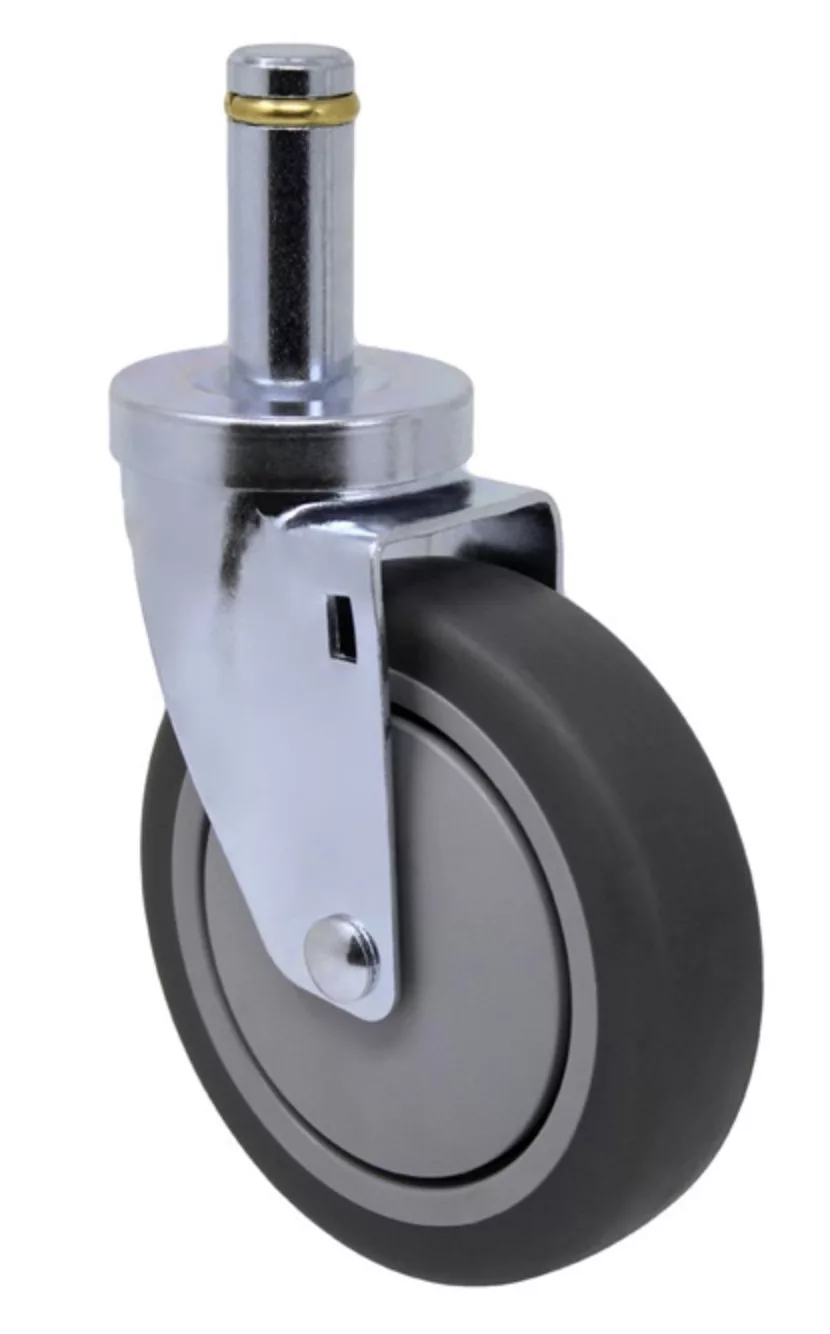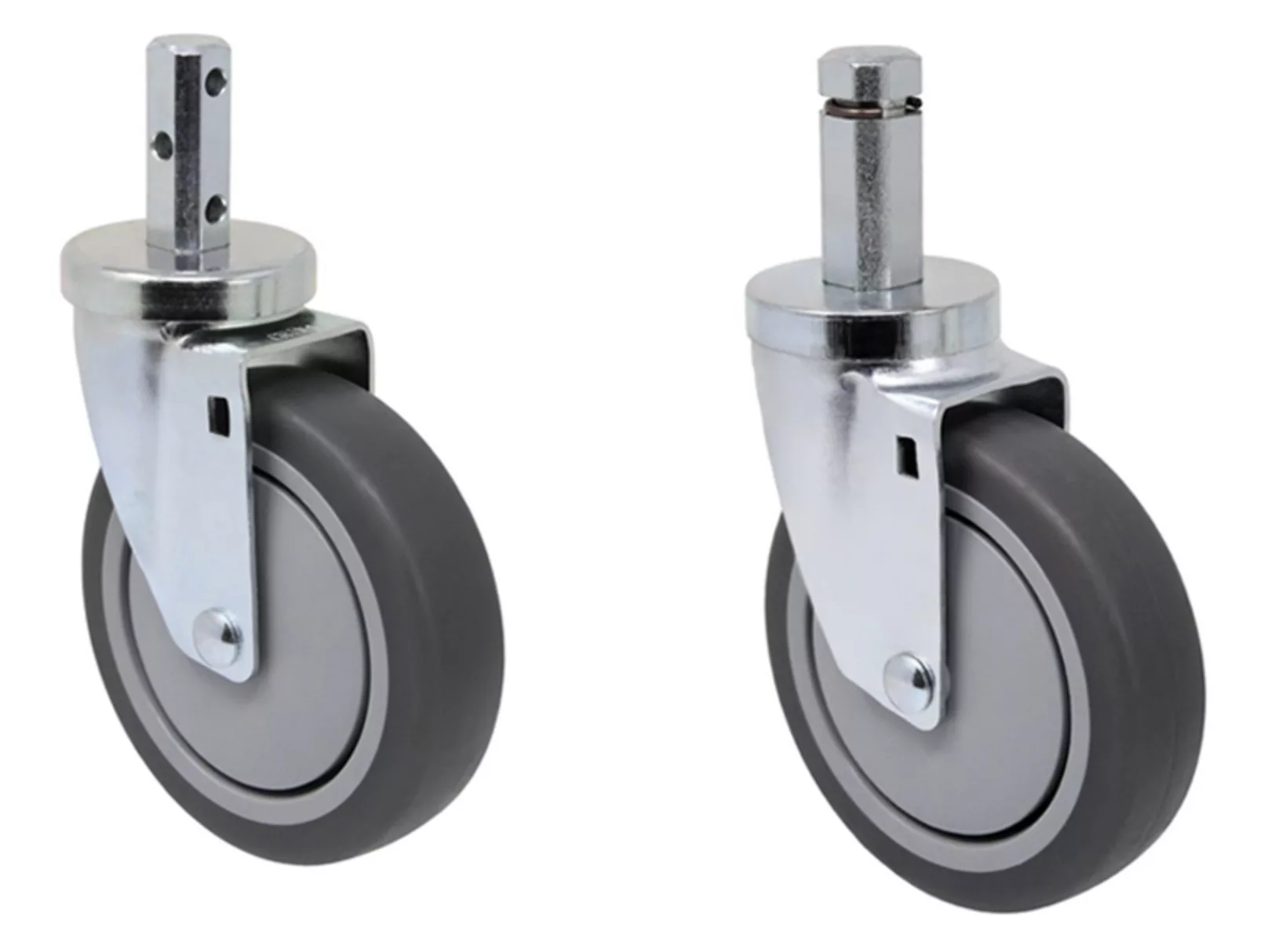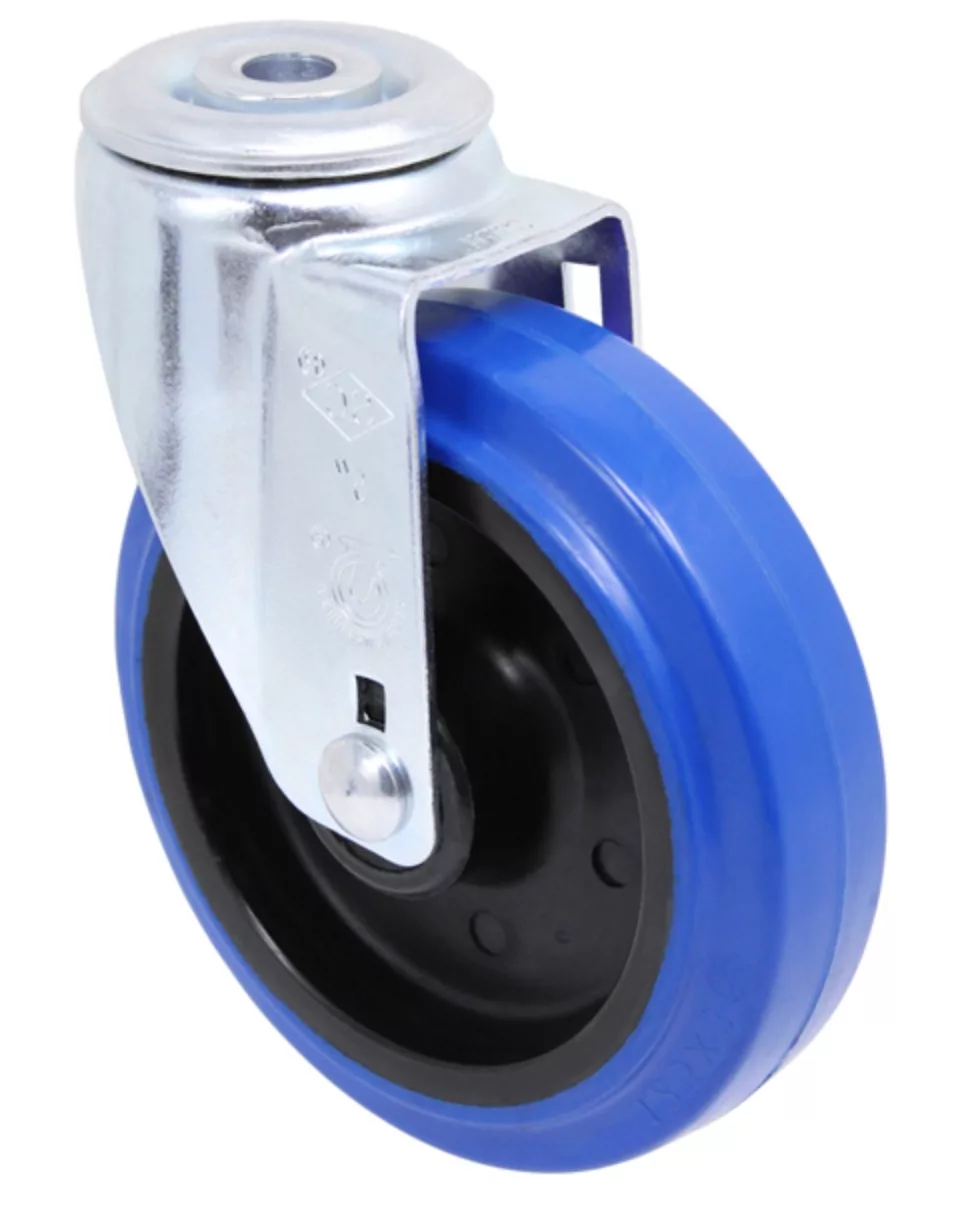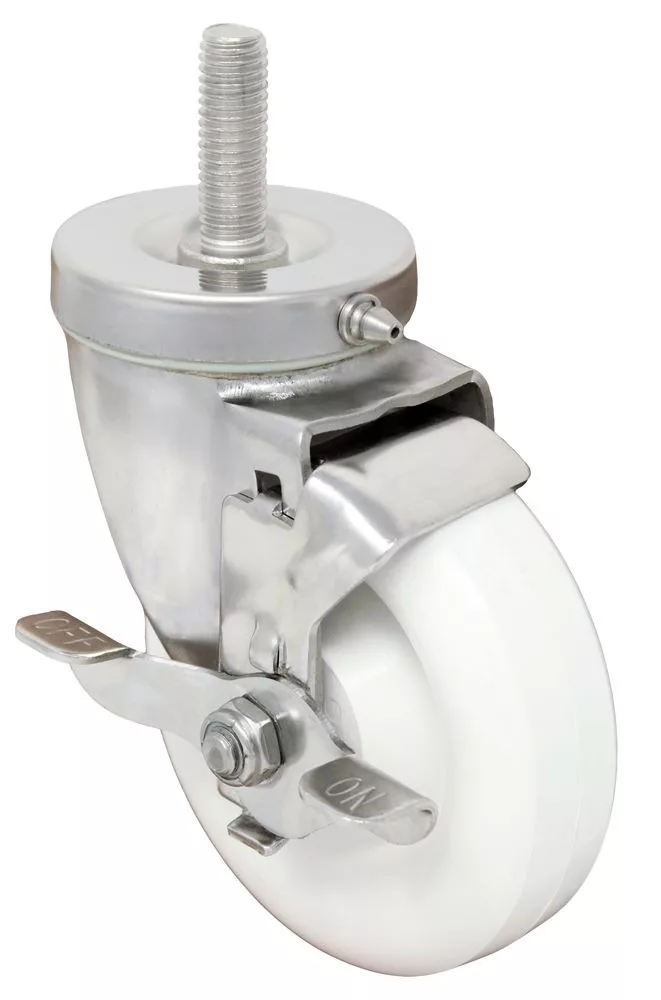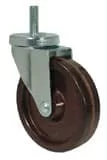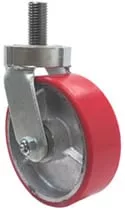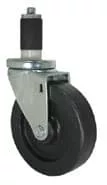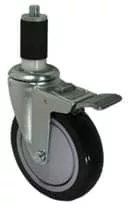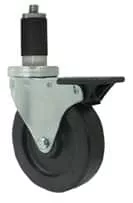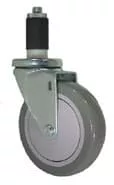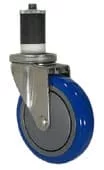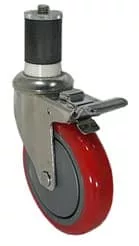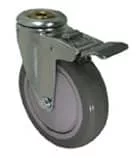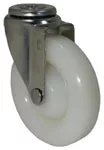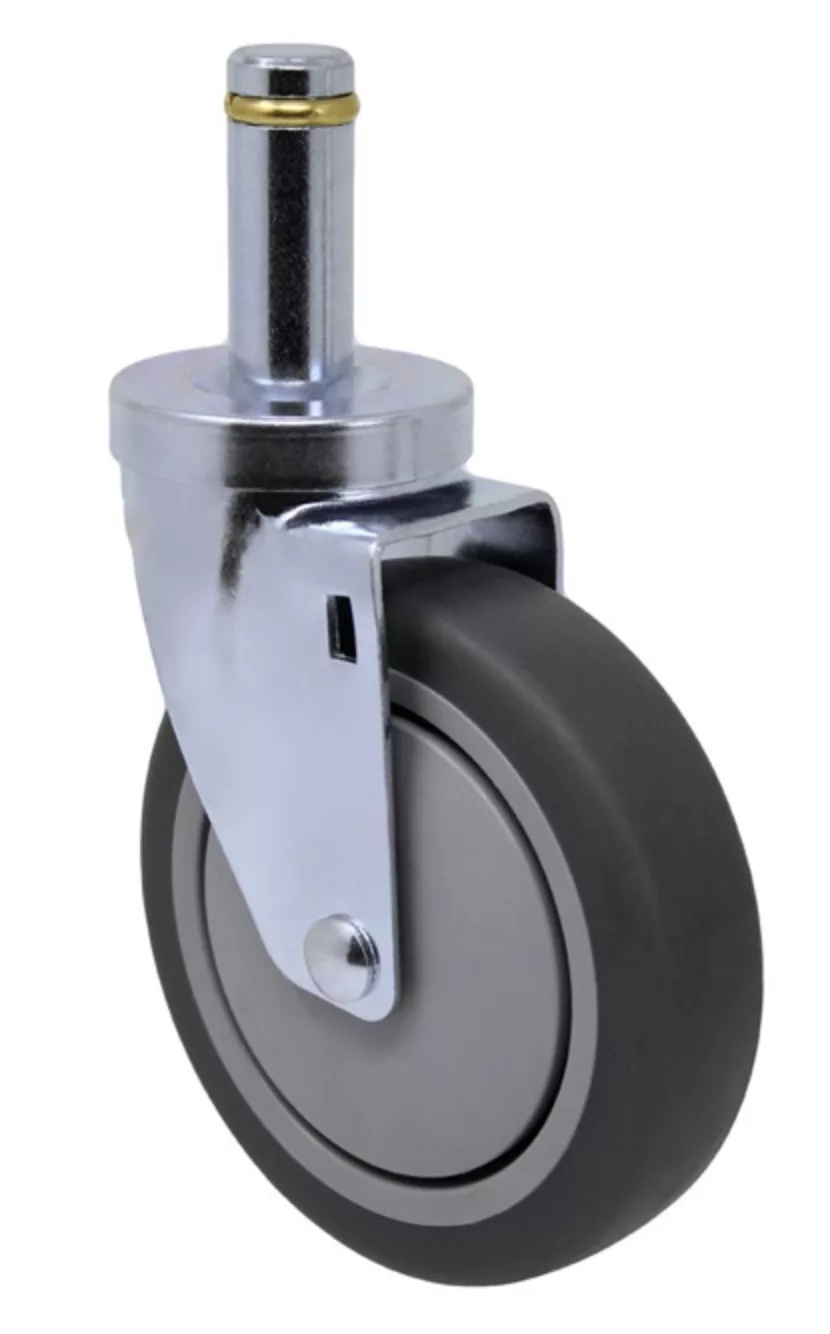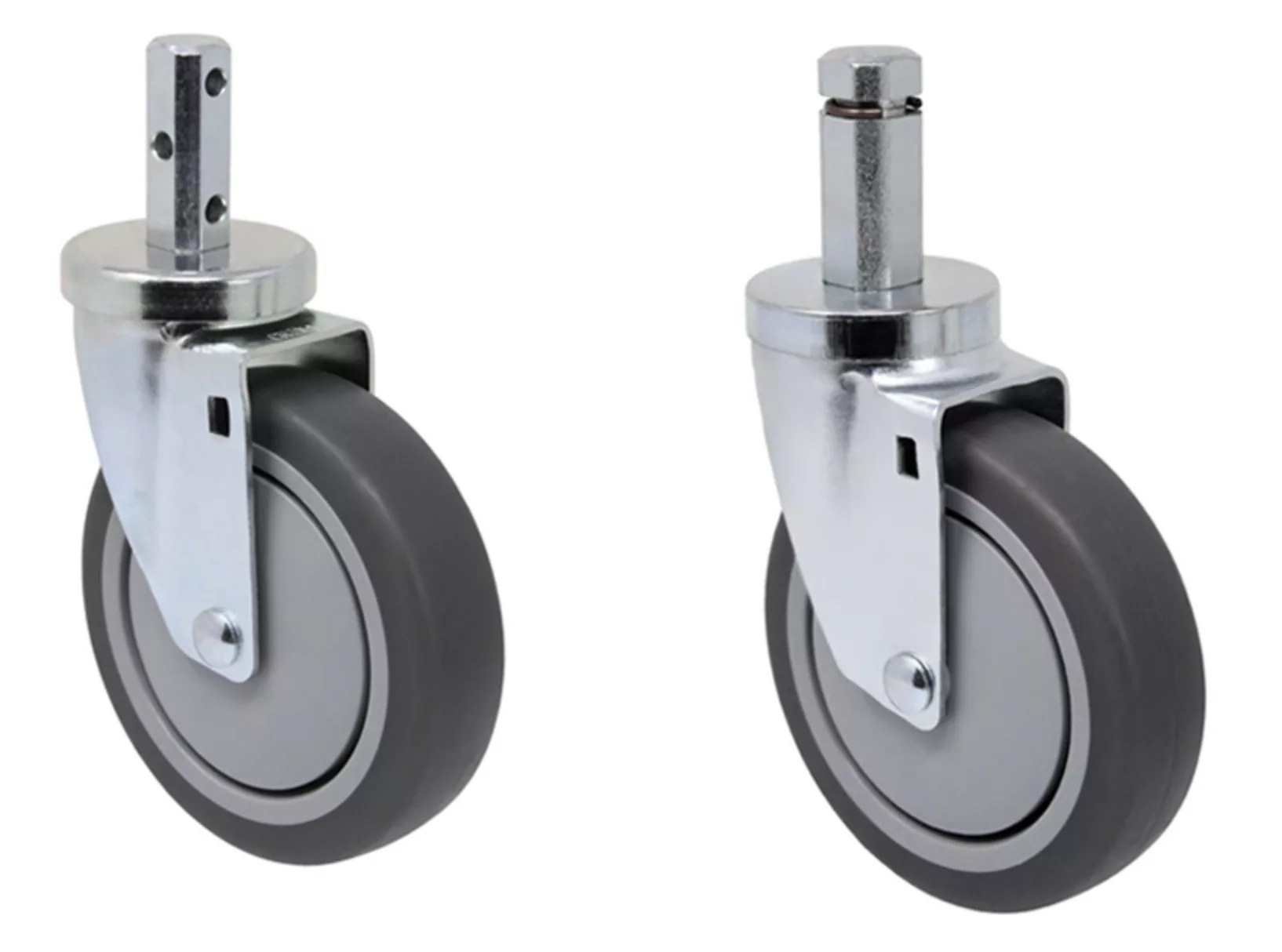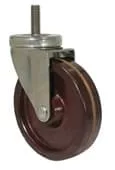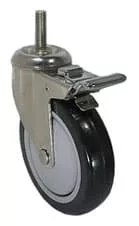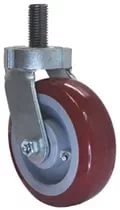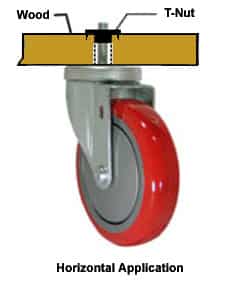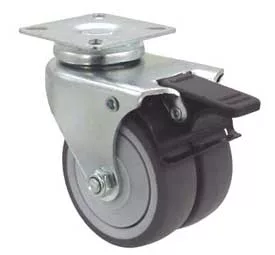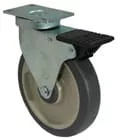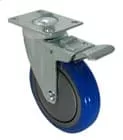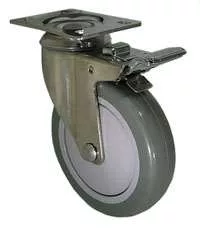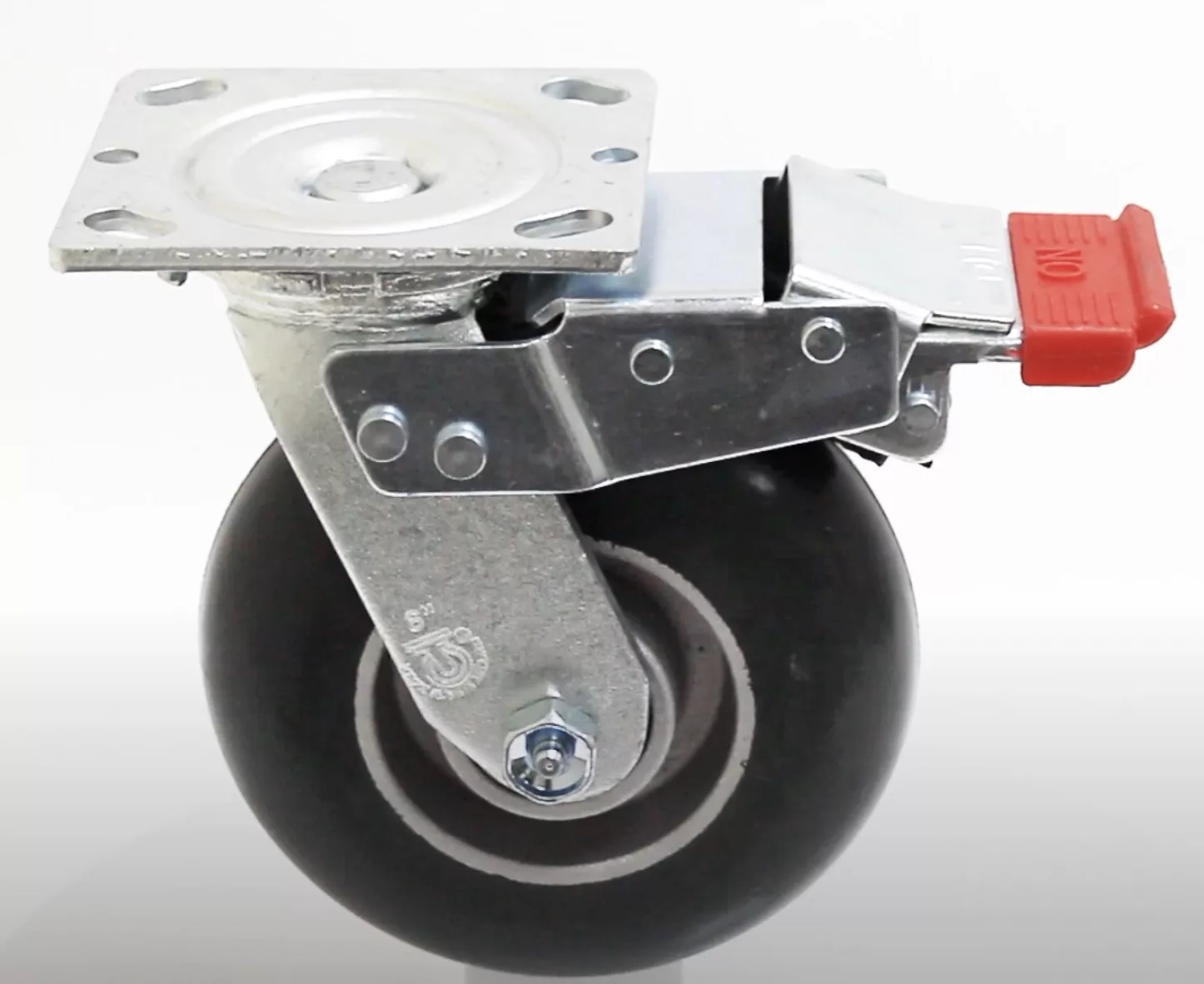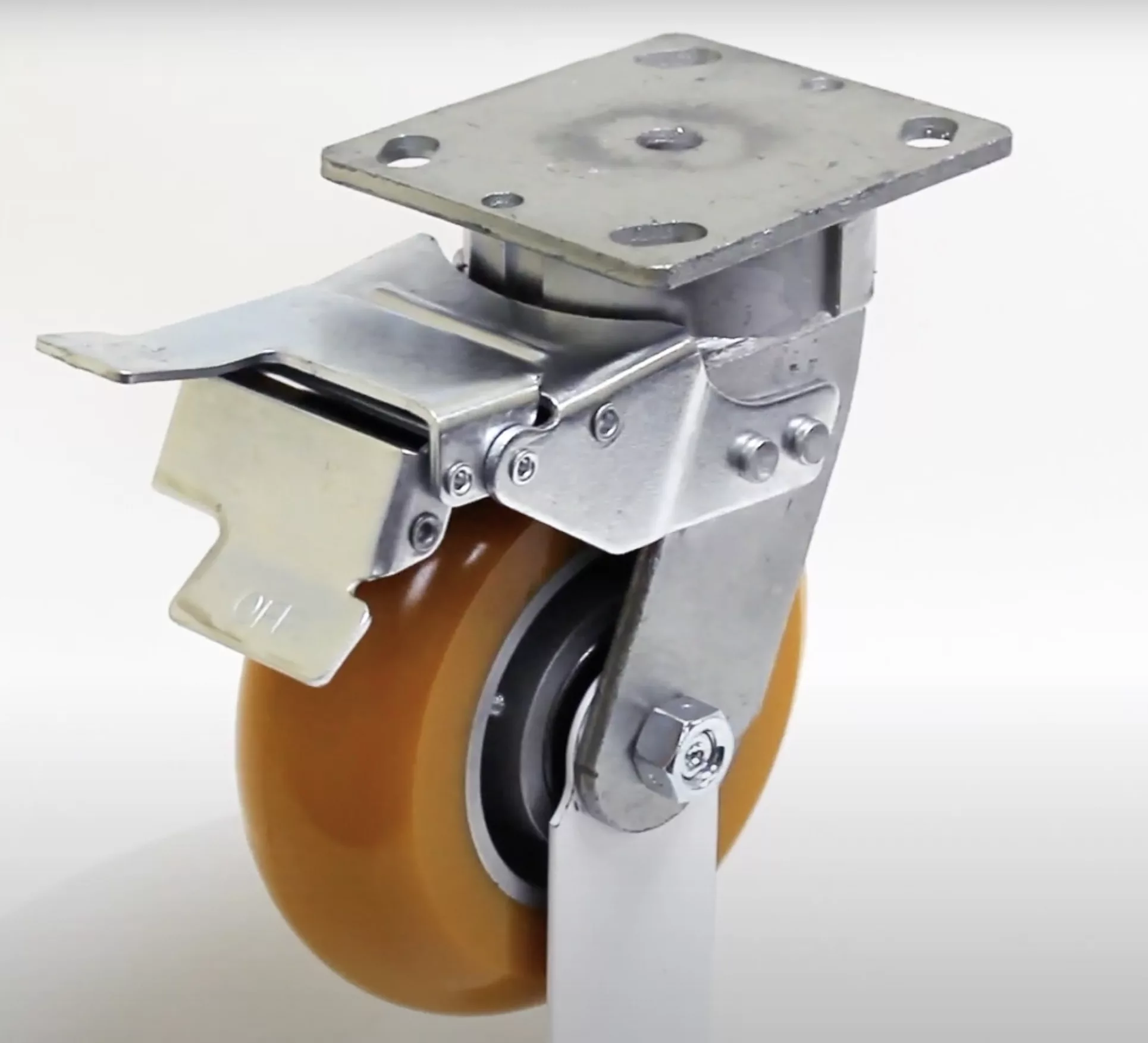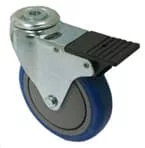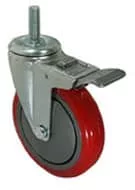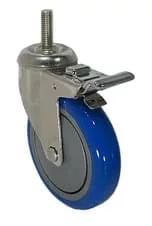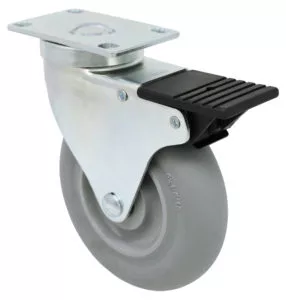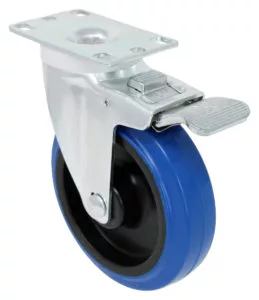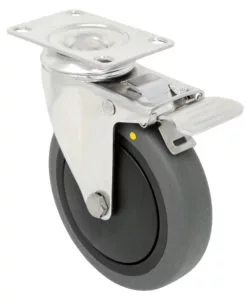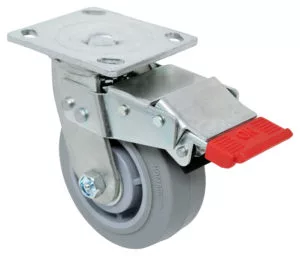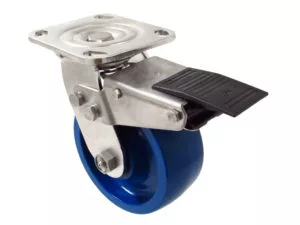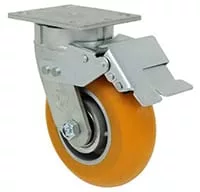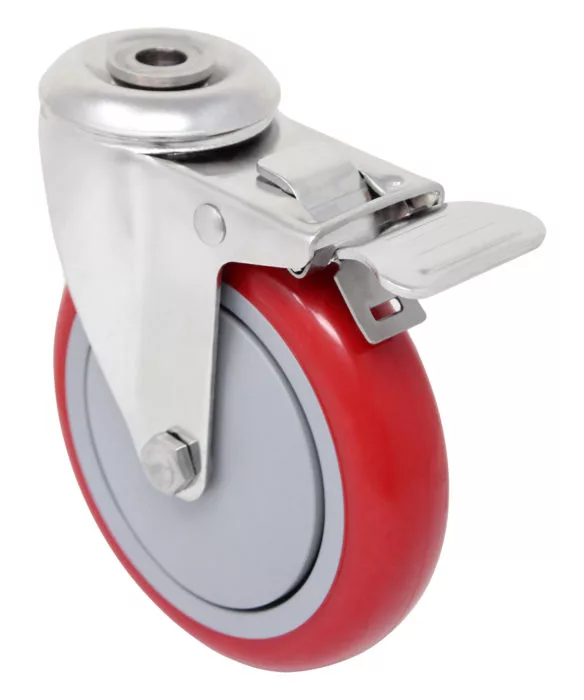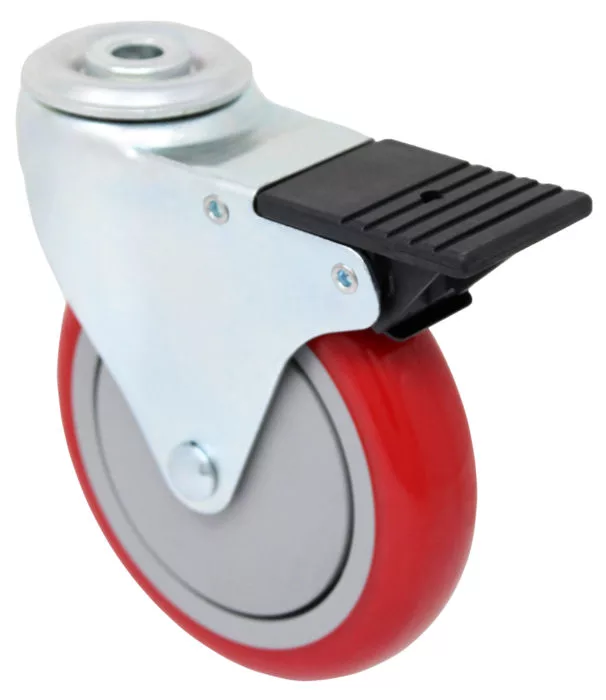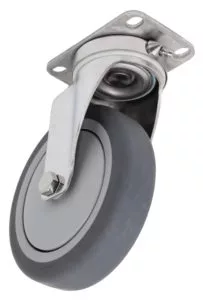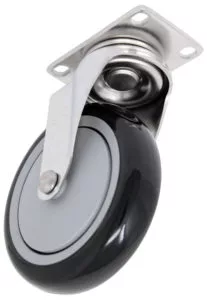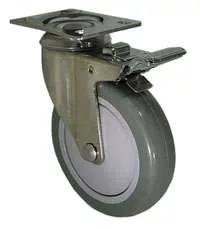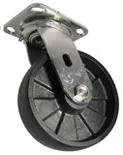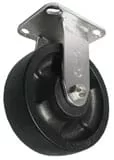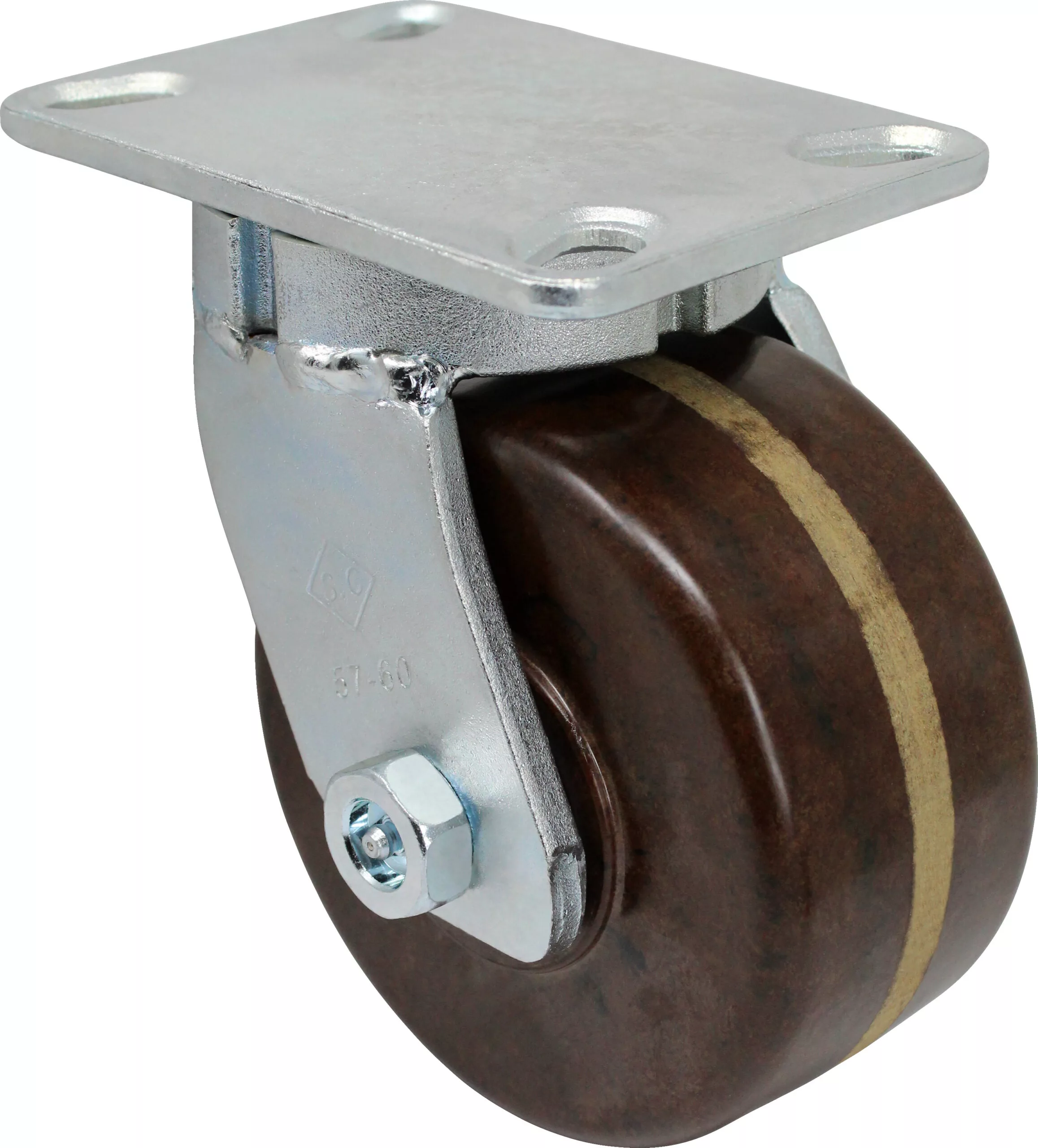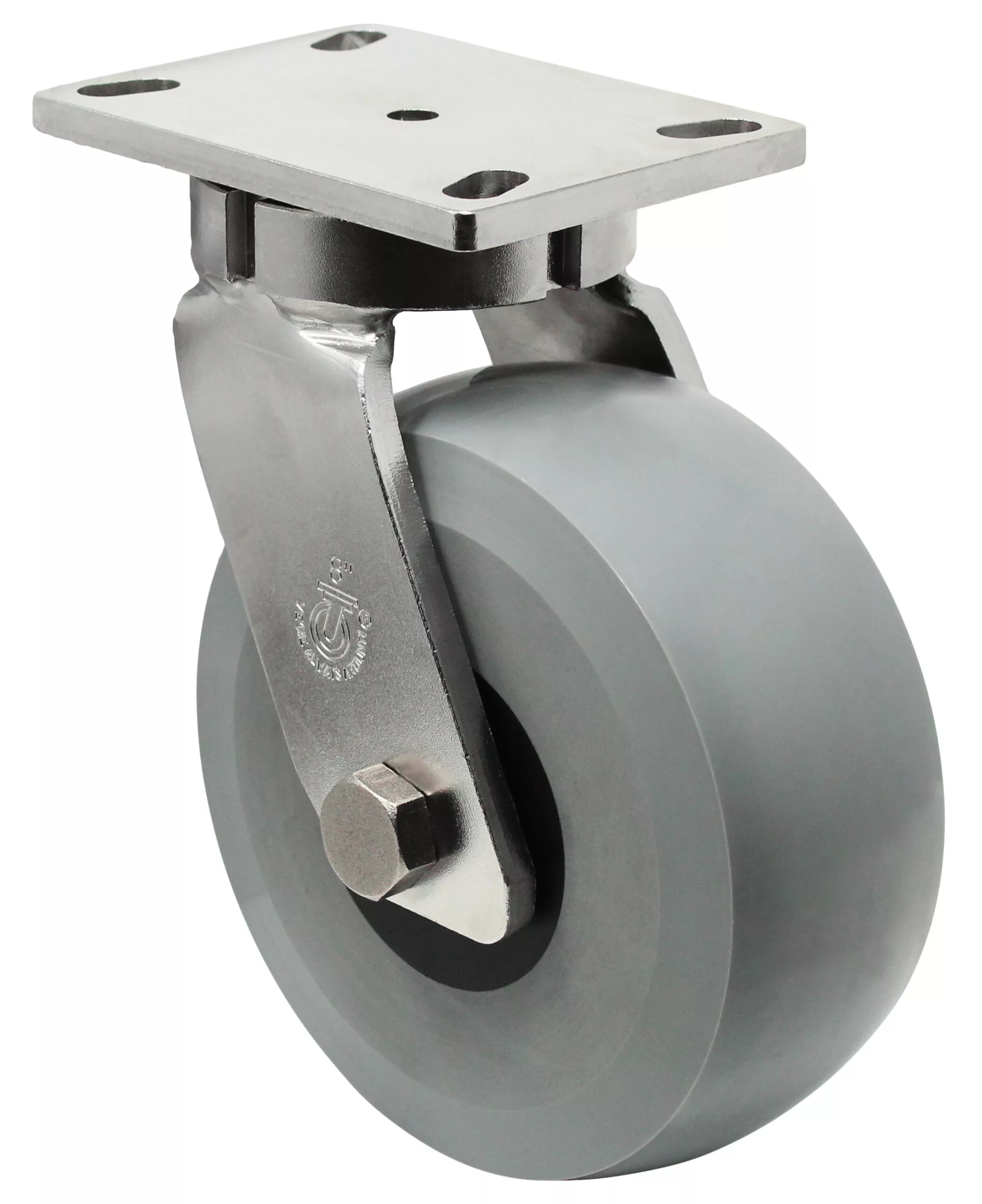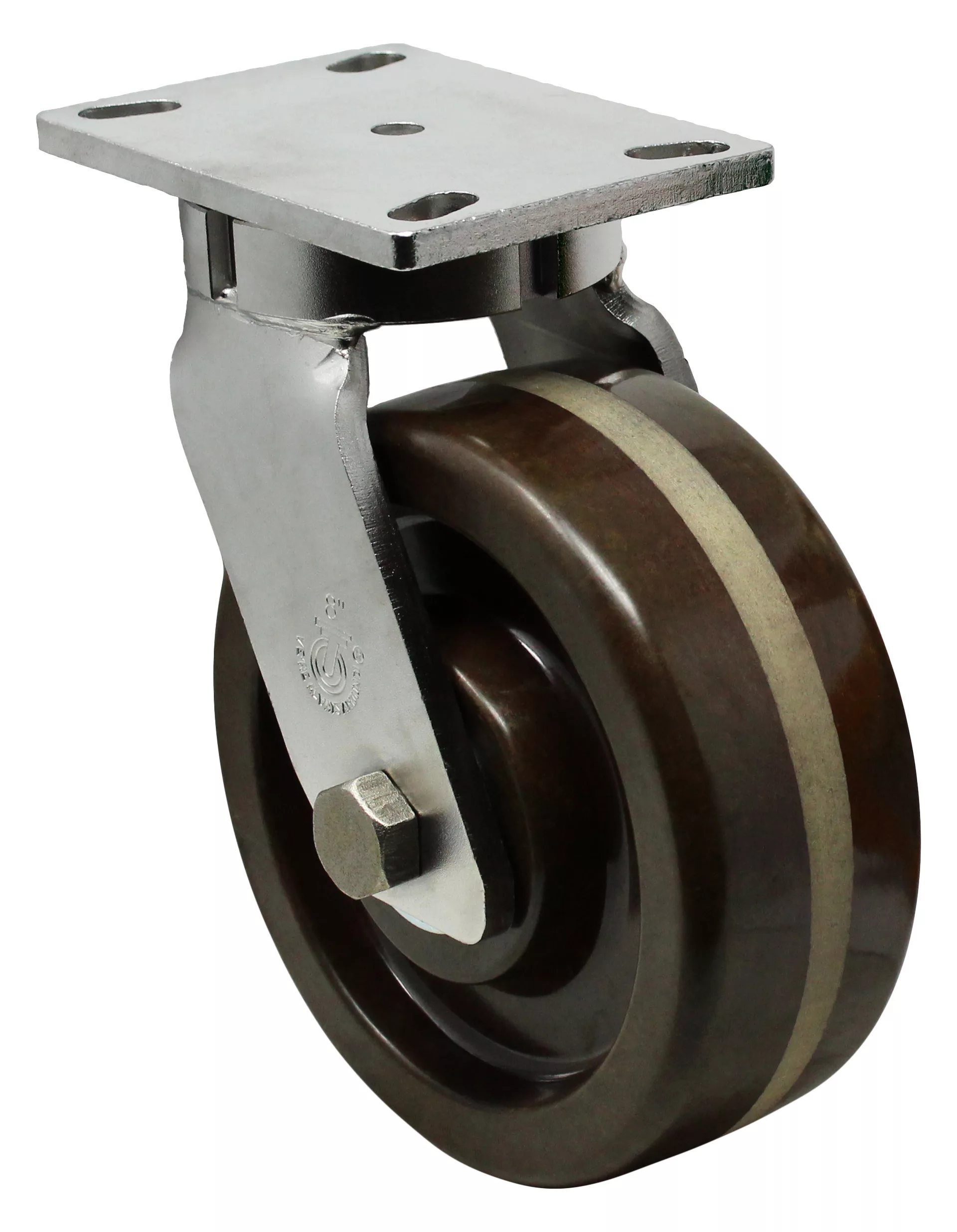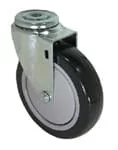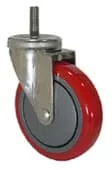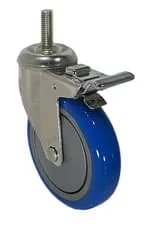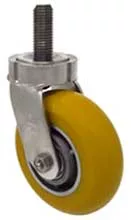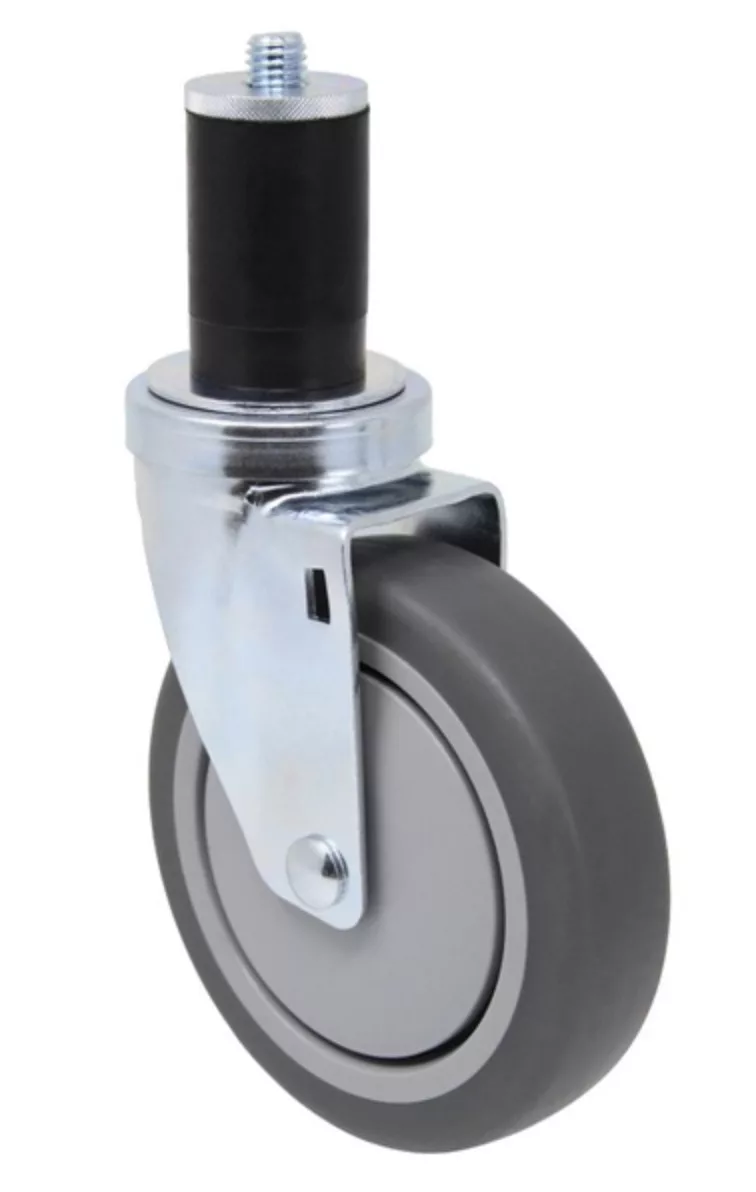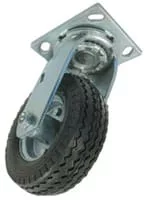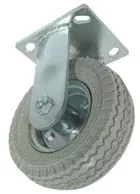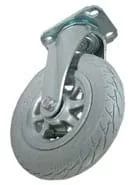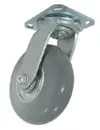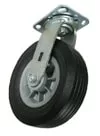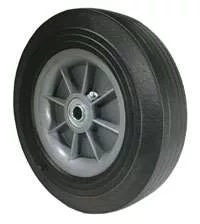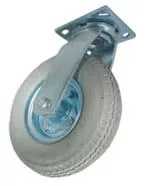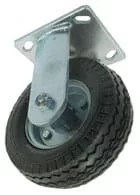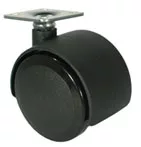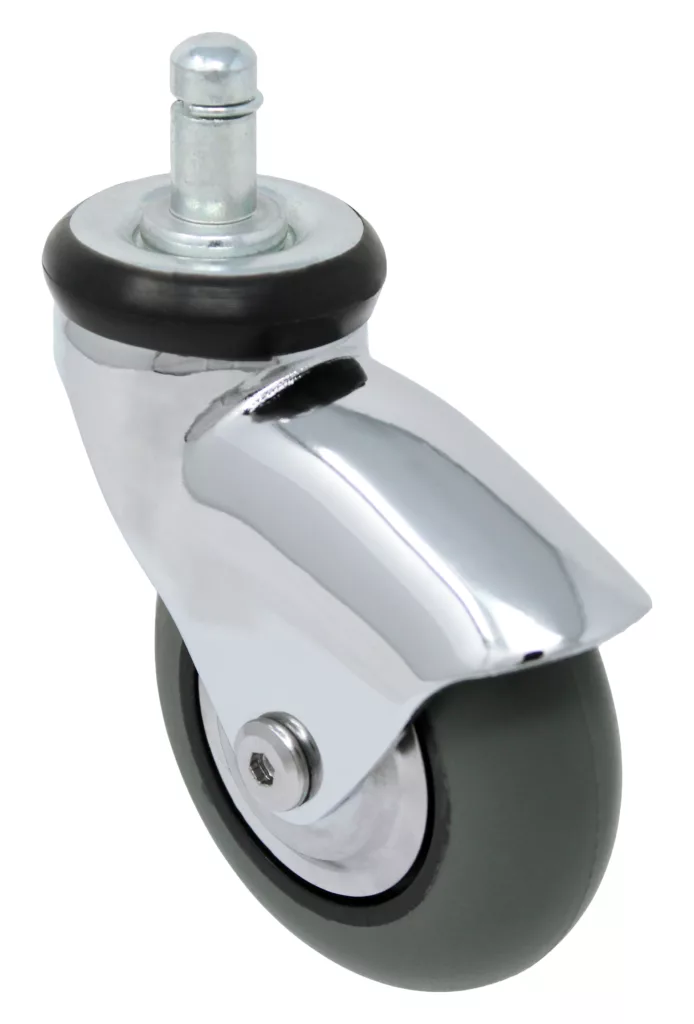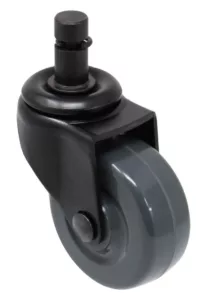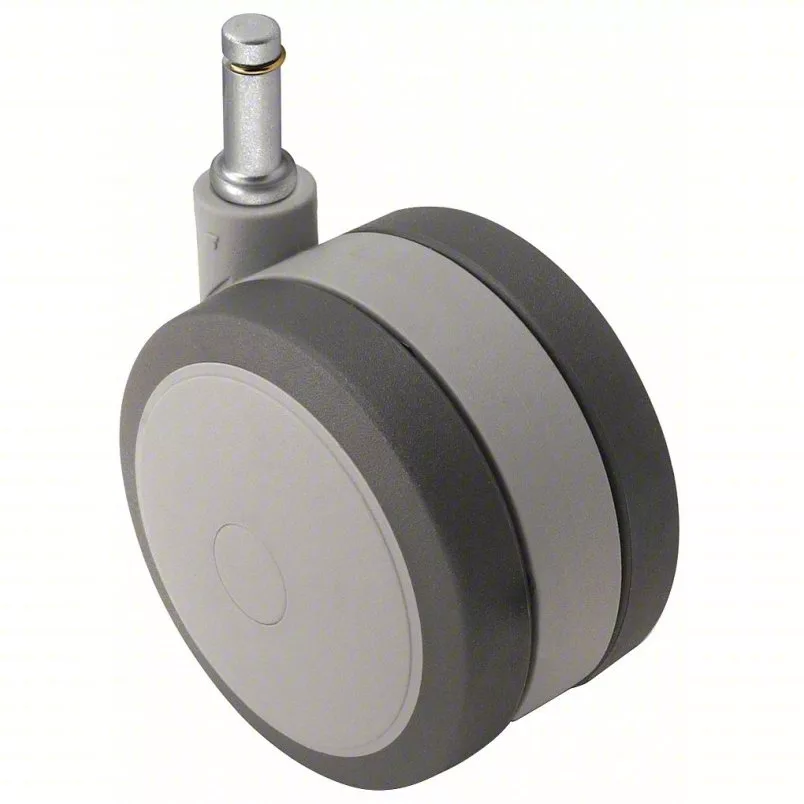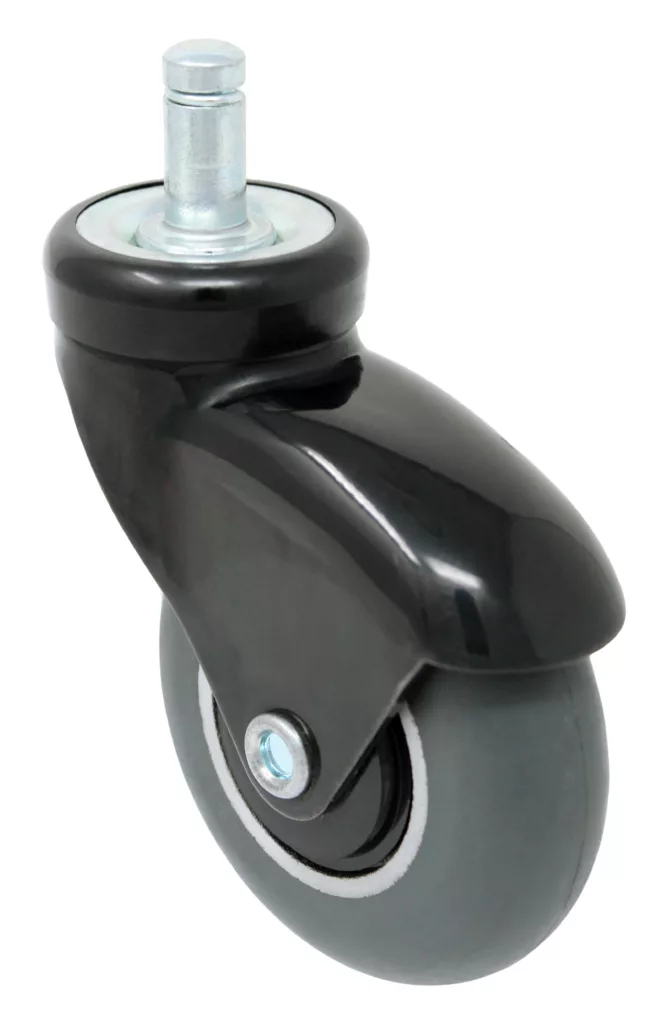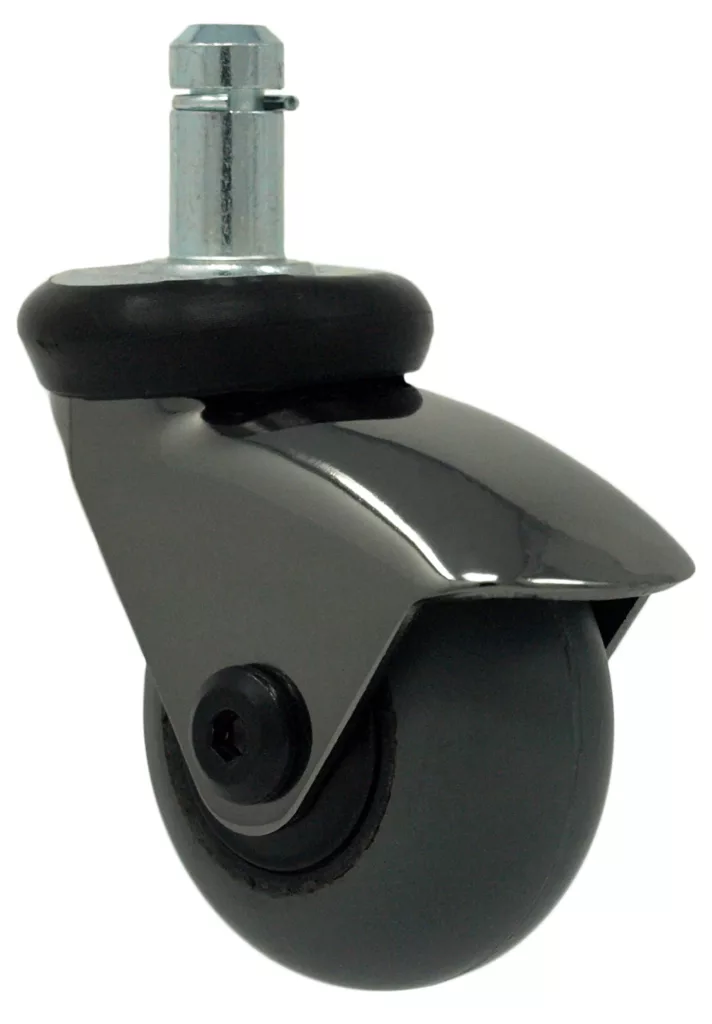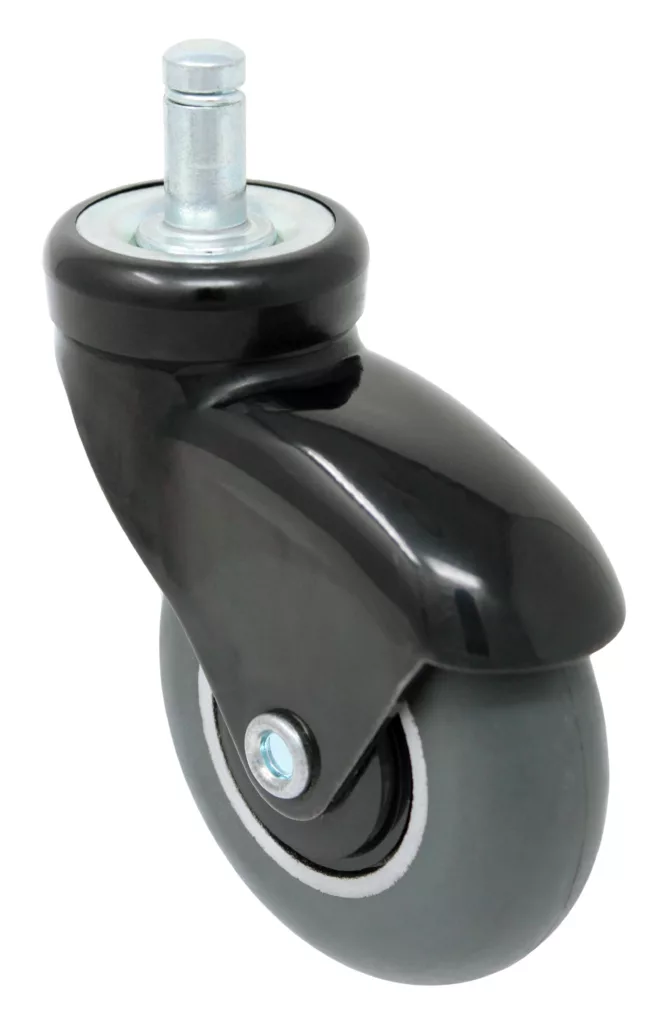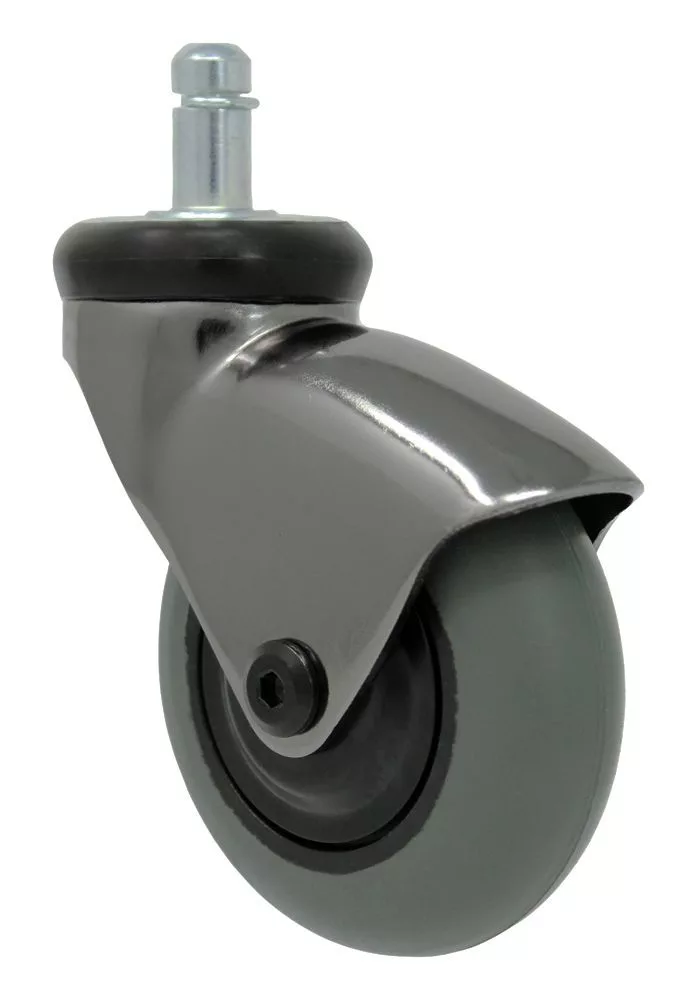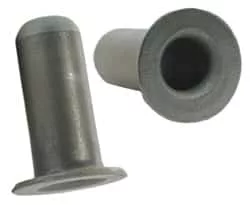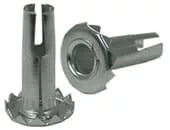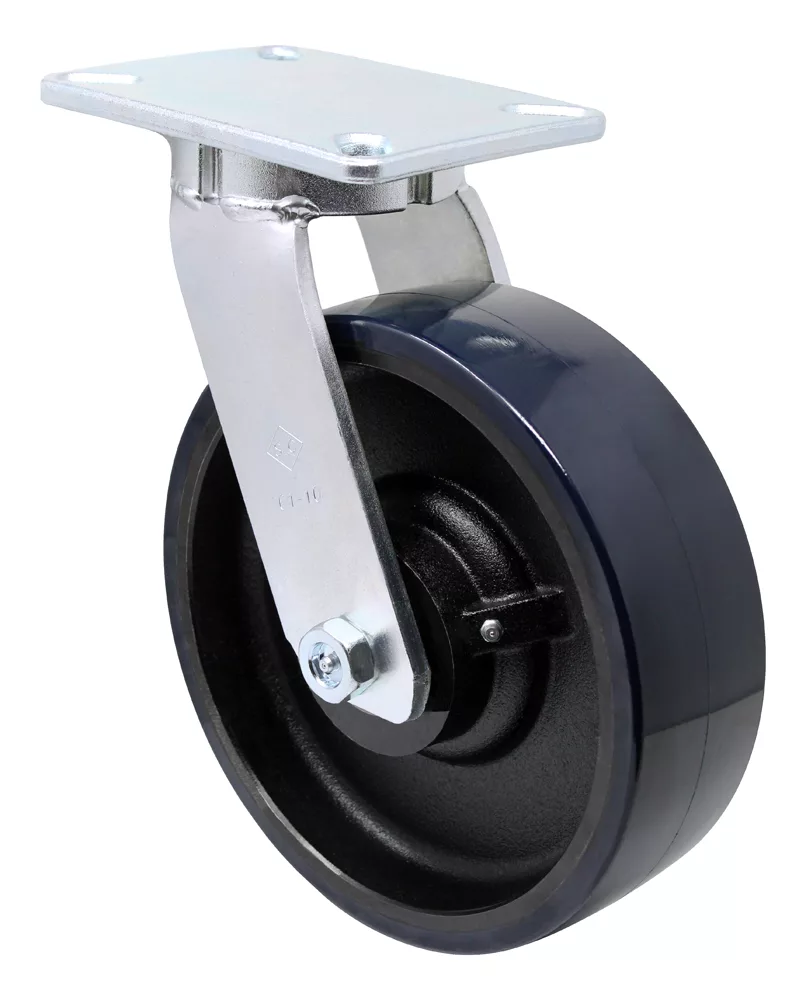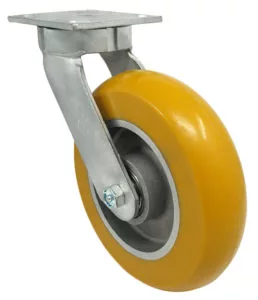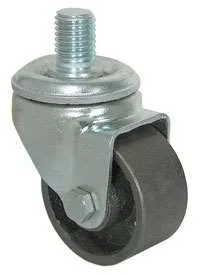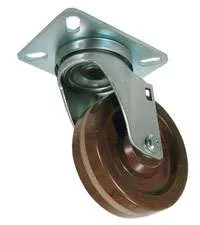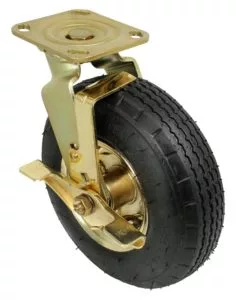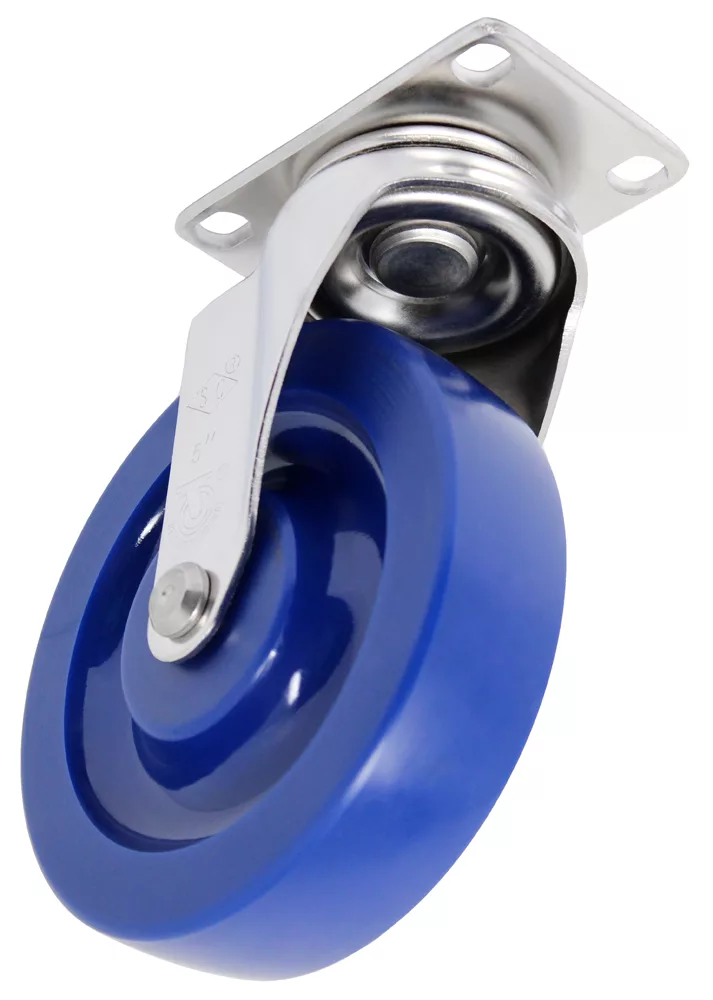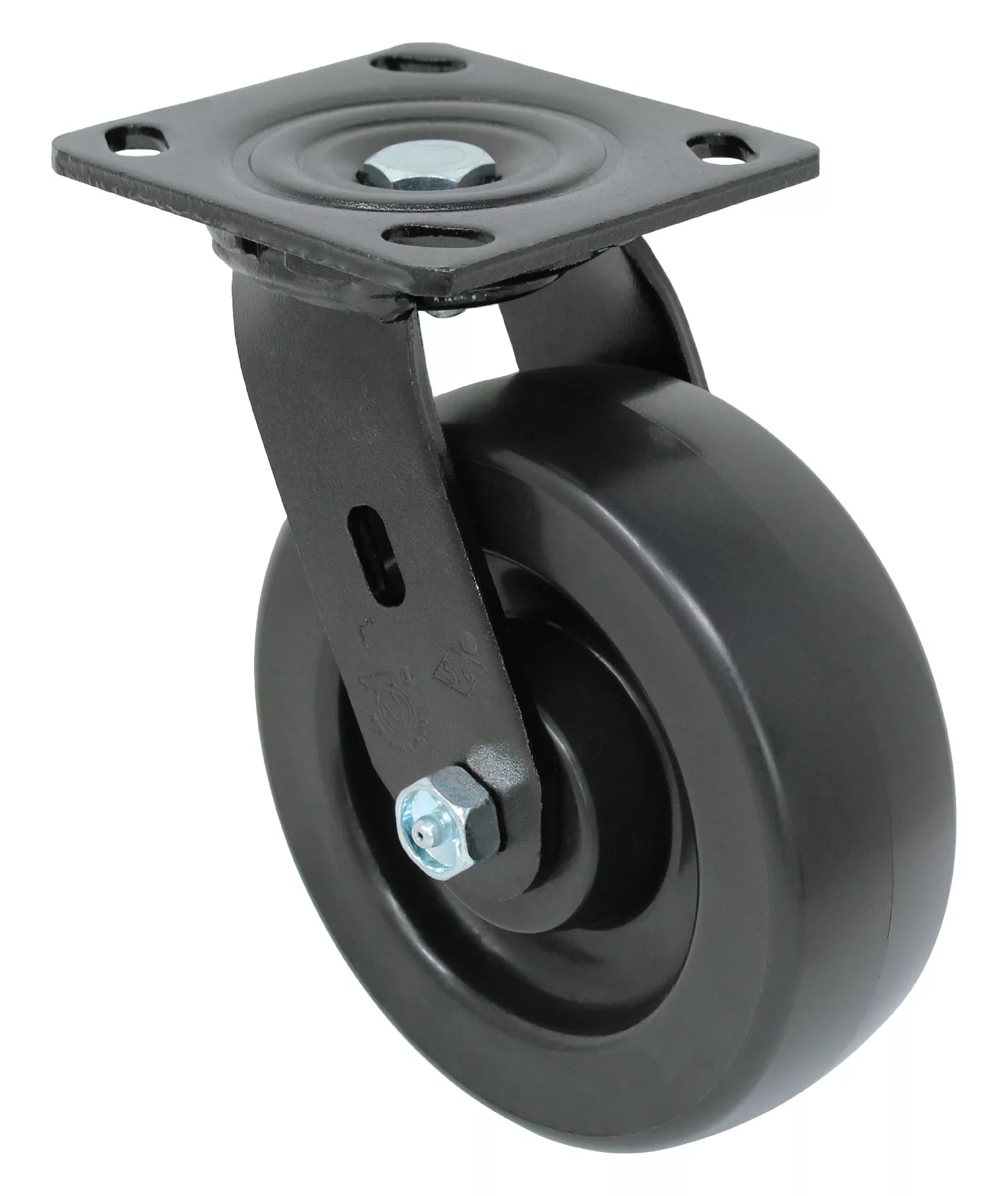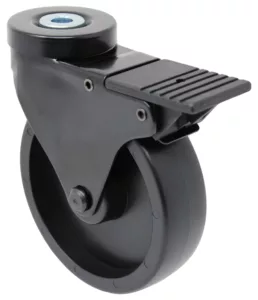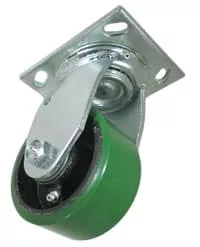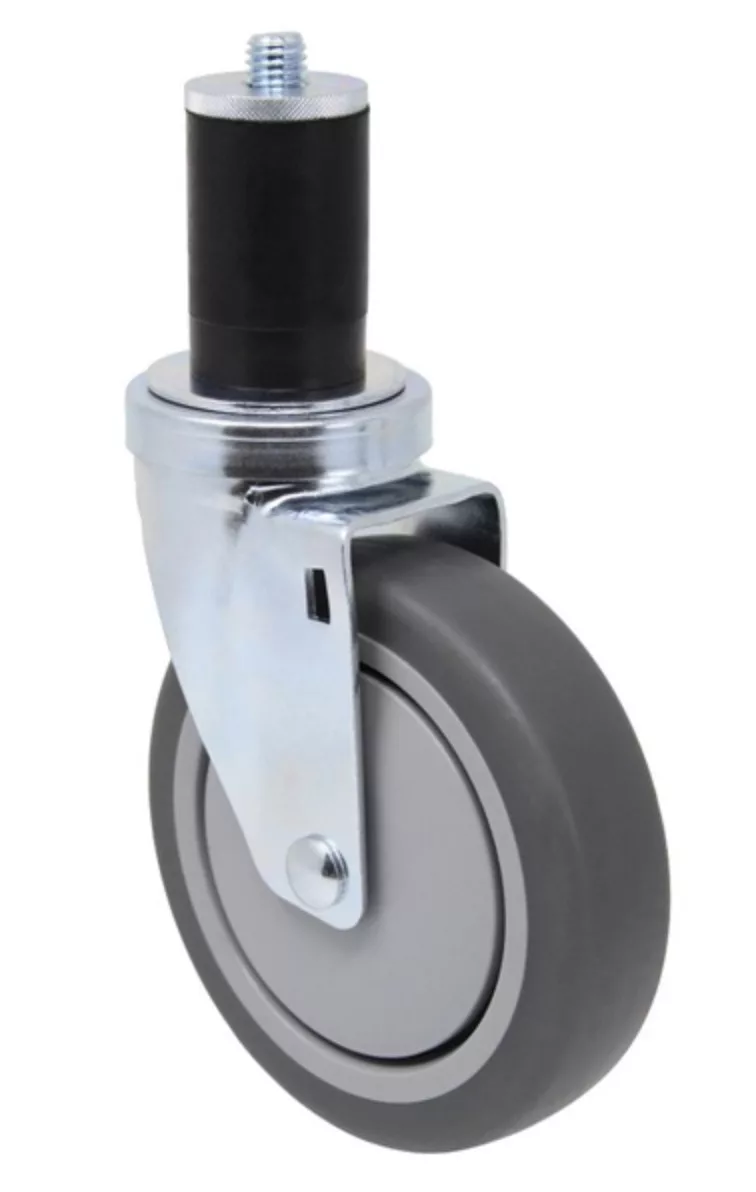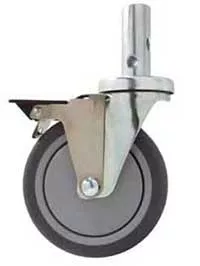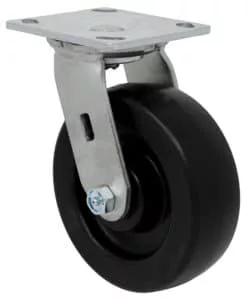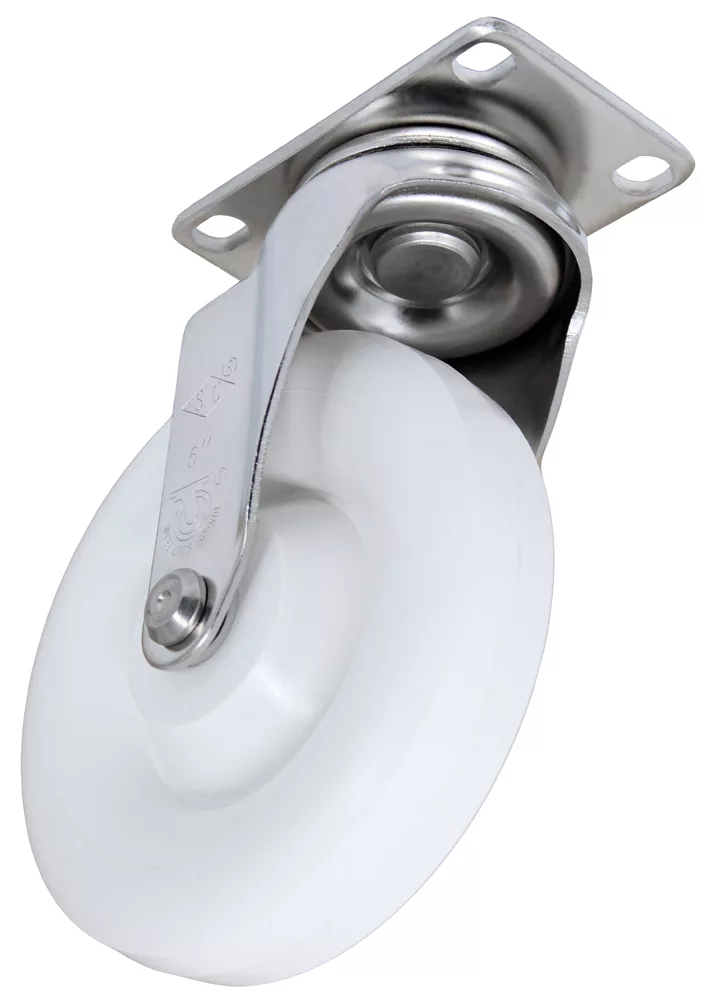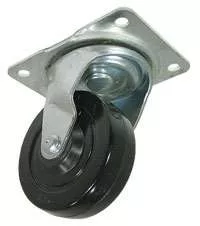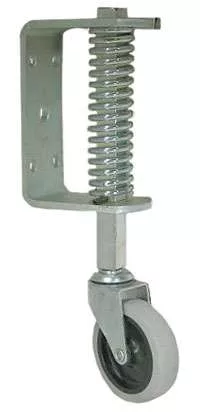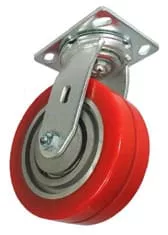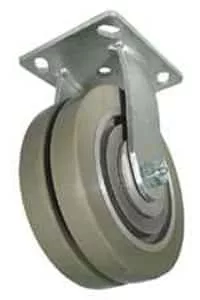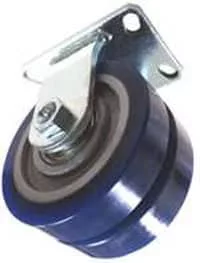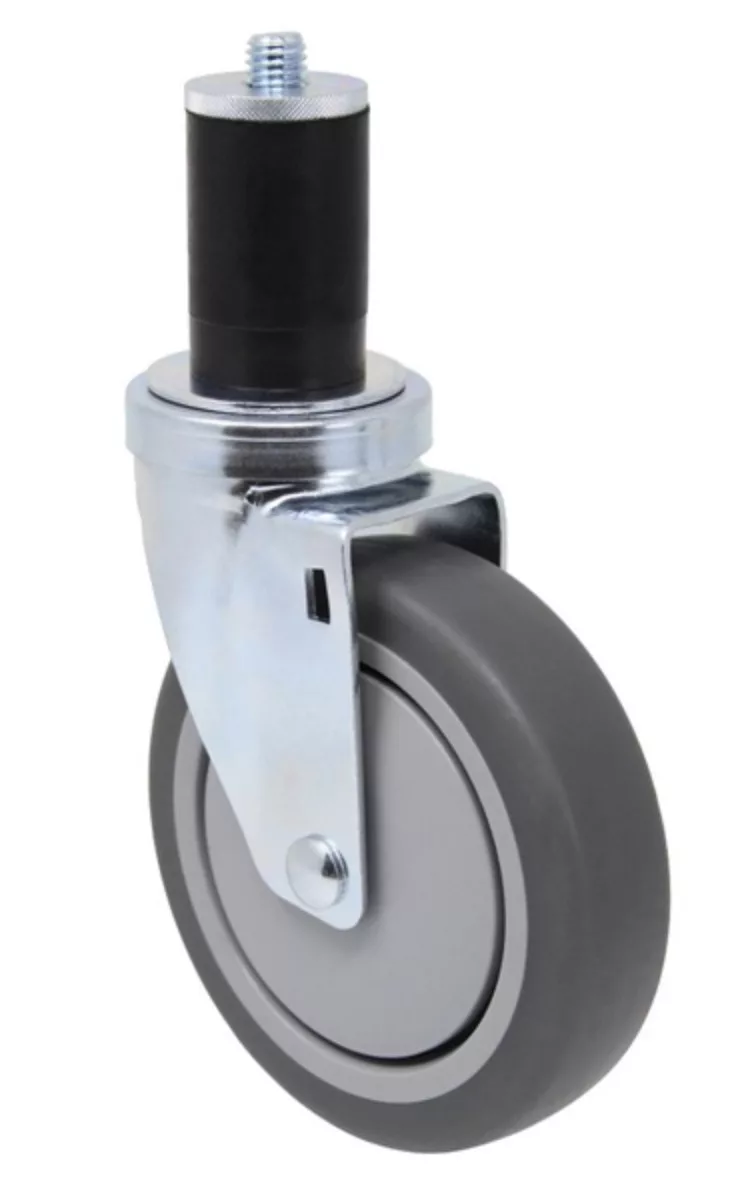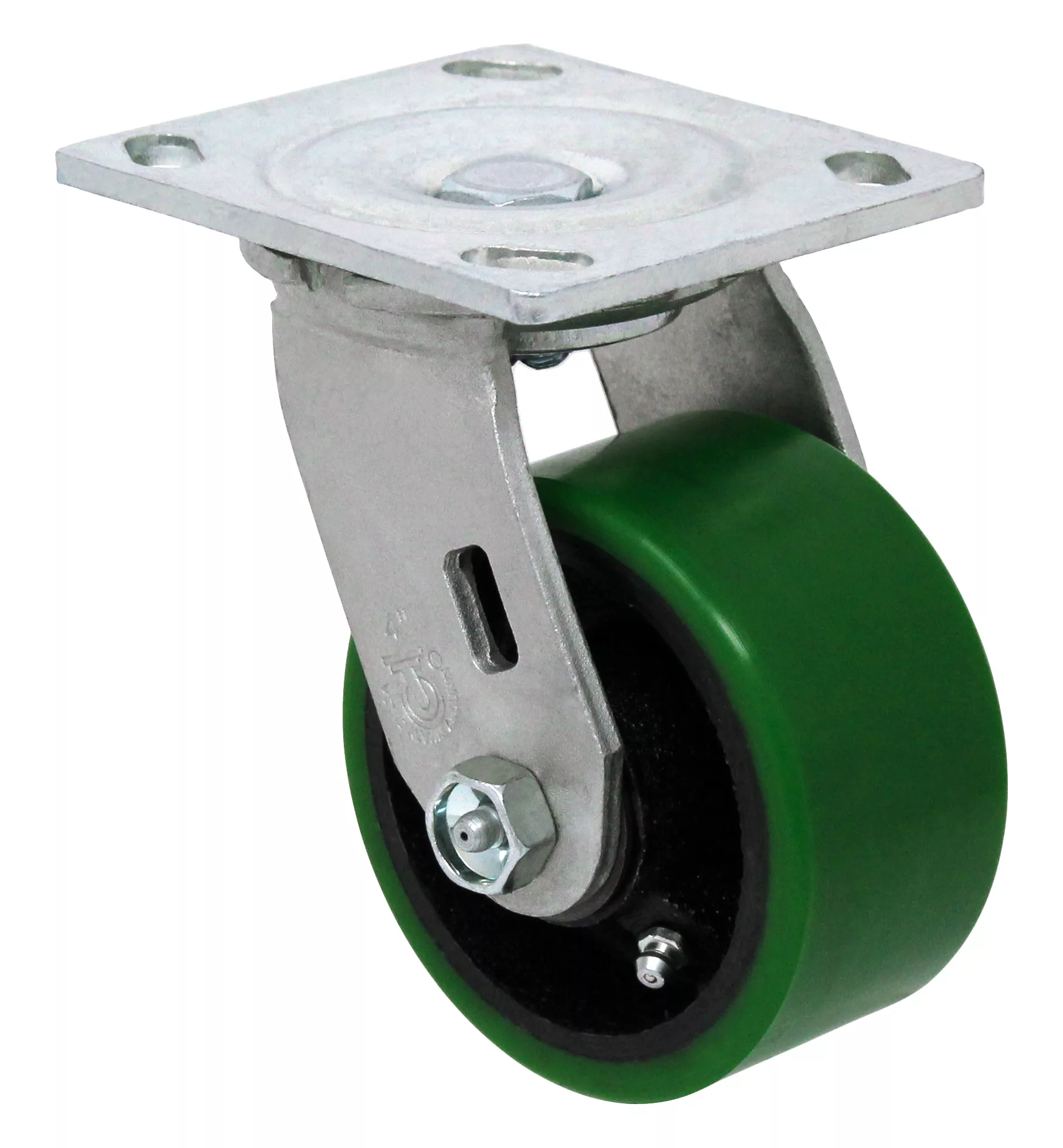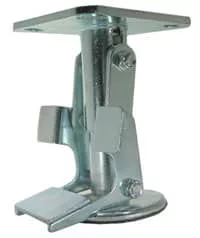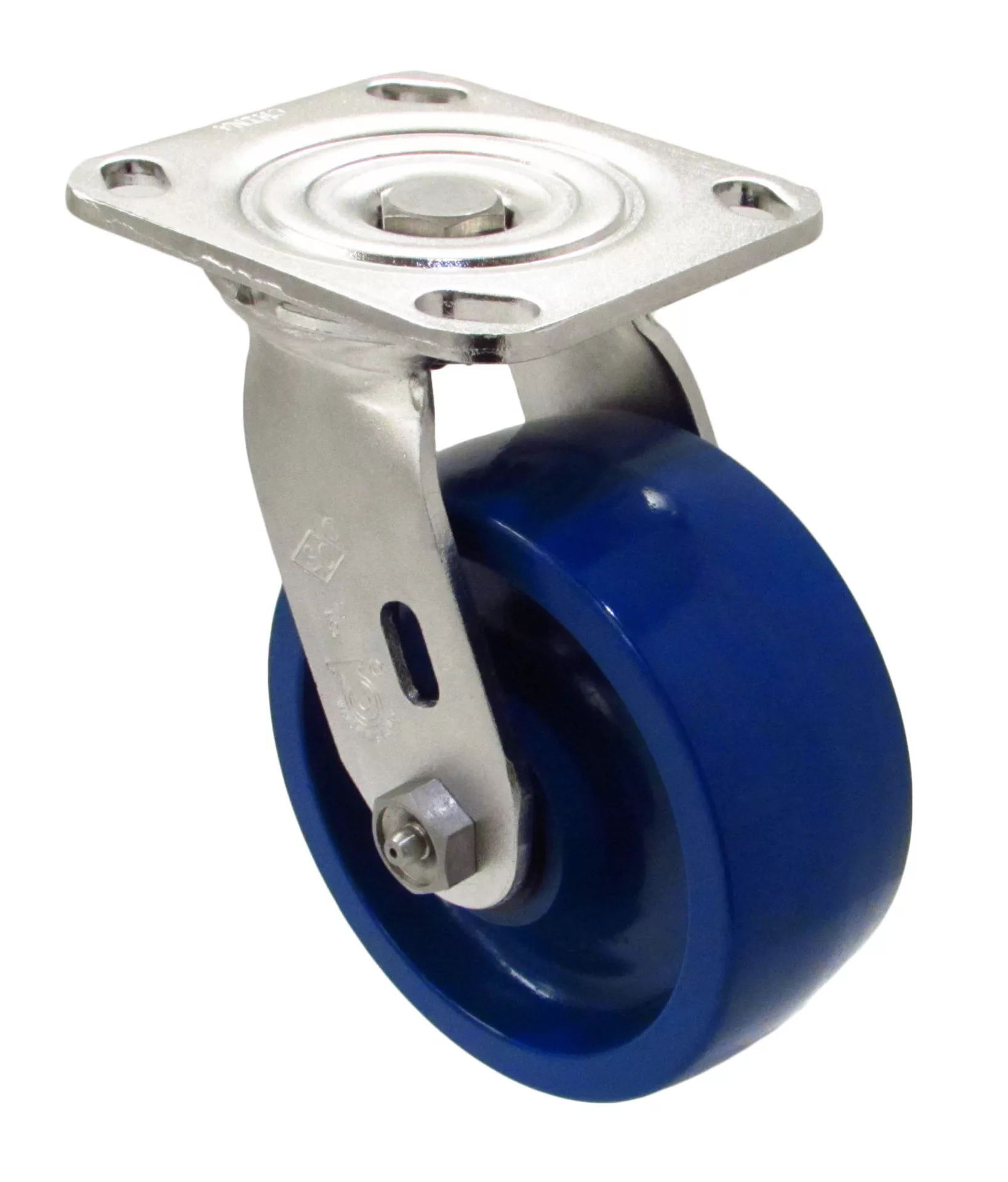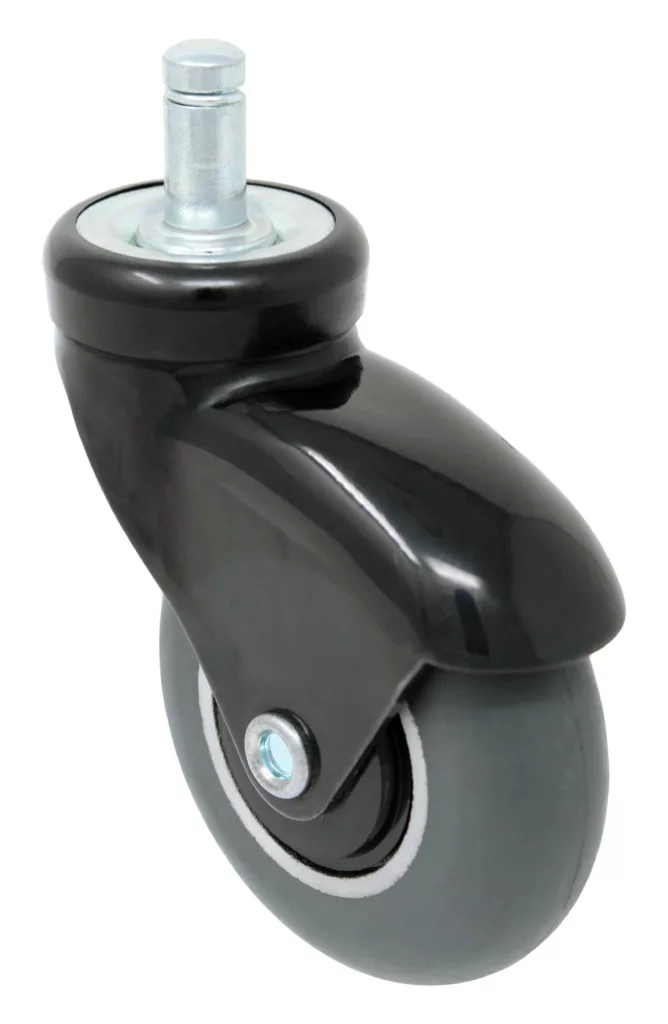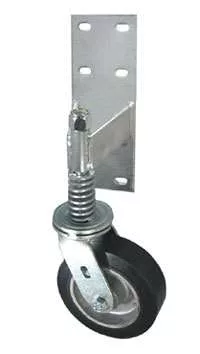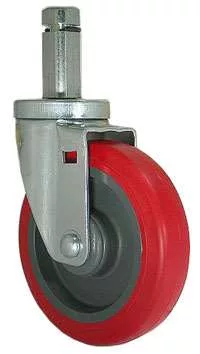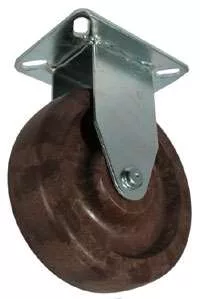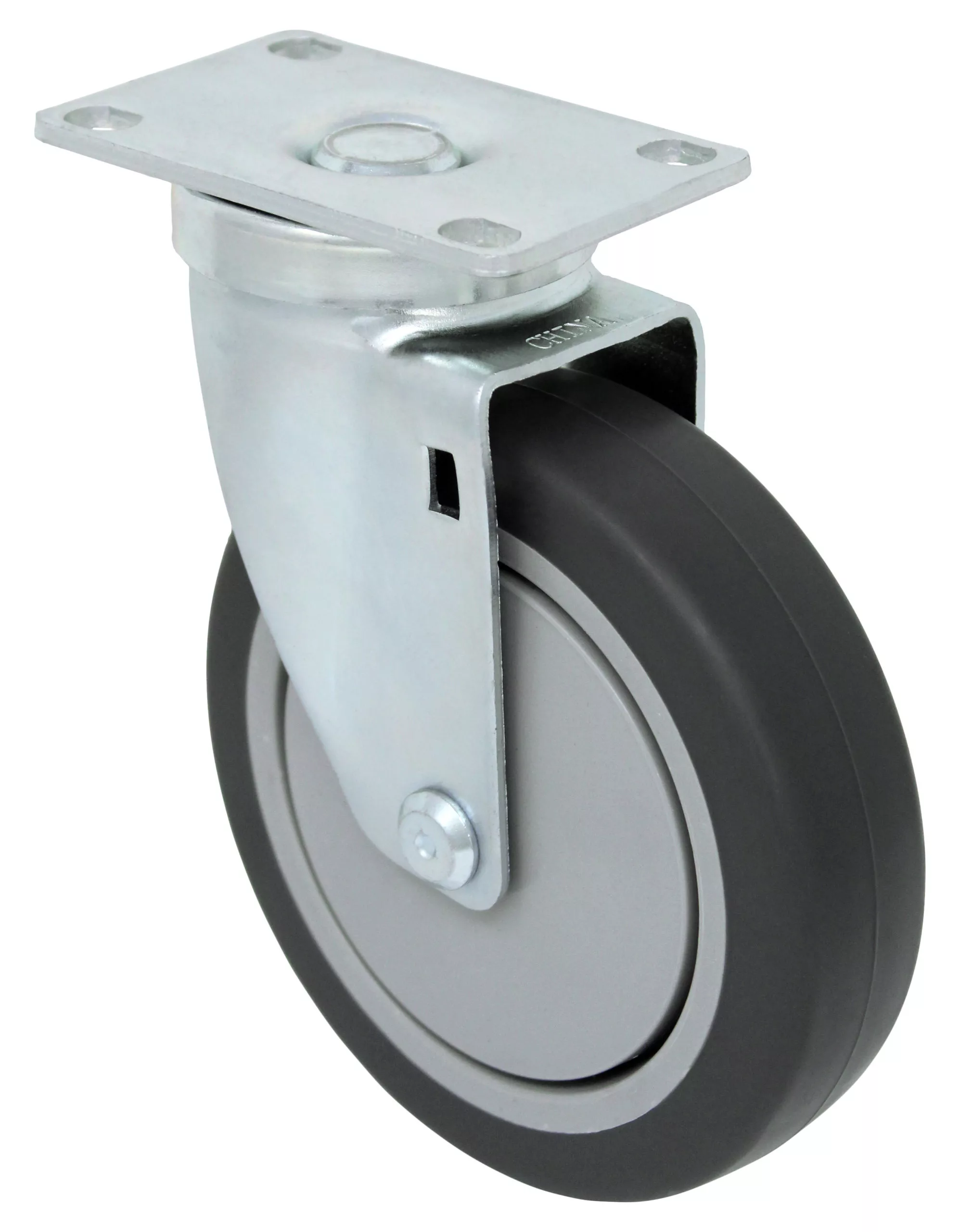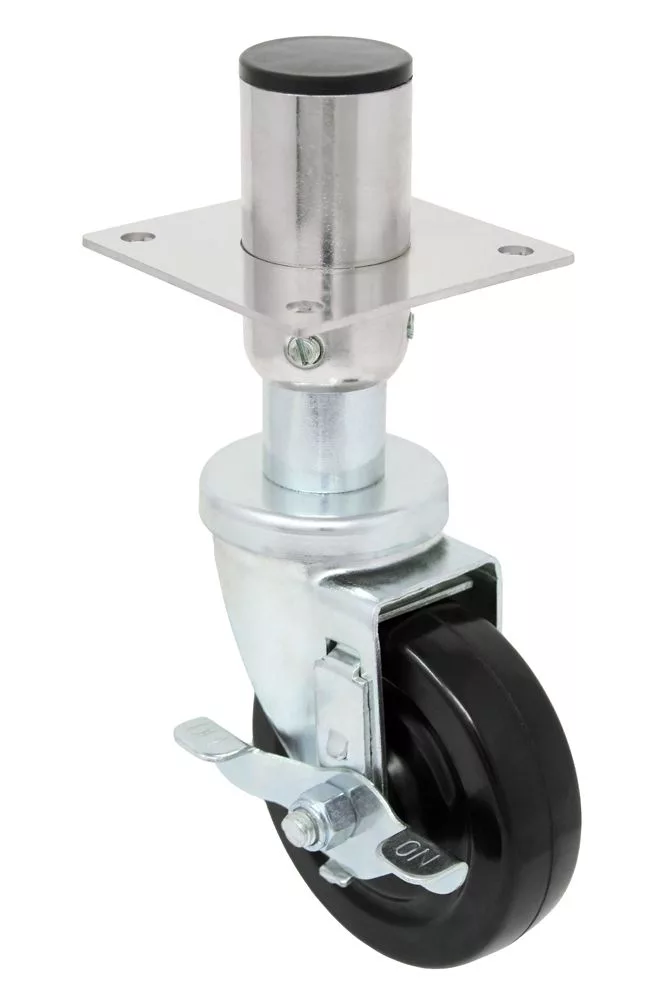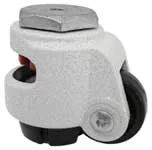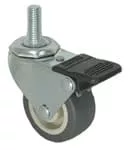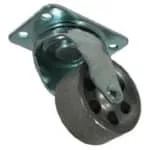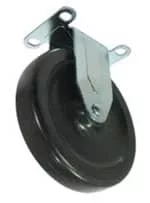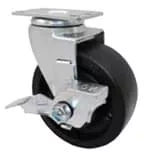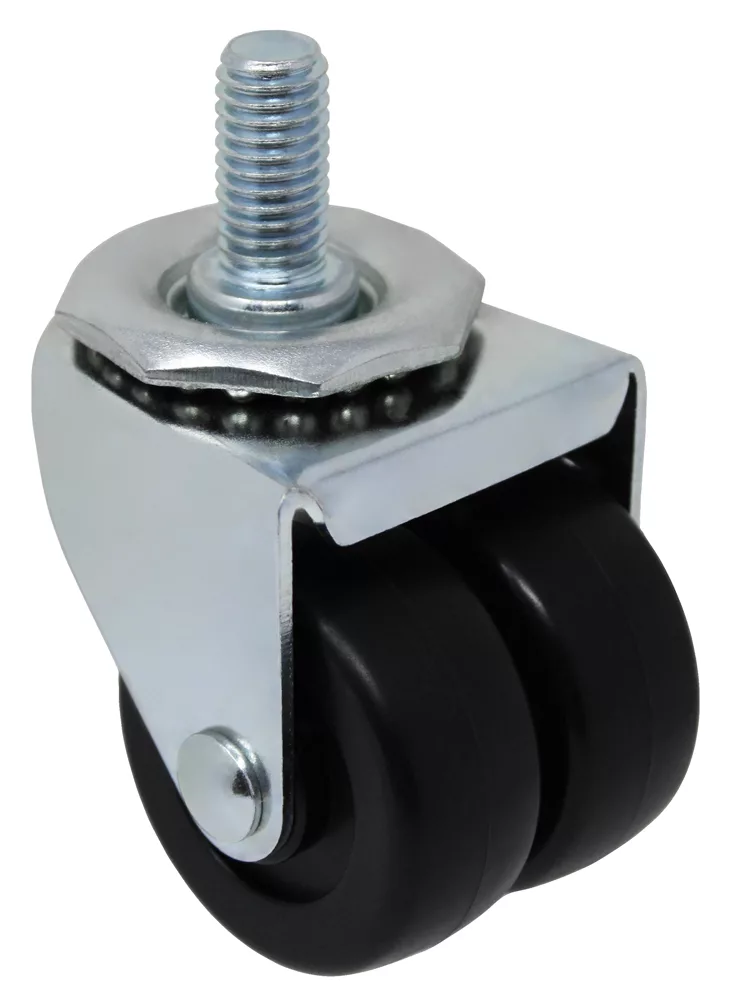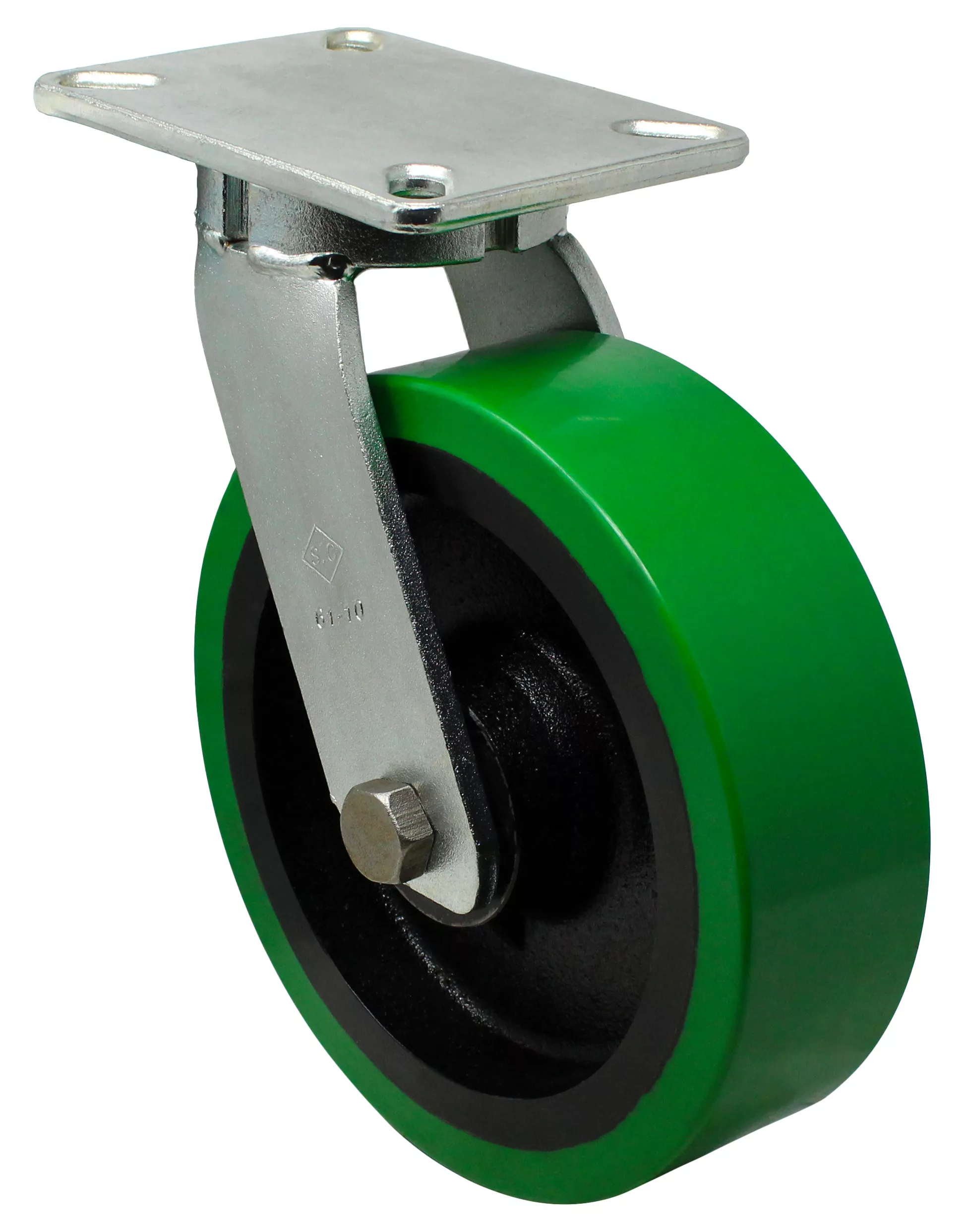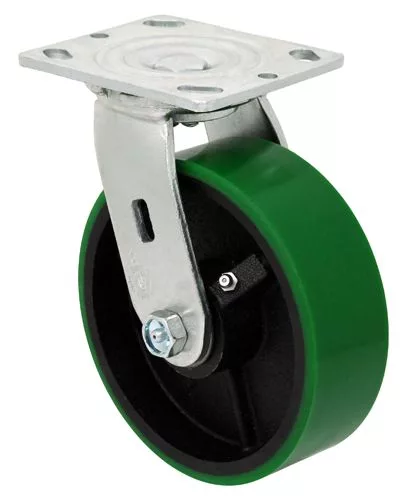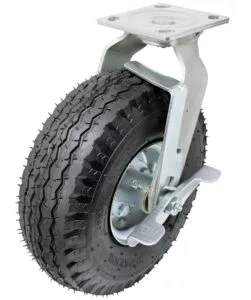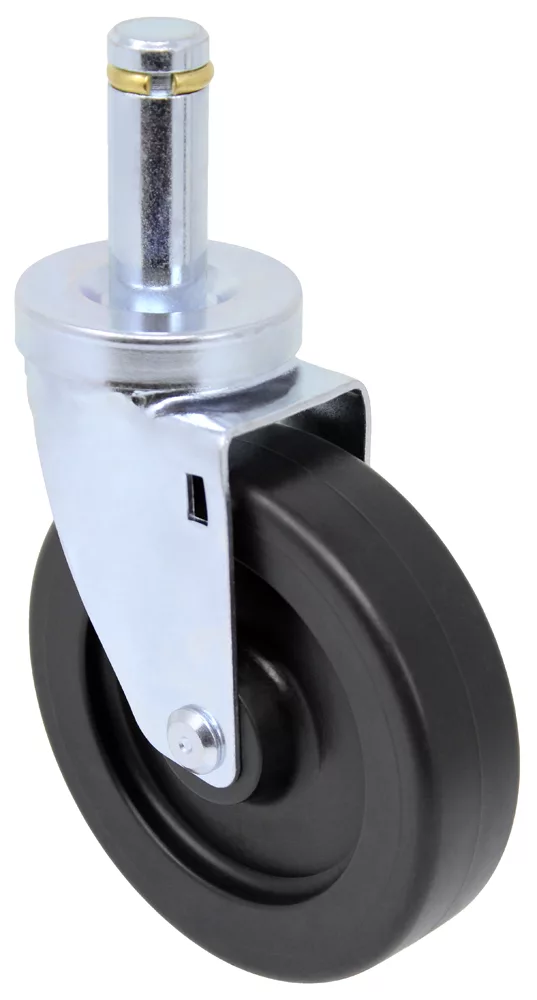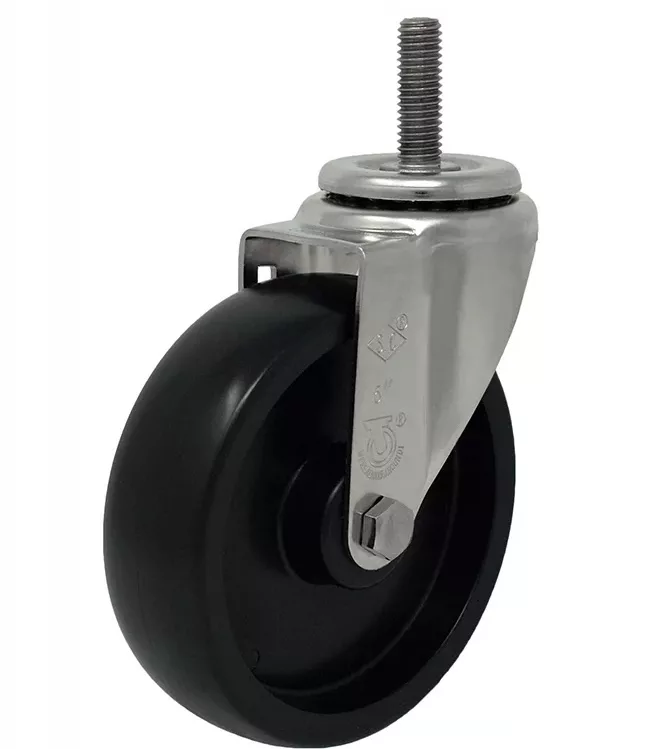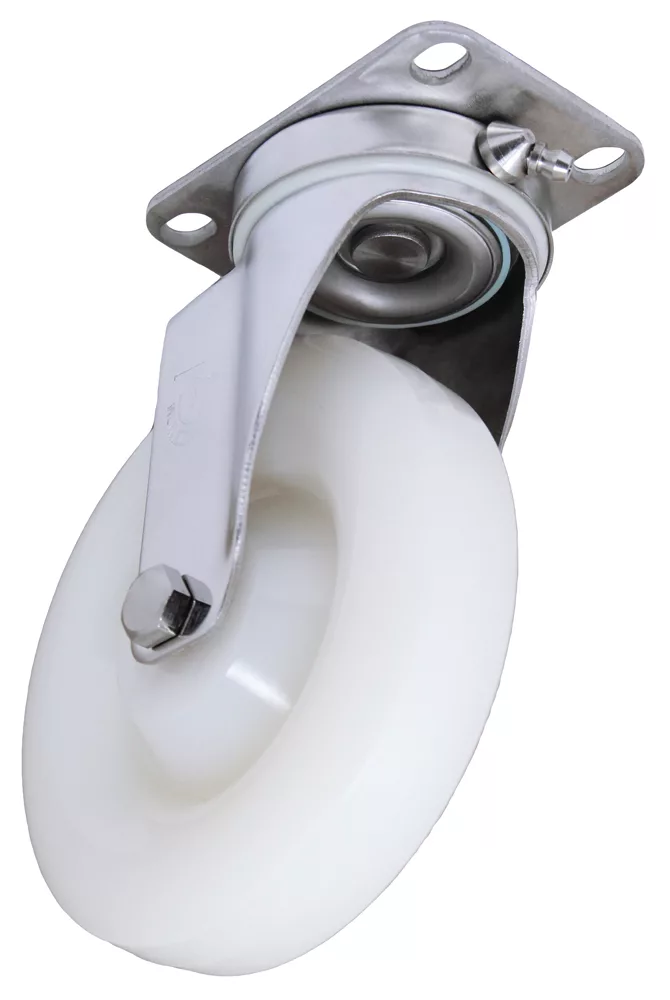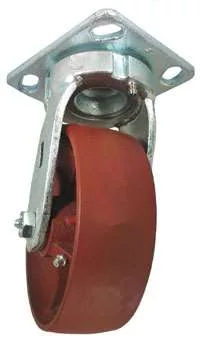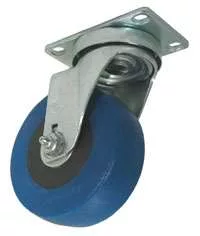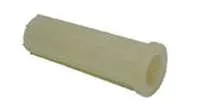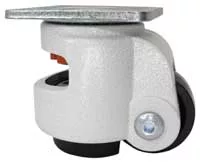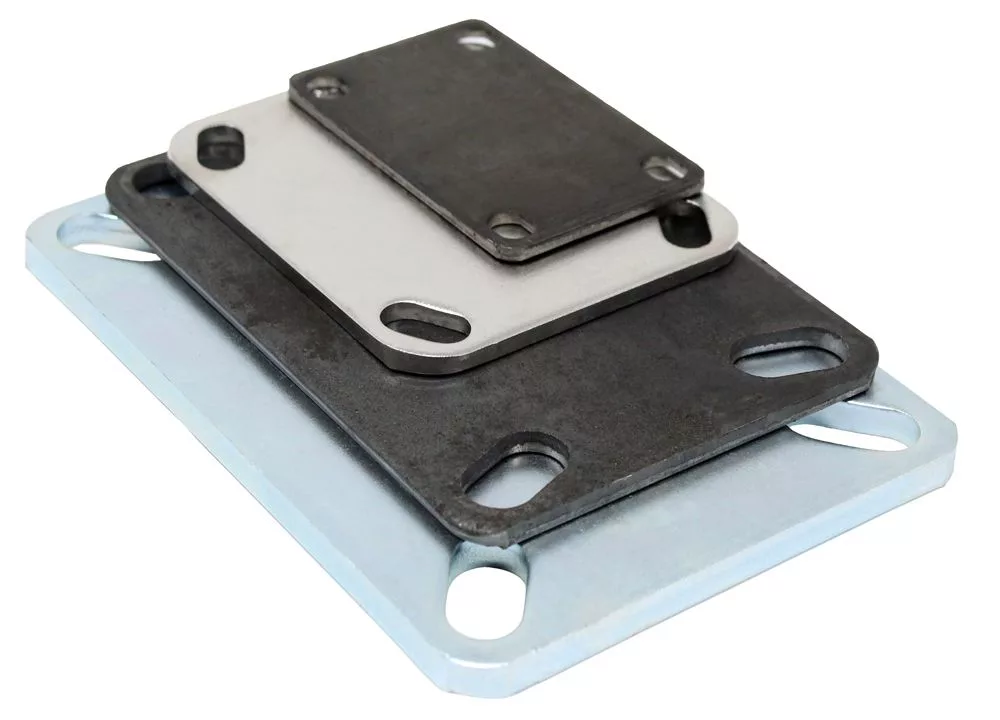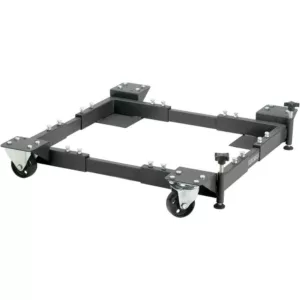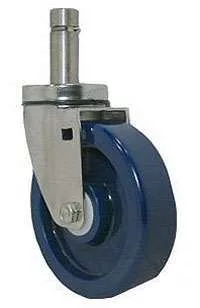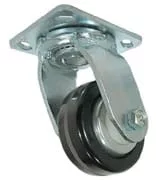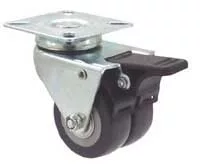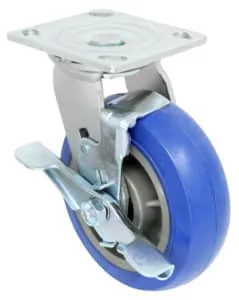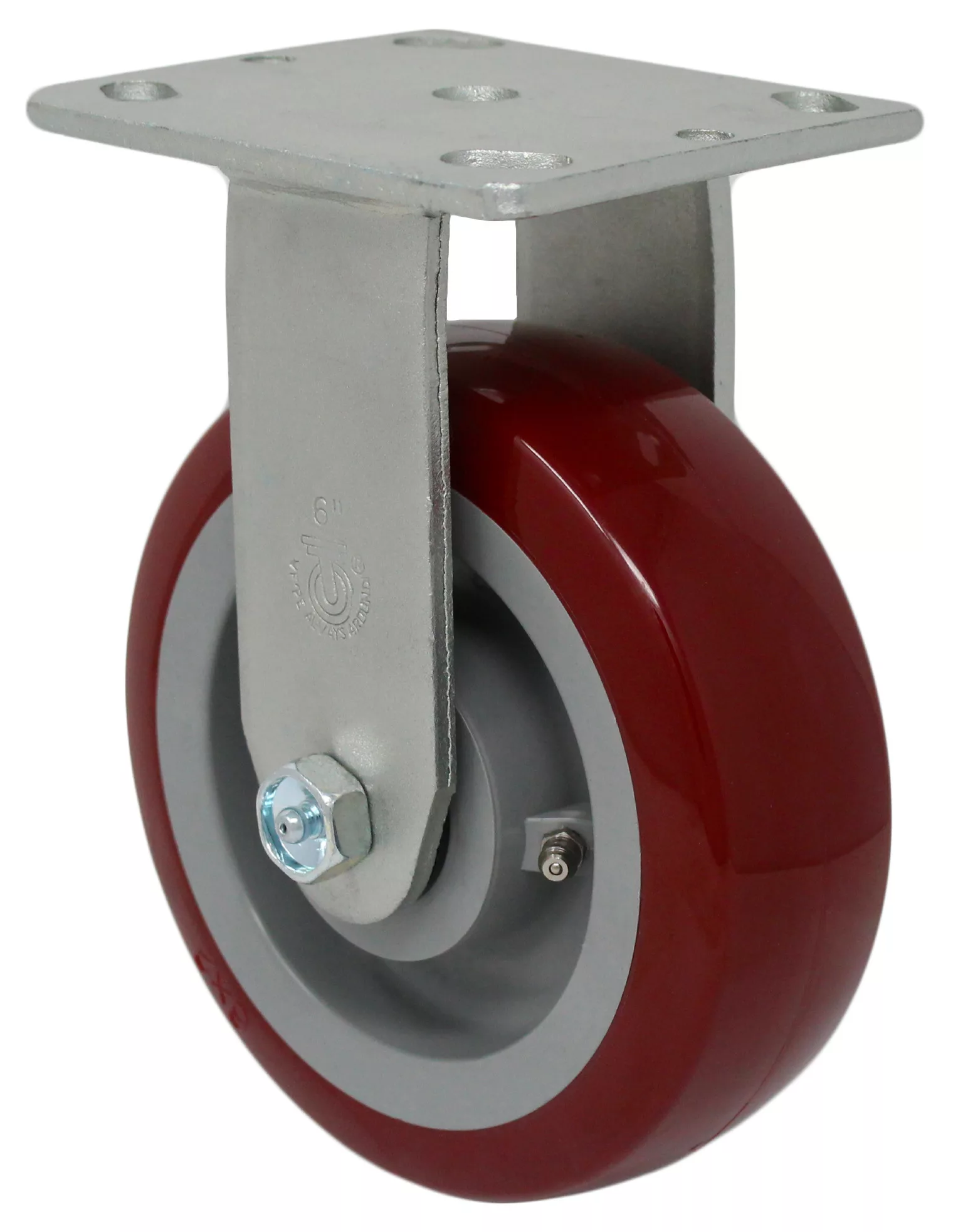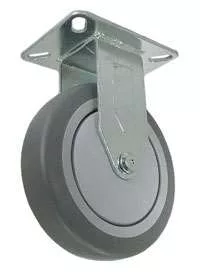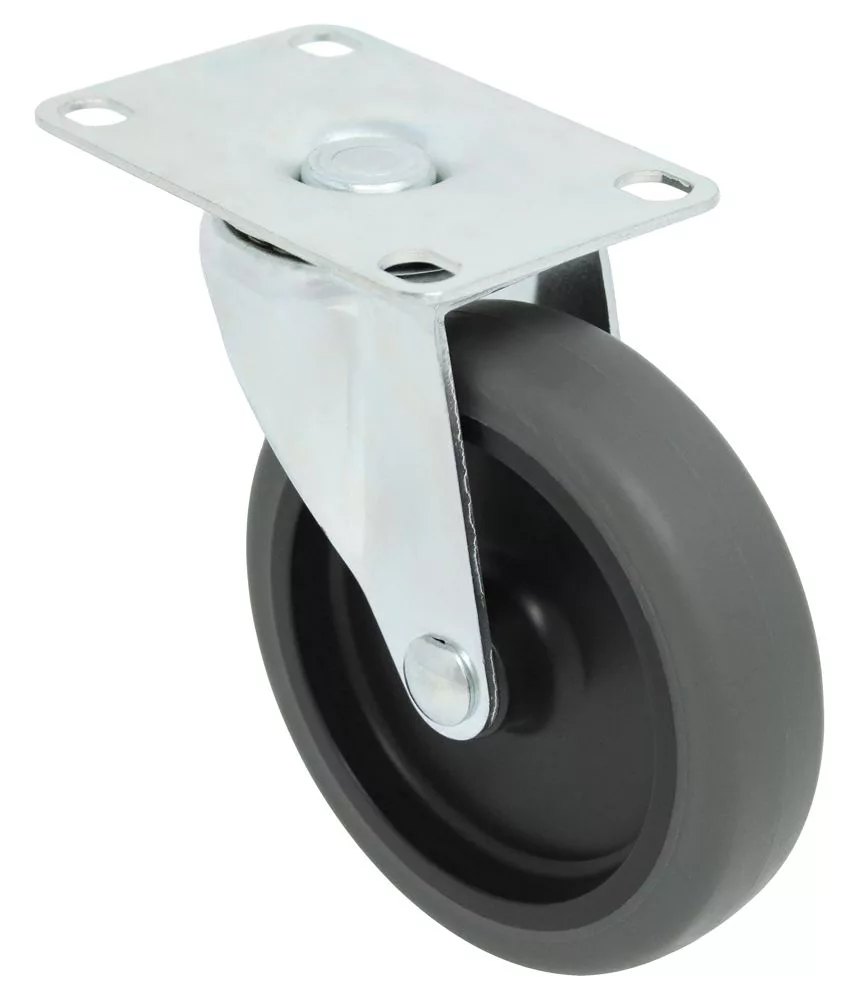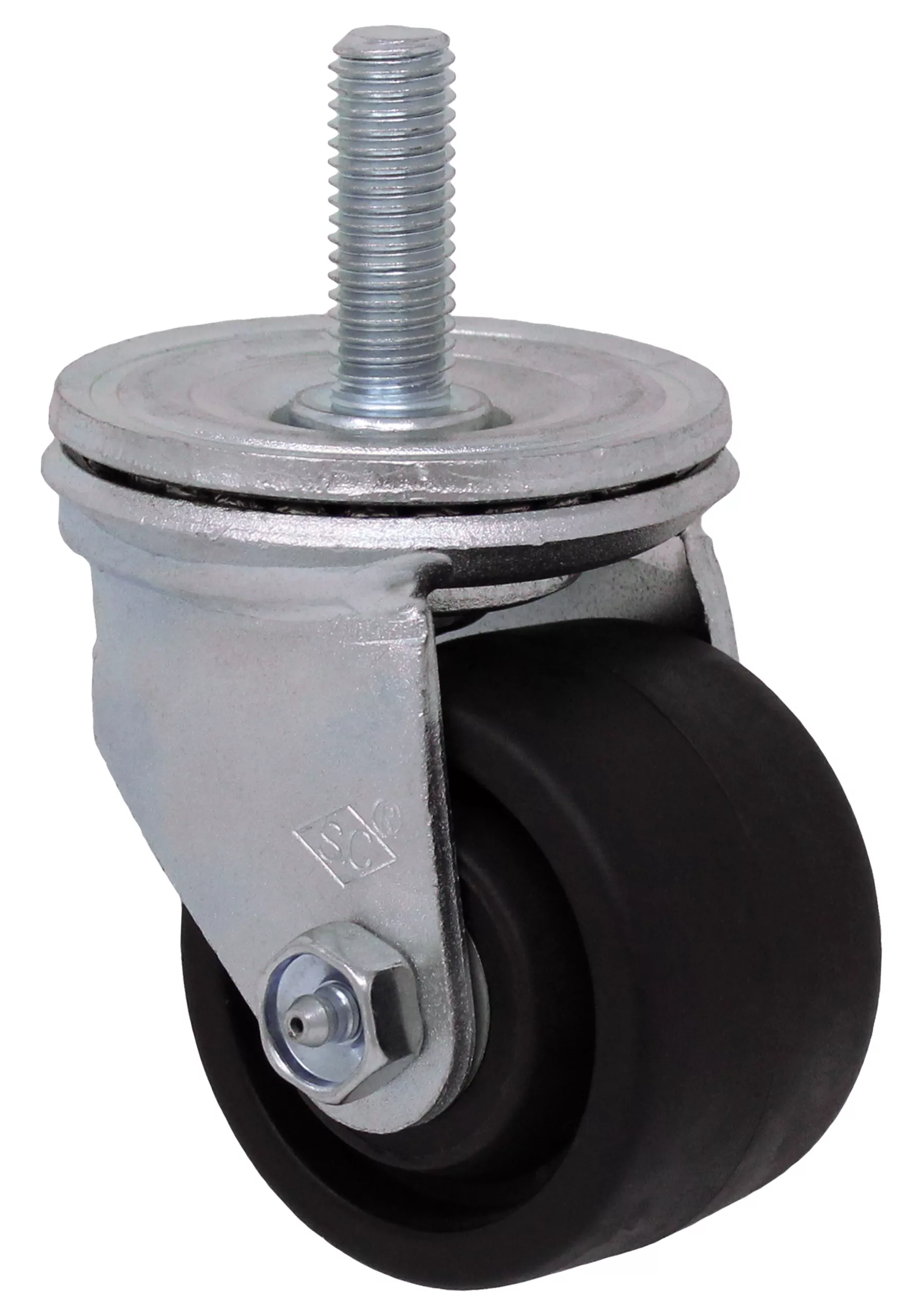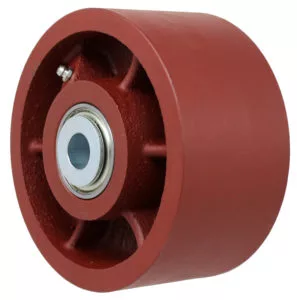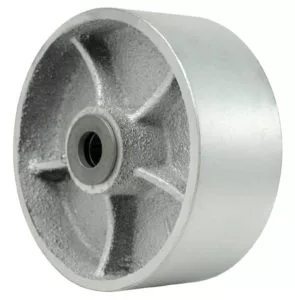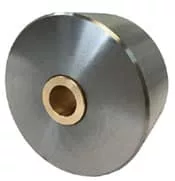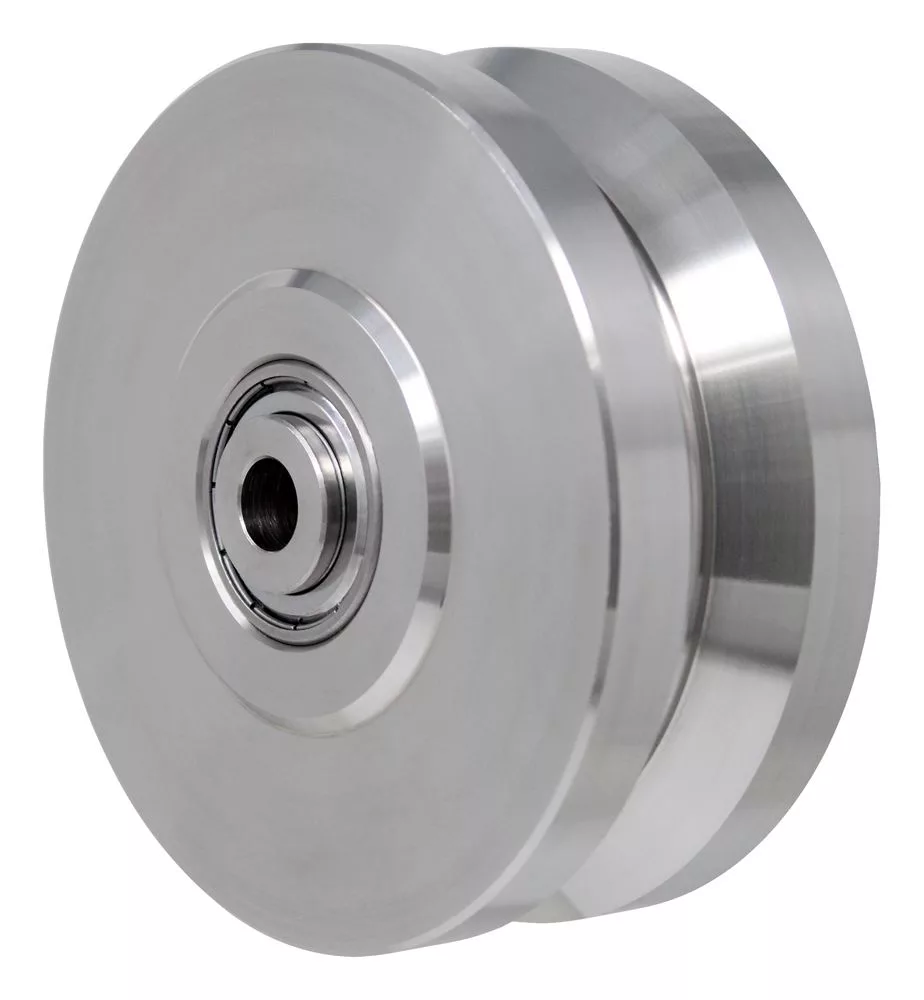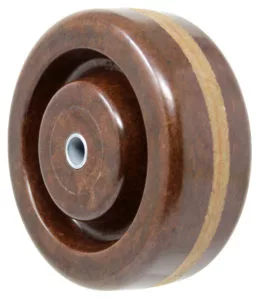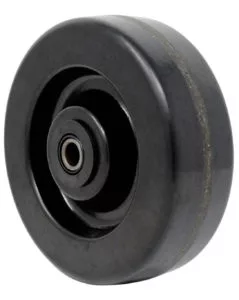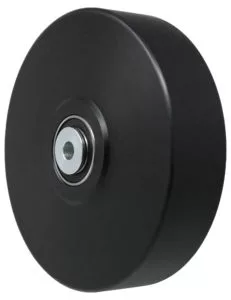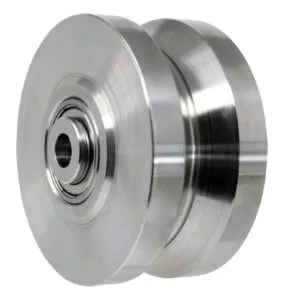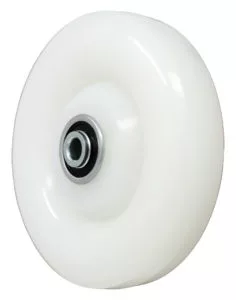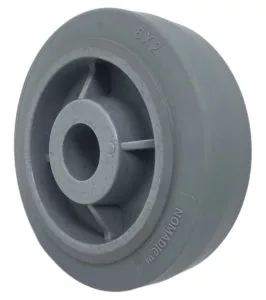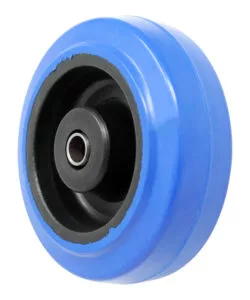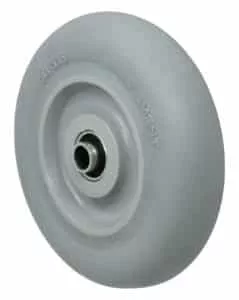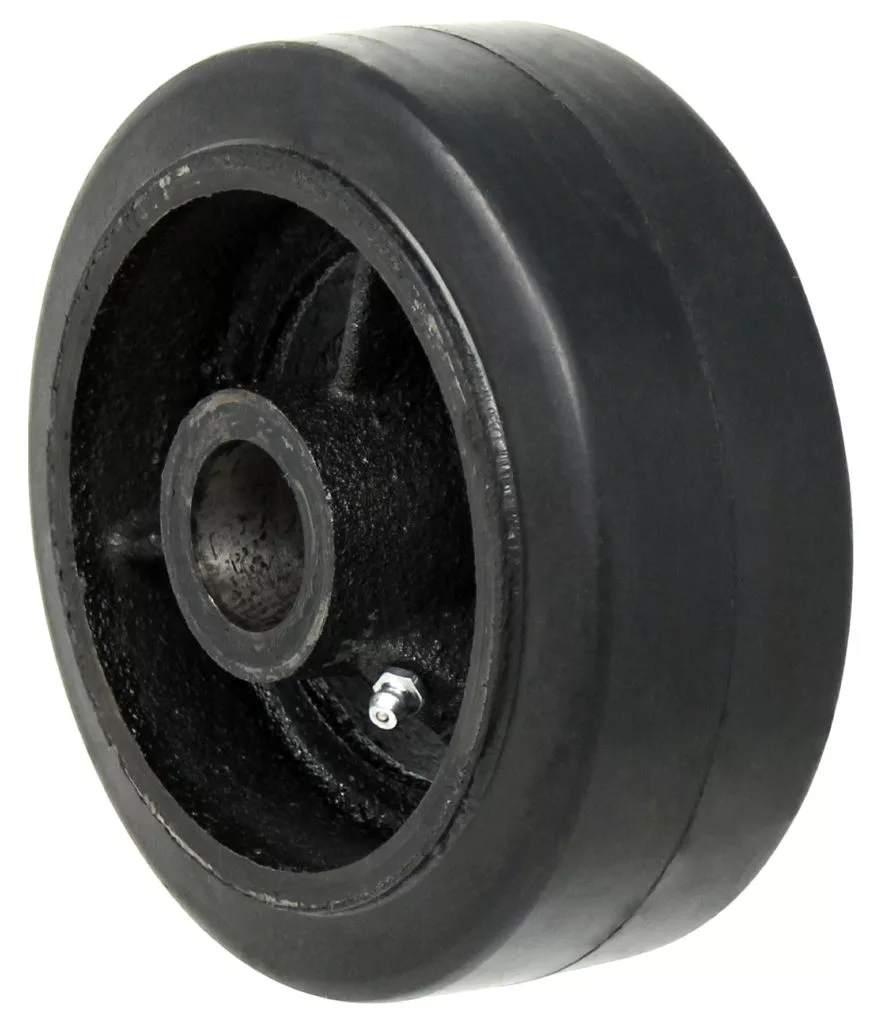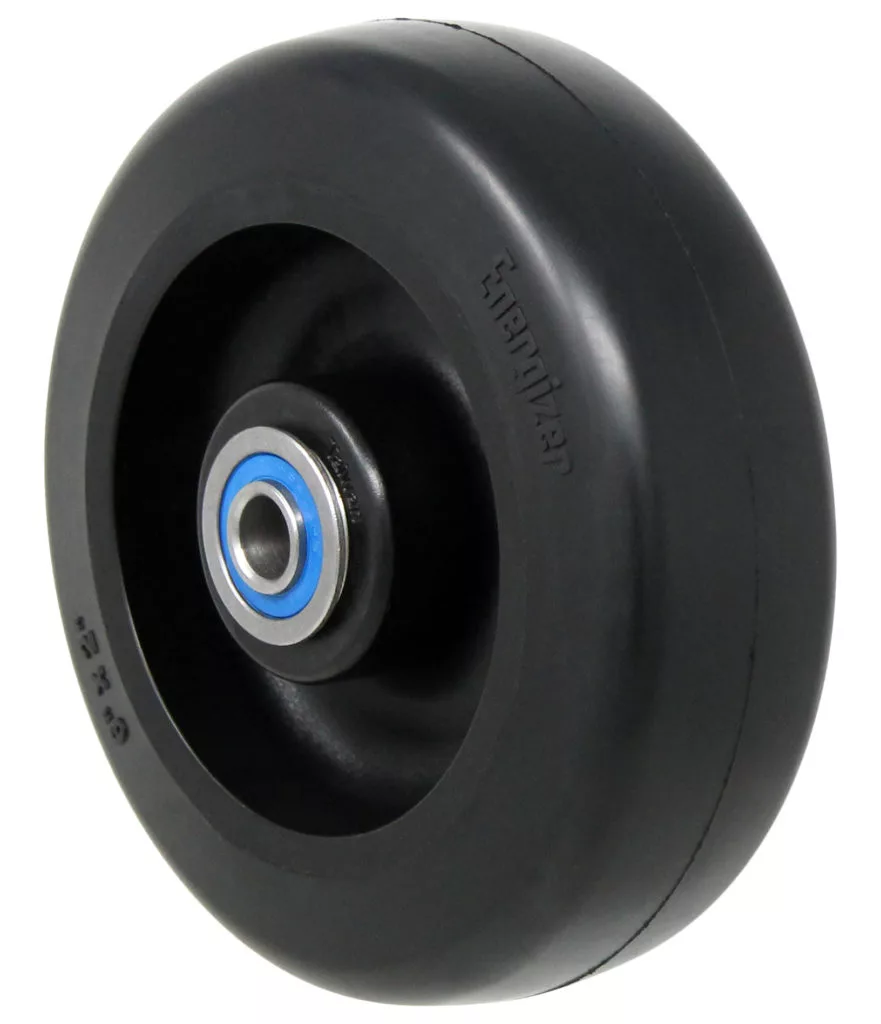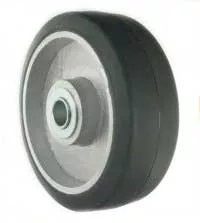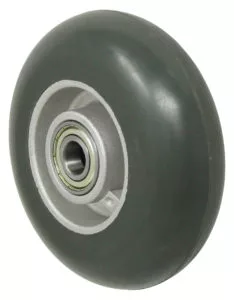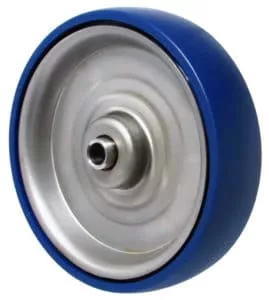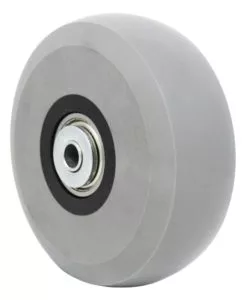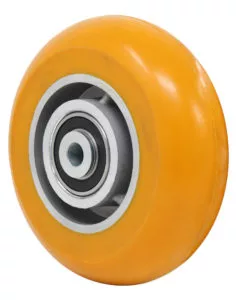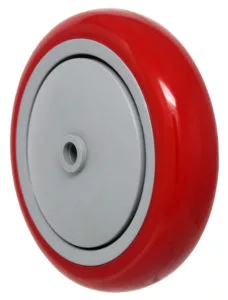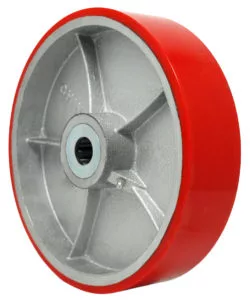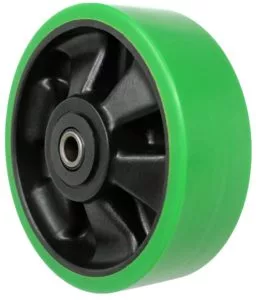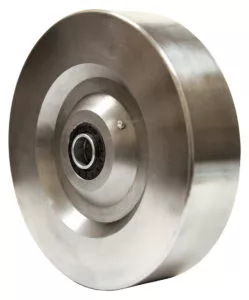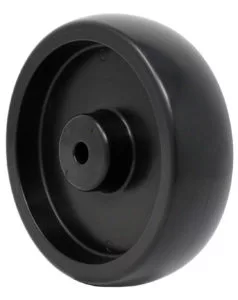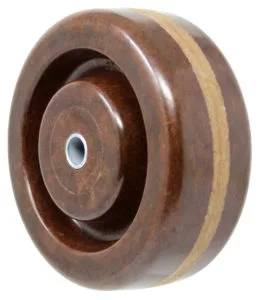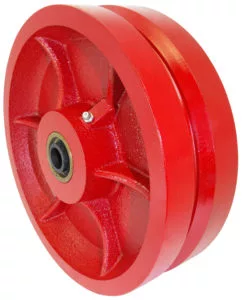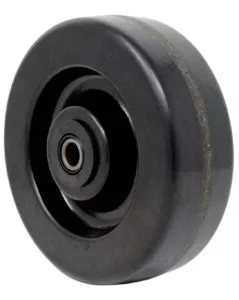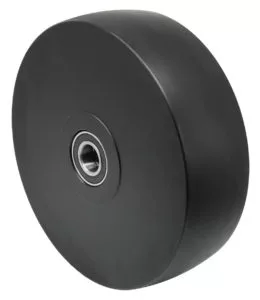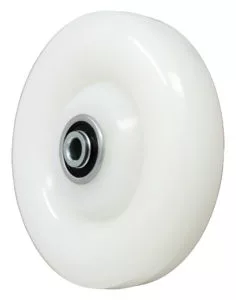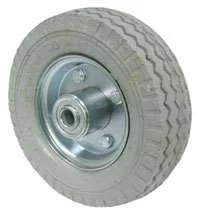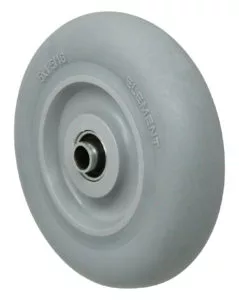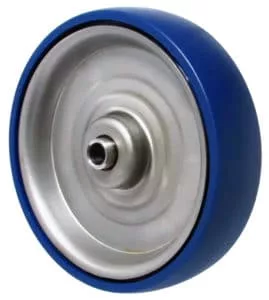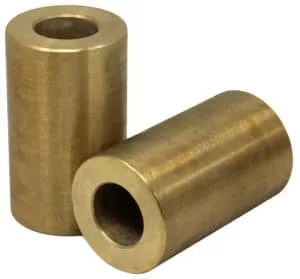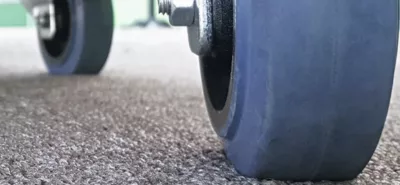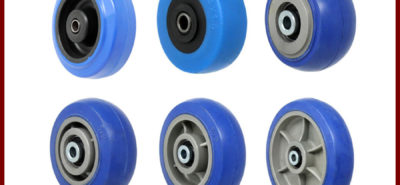Finding The Right Casters for Your Job

Looking to find the right caster for your job can be tricky. Luckily, we’re industry-leading industrial caster manufacturers and we are here to help you all along the way.
So, you know you need some casters but how do you pick the right casters?
You could be looking for casters for your commercial kitchens or the new office space. Whatever your need be, we will be discussing how to select the right caster for your application and by the end, you will have all the information you need to make an informed choice!
How to Find the Right Casters?
When looking at industrial casters, you need to consider a few things because not all casters will work well in all situations.
Here are some essential questions for you to guide your decision.
- How should the caster attach to the furniture or equipment? (Plate Mount or Stem?
- What type of load-bearing does your caster need?
- What kind of movement is required, linear or multidirectional?
- What type of flooring will the caster run across?
- Do you need any special features, like locking casters?
- Are looks important for your industrial caster?
These are all important questions that you need to answer so that you can pick the right type of caster.
Check out our guide for everything you need to know about Industrial Casters here.
How Should Your Caster Attach?
There are only two primary types of industrial casters: Stem (Post) casters, and Plate (Screw-On) casters.
- With stem casters, you are generally inserting a stem insert so that you can clip or screw the stem caster into the cavity.
- With plate casters, you attach the plate to the bottom of your furniture or equipment with screws.


Both work as great casters; it will depend on the equipment or furniture that requires casters to see which kind will work the best or be installed the easiest.
How Much Weight Should Your Caster Take?
Understanding the weight of your equipment or furniture and how much extra weight could be added through equipment or people sitting on the furniture will help determine what type of caster could be best, or at least allow you to calculate which ones are unacceptable for the task. Consider how much weight crane casters need to handle, going from just the frame up to 2 tons in some situations.
Calculate the weight of your equipment, any materials that will be added to increase that weight, and then calculate if your caster(s) can handle that weight. To find the maximum weight of 1 of the casters that you like, multiply that weight-bearing capacity by however many casters you will install, and then ensure that the caster weight-bearing capacity is higher than your equipment and materials weight.
An interesting scenario would be if somebody sat on a chair that had a weight capacity of 400 lbs, and the person and chair were just under 400 lbs; however, what happens if that person rocks in the chair or tips it back or to the side, not all of the casters will be bearing the load, and it could collapse due to doubling the load of two casters when two are not being used.
Your casters and design need to account for how the equipment or furniture could be used. You also need to double-check with your industrial caster manufacturers which of them can handle the biggest loads. Some may not be producing heavy-weight-bearing industrial casters in the types that you’re looking for.
Contact us for the best help. Most people OVERESTIMATE their caster weight loads.
What Movement Is Required, Linear or Multidirectional?
Consider what the equipment or furniture will be doing; if it’s just moving items from point A to point B, then it just needs industrial casters that can perform linear movements.
However, if you’re setting up a desk chair or crash cart for a hospital, then you need a swivel caster that can easily handle moving in all directions with no delays.

What Type of Flooring Will Be Used?
Your flooring and how you want to treat it can impact what casters you’ll need. If you have delicate flooring that you need to protect, then rubber or polyurethane casters will be better options as they won’t damage your floor as some other casters will do.
Even if you’re on heavy duty casters, you’ll find polyurethane industrial casters are a better option to move around smoothly and not cause chips out of the concrete.
While steel casters are great for concrete when not moving too much but heavy load-bearing is required.
If you’re on heavily carpeted floors, then you want the harder casters that can deal with that, and the higher the carpet, the bigger the actual wheels on the caster should be.
You’ll also have to determine if you’re on a slope or flat surface, as different materials can grip better on slopes depending on what the flooring is made of.
Overall, polyurethane casters are one of the better all-around options, except where heavy load-bearing is required, like in crane casters, and then you need steel or iron casters to take on the task.
Do You Need Special Caster Features?
Industrial casters often need some special features, even if it’s just locking mechanisms. You may even find that some of your casters need shock-absorbing features, or if you’re in a hospital or high-tech facility, then you need anti-microbial casters or anti-static casters.
So consider what features would make your casters work better, and you’ll probably be able to find various types of industrial casters that will meet your needs; you just have to think about what your needs are.
If you’re trying to move highly delicate equipment or materials, then you may need to consider things like pneumatic casters that are designed for low-speed manual movements, with air-filled wheels that provide a cushioned ride, shock absorption, and quiet operations. These types of industrial casters would be ideal for transporting delicate computer equipment or medical testing materials.
You may even need casters that won’t roll on floors but will go along inverted angle tracks, and then you’ll need to be looking for v groove caster wheels.
Not all industrial caster manufacturers allow all of these features either, so it’s important when you’re looking at features and the casters you’re looking into actually offer what you need. Talk to our team and we can help you make the right decision!
Do Looks Matter with Your Caster?
Does it matter what your casters look like? Do you want them to look a little nicer, or does it not matter in a machine shop what your crane casters look like? Matching your industrial casters to your environment may or may not be important to you.
If it does matter, you can get colored casters or decorative casters or pick a type of caster that matches your environment. Such as shiny chrome casters for medical environments or tech offices. You can even modify the size of the casters to be bigger or smaller for a more or less prominent view of them.
You should be able to get a full range of colors from your caster manufacturers, along with a good range of decorative options if that’s what you’re looking for. Which is exactly what we can do. Shop our selection today to find out more.
Caster Selection Guide: FAQs
Q1. What are the Best Casters for Hardwood Floors?
A: For hardwood floors, it’s crucial to use casters that won’t damage the surface. We recommend soft, non-marking wheels, for hardwood floor use.
These wheels are gentle on floors, preventing scratches and scuffs. Additionally, consider casters with a balanced weight distribution and well-designed swivel mechanisms, like the Soft Wheel Swivel Caster with Ball Bearing, to reduce the risk of floor damage.
With those factors in mind, here are three of the best caster wheels for hardwood floors:
Gray Rubber – Dark Chrome Elite Furniture Caster: Buy Here

These wheels are made of gray soft rubber, which is ideal for hardwood floors. The rubber wheels on this caster provide excellent traction and durability, while the dark chrome body gives it a sleek, professional look. Finally, the grip ring stem mount also makes it easy to attach to your furniture and the rubber tires provide a smooth ride on any hardwood floor surface. Available in diameters of 2 inches and 3 inches.
Gray Rubber – Bright Chrome Elite Furniture Caster: Buy Here

This furniture caster is the perfect way to add a touch of luxury to your home. They are made of high-quality non-marking gray soft rubber and a bright chrome finish. They provide a smooth and easy rolling for your furniture. They also have a stylish design that will complement any décor. Also available in diameters of 2 inches or 3 inches.
Chair Caster with Gray Soft Rubber Wheel: Buy Here

Turn any chair into a soft, comfortable ride with our gray soft rubber wheels. These casters have ball-bearing swivels at the base of the stem and a black powder-coated finish to the metal body. However, the wheel does not have precision sealed ball bearings like the above casters. The wider wheel is generally used in a nonresidential application like a warehouse. It has an industrial look.
Q2. Which Casters Are Suitable for High-Temperature Environments?
A: In high-temperature settings like bakeries or industrial kitchens, regular casters aren’t suitable. We suggest the Phenolic Resin High-Temperature Casters, capable of withstanding extreme temperatures without losing integrity. These casters maintain performance and load capacity, even under stressful conditions.
Q3. What Casters Should Be Used in Animal Laboratories?
A: In animal laboratories, cleanliness and noise reduction are important. Opt for Stainless Steel Washable Casters, which are easy to clean and sanitize. These casters also operate quietly, minimizing stress for the animals, and offer durability and easy maintenance.
Q4. What are Key Considerations for Caster Wheels in Butcher Shops?
Hygiene is vital in butcher shops. Choose casters that are easy to clean and resistant to bacteria, such as the Hygienic Polyurethane on Aluminum Caster Wheels.
These caster wheels are liquid cast polyurethane on aluminum centers. They are used in almost every type of application but are especially popular in Research Laboratories, Hospitals, Food Services, Schools, Butcher shops, and other Institutional applications. They withstand exposure to many chemicals and solvents and can be used in industrial applications that do not involve shock, overloading, abuse, obstructions, poor floors or storage ( standing ) loads.
Q5. What are the Recommended Casters for Retail and Office Environments?
A: In these settings, aesthetics and functionality are key. We recommend Gray rubber Wheel Casters for their sleek design and quiet operation. These casters blend well with various interior designs and ensure comfort and ease of use, enhancing both customer and employee experiences.
Given its versatility, this caster can be an excellent choice for office environments, home offices, and residential use where both style and functionality are desired.
Our casters fit most of the chair designs out there like Herman Miller, Steelcase, Urban Office, LA-Z-Boy, Knoll, Humanscale, DXRacer, HON, Staples, OfficeMax, and countless other brands.
Q6. Which Casters are Best for Industrial Applications?
A: Industrial applications demand durability and high performance. For such environments, Heavy-Duty Forged Steel Casters are ideal. They are designed to bear large loads and withstand frequent use, even in harsh conditions. Their strength and endurance make them a reliable choice for industrial settings.
Q7. What Casters Are Best for Home Office Use?
A: For a home office setting, we recommend Soft Wheel Casters specifically designed for office chairs. These casters ensure smooth movement and are gentle on both carpet and hard floors, like hardwood or tile. They also help in reducing noise, which is crucial in a home environment. For more details and options tailored for home office use, please visit our Work from Home Office Chair Casters page.
Get Expert Advice
Selecting the right caster is a balance of understanding your specific needs, the environment in which the caster will operate, and the technical specifications of the caster itself. We hope you found the information you were looking for.
If you are still unsure about the best caster for your unique situation, don’t hesitate to reach out to us. Our team of experts is just a click away!
Contact us for personalized advice and recommendations. We’re here to ensure you make a choice that keeps you moving smoothly and efficiently.

